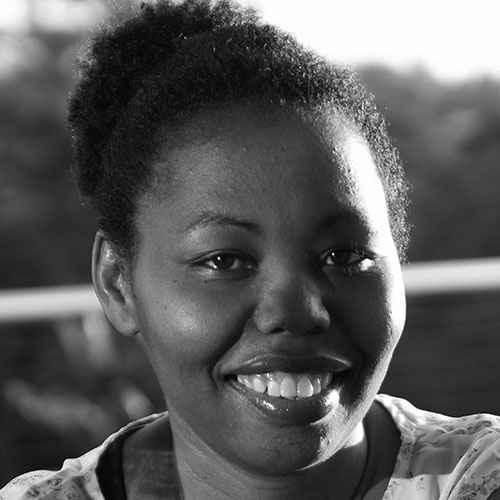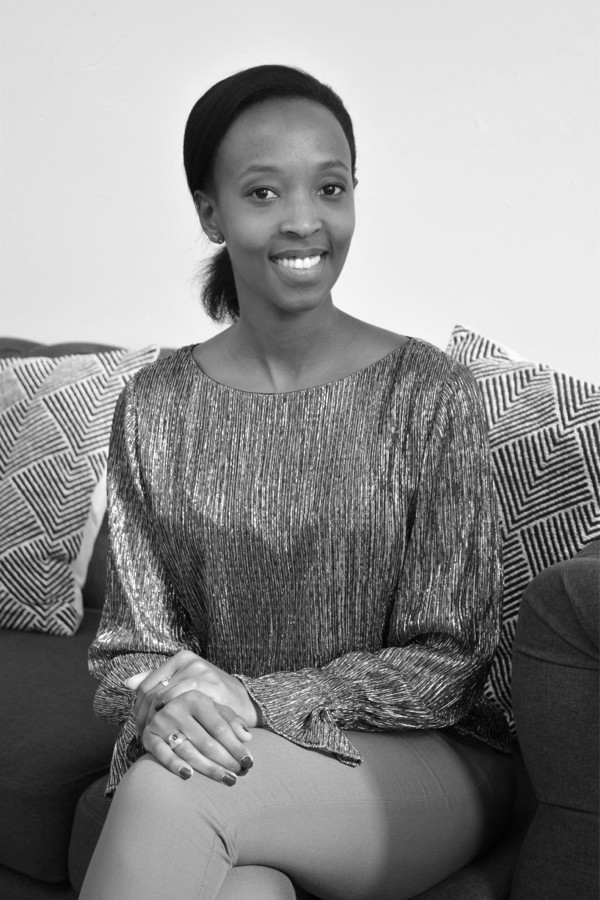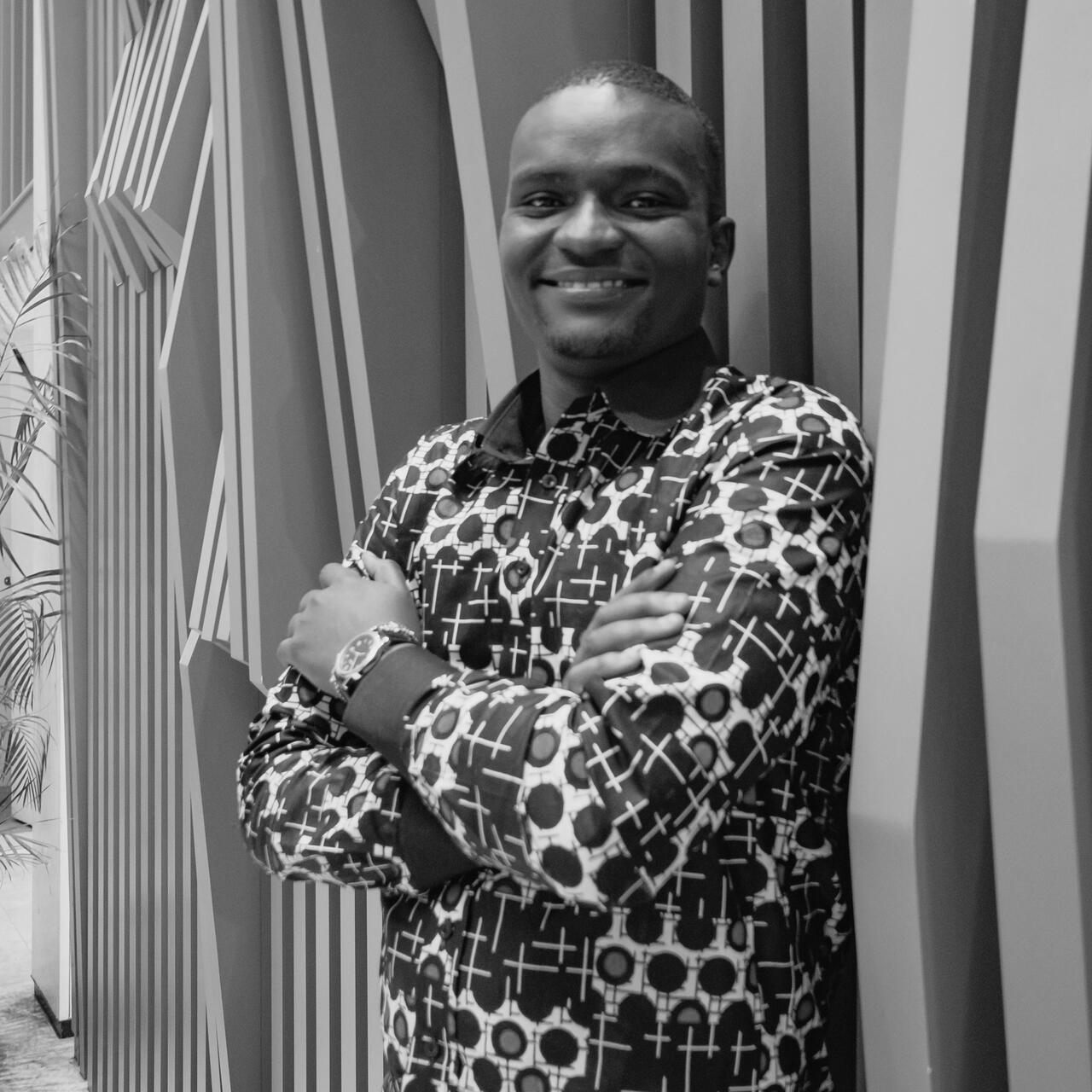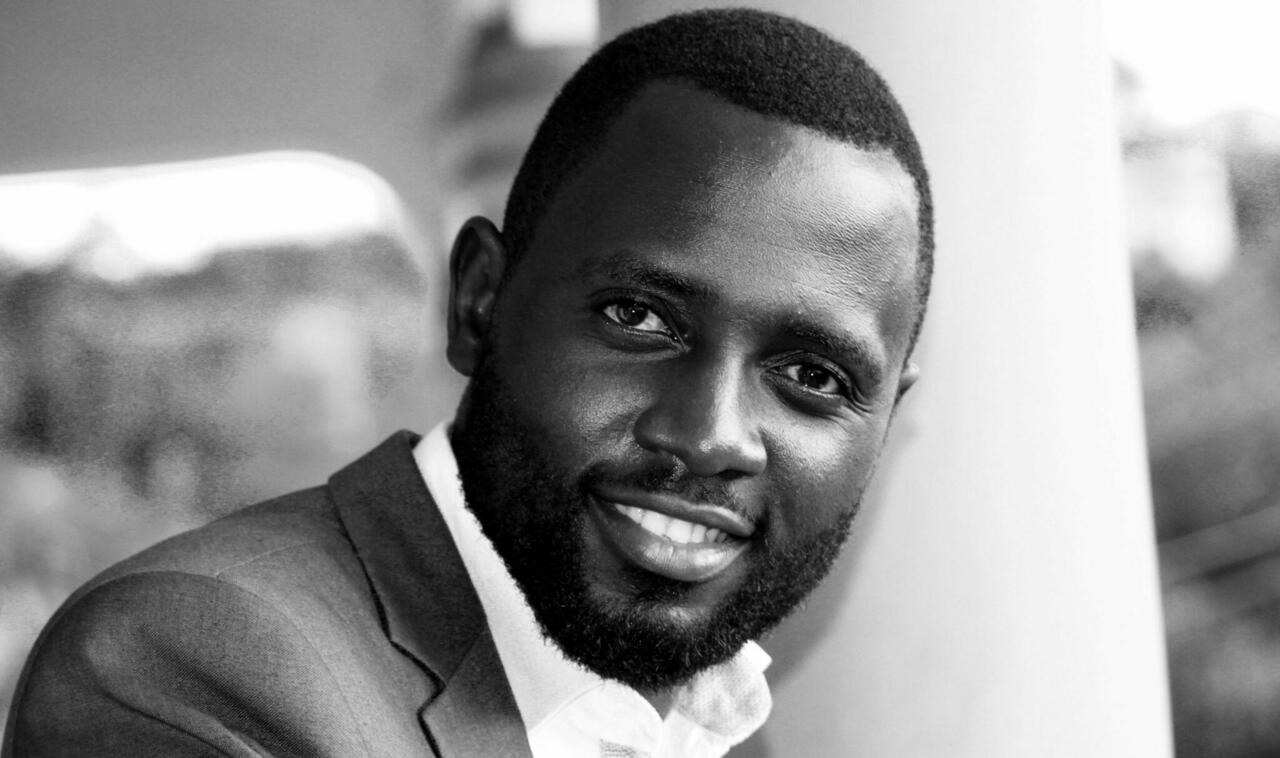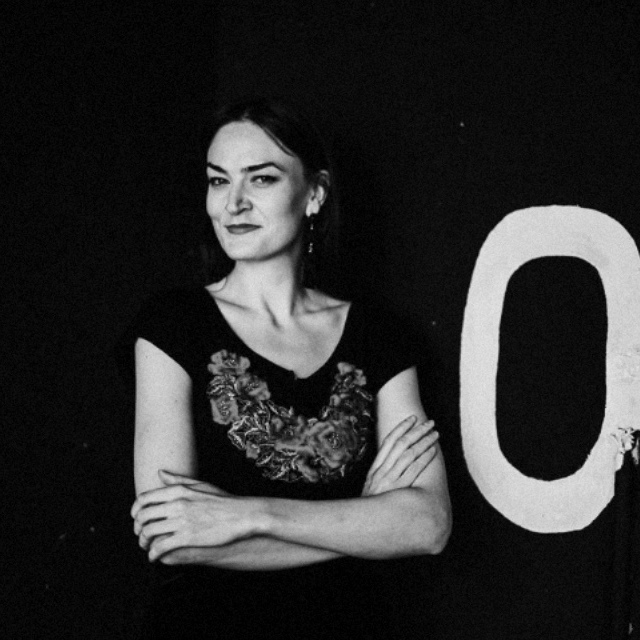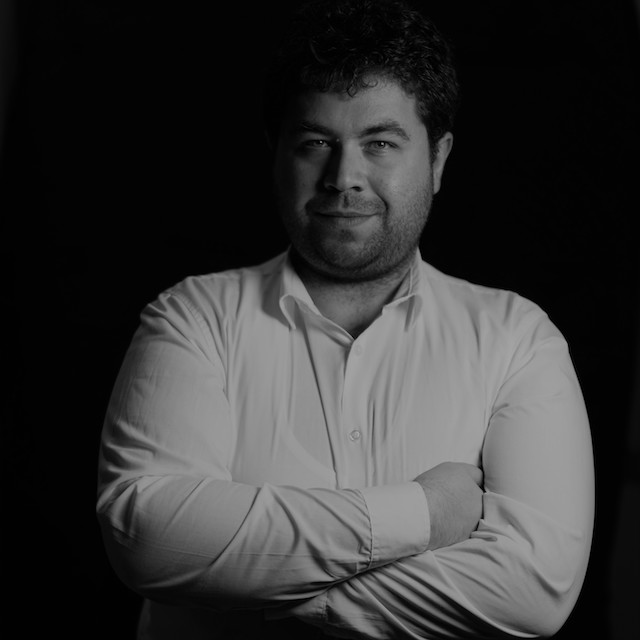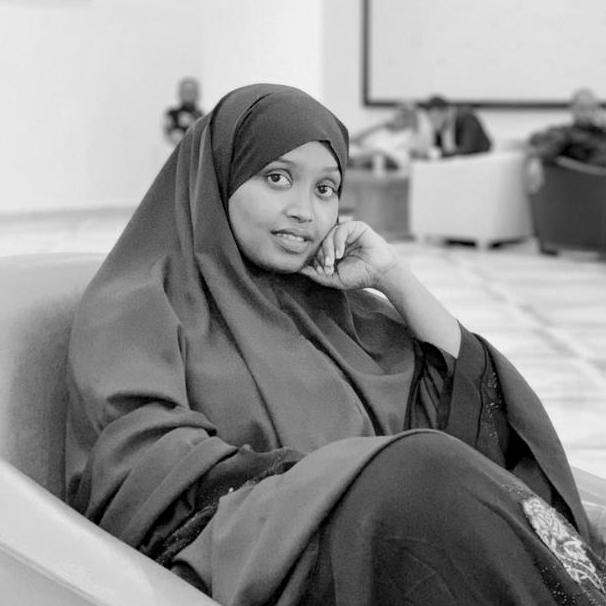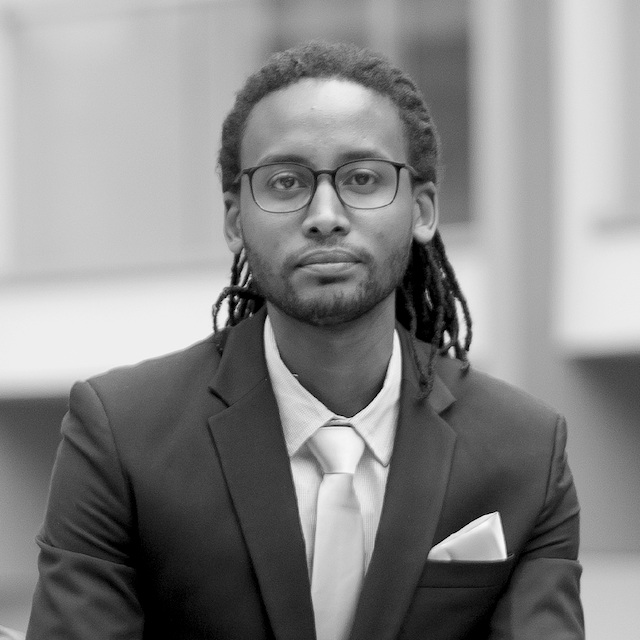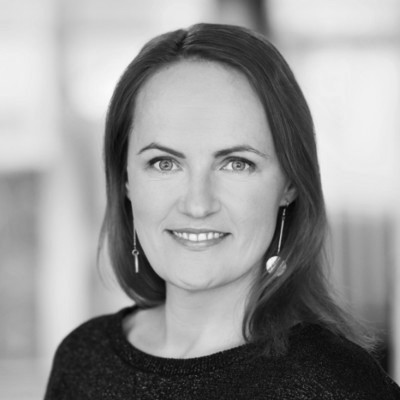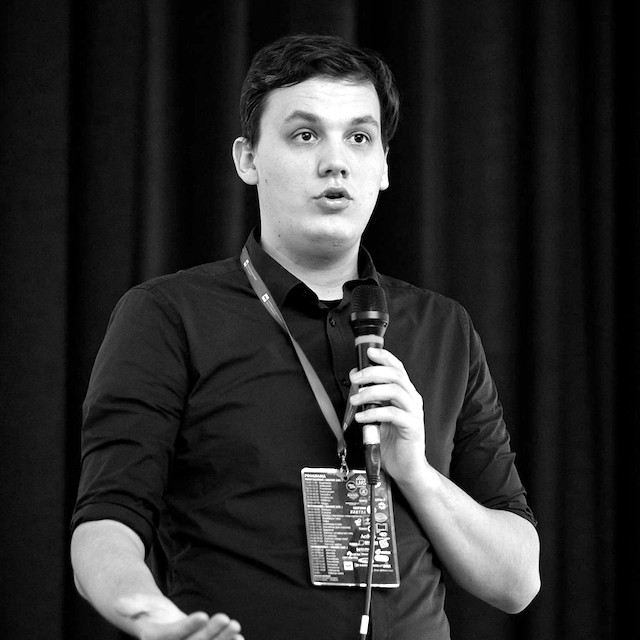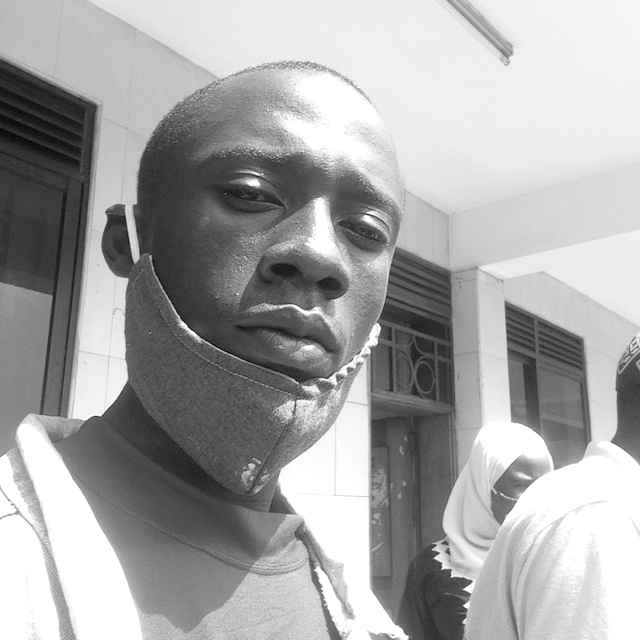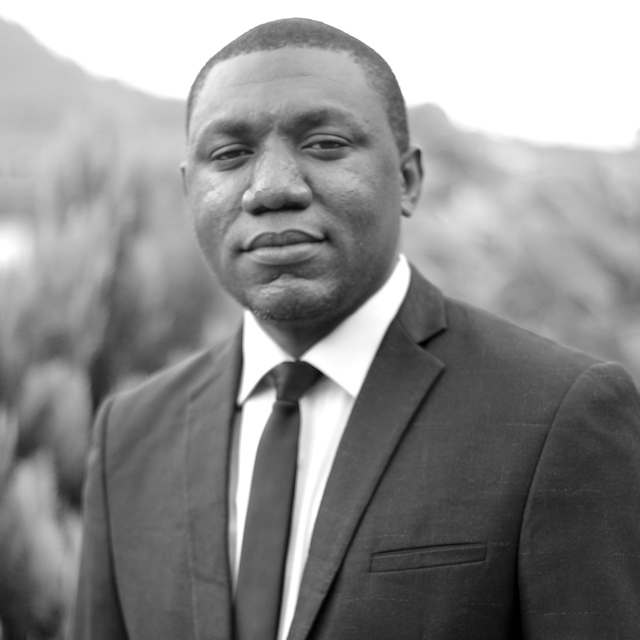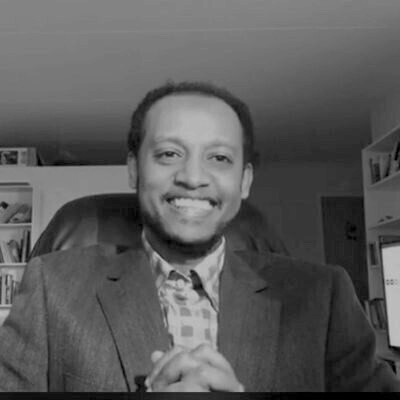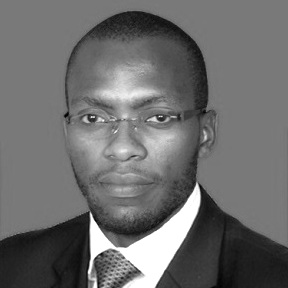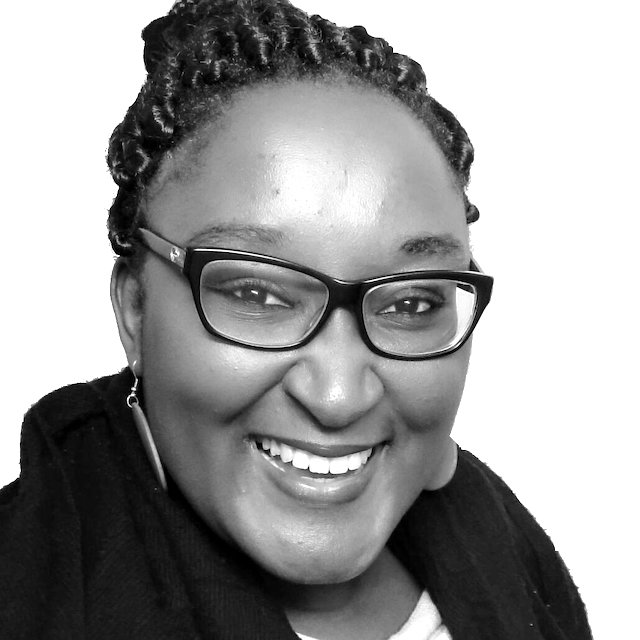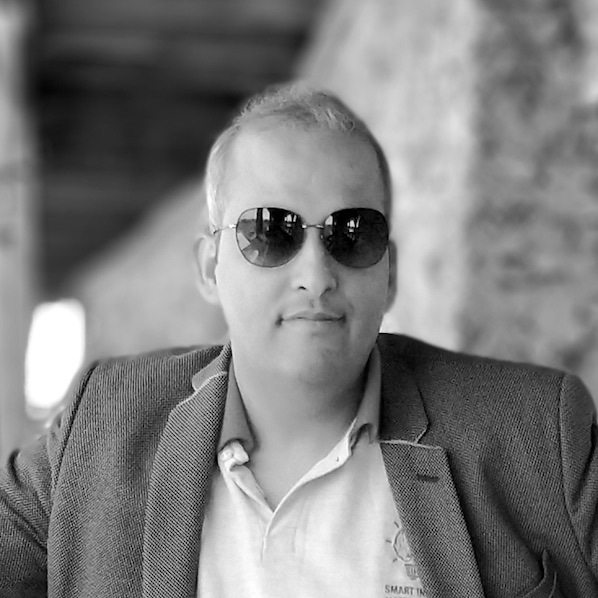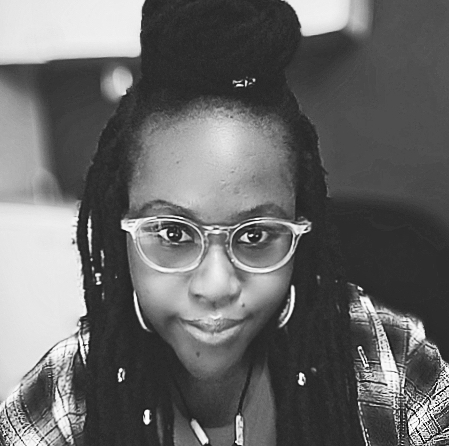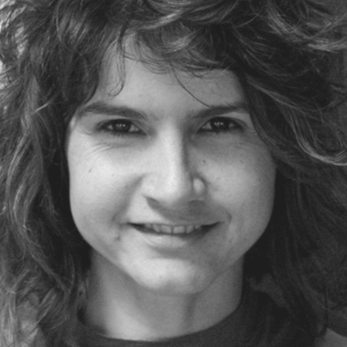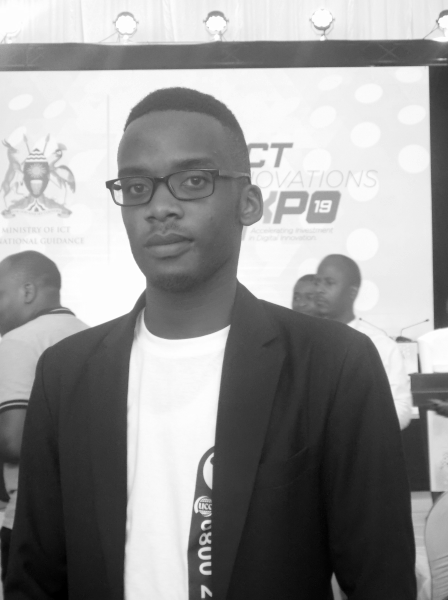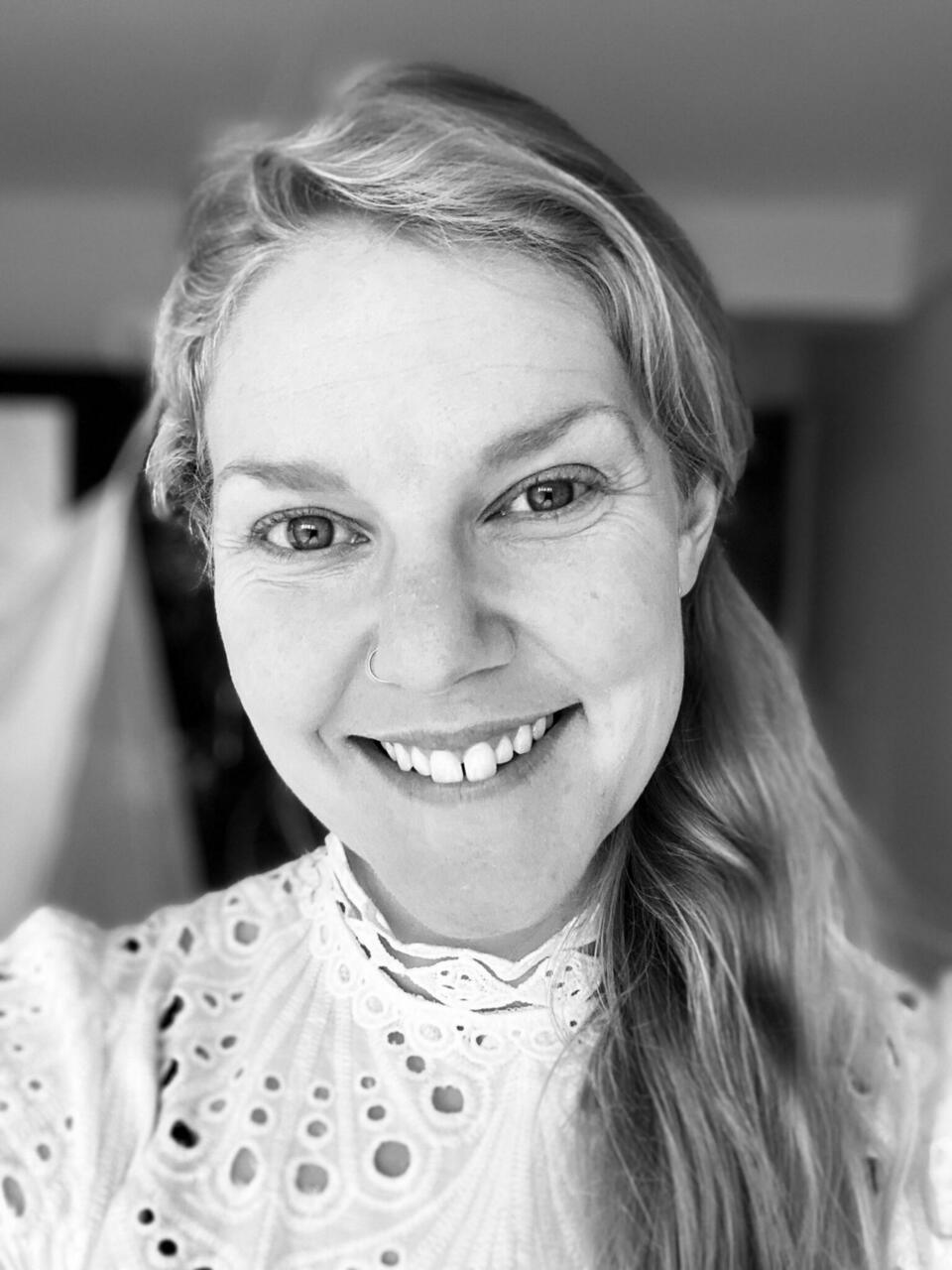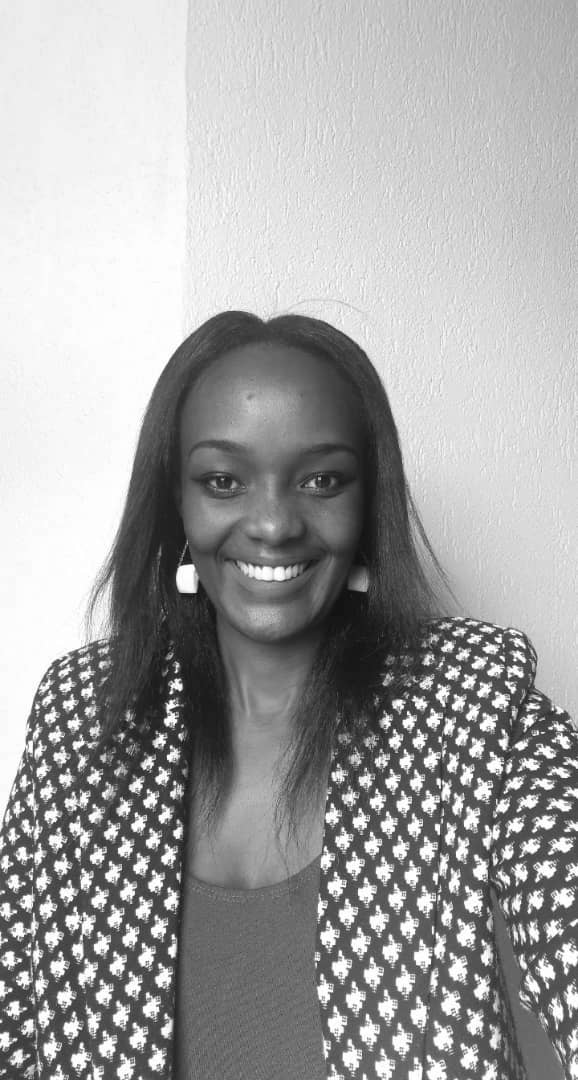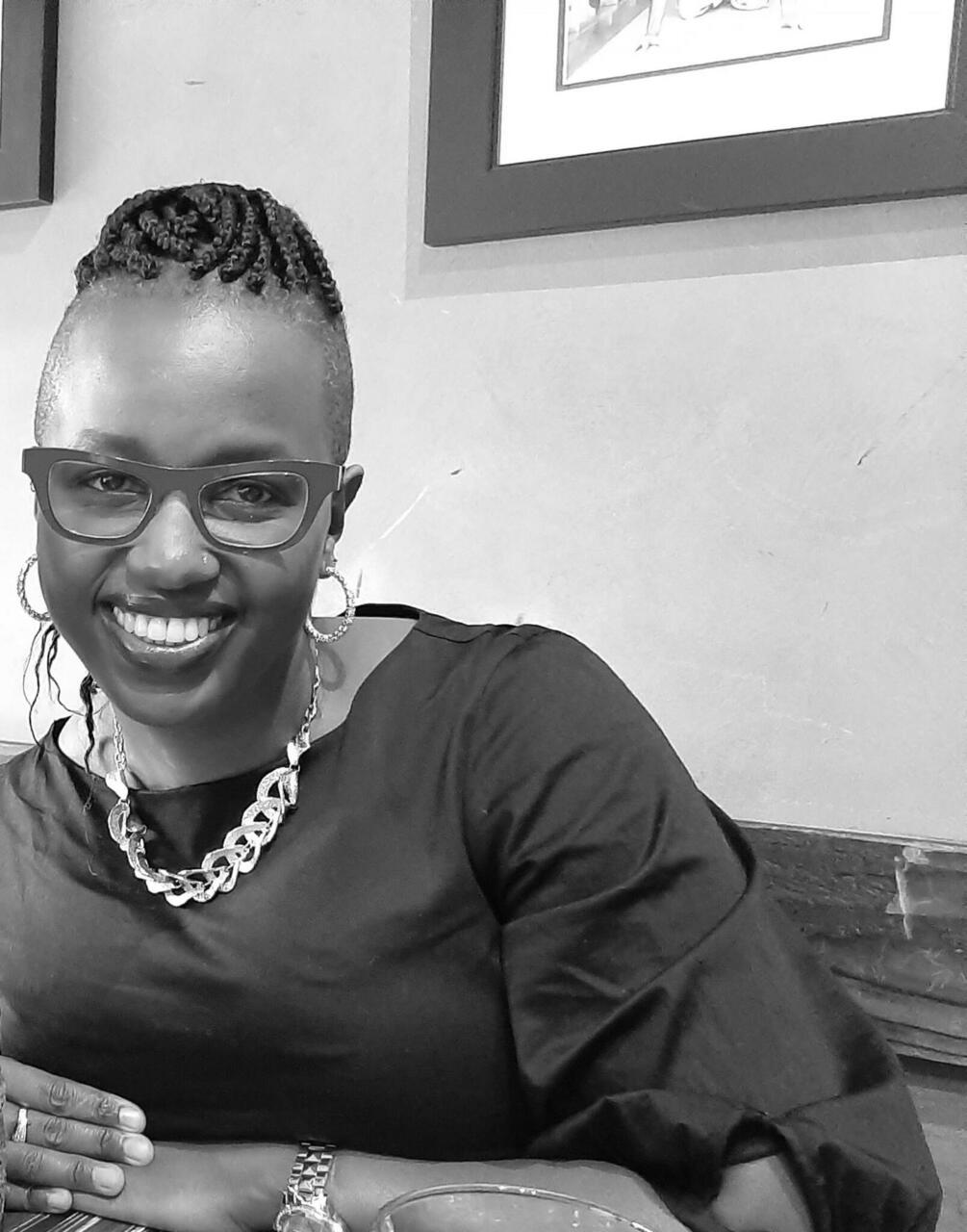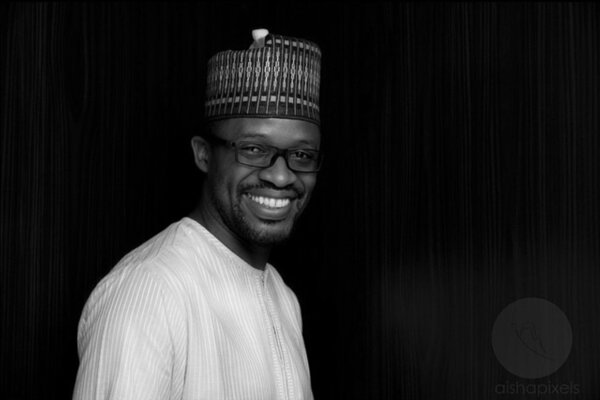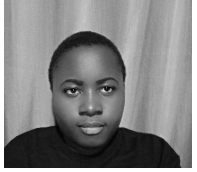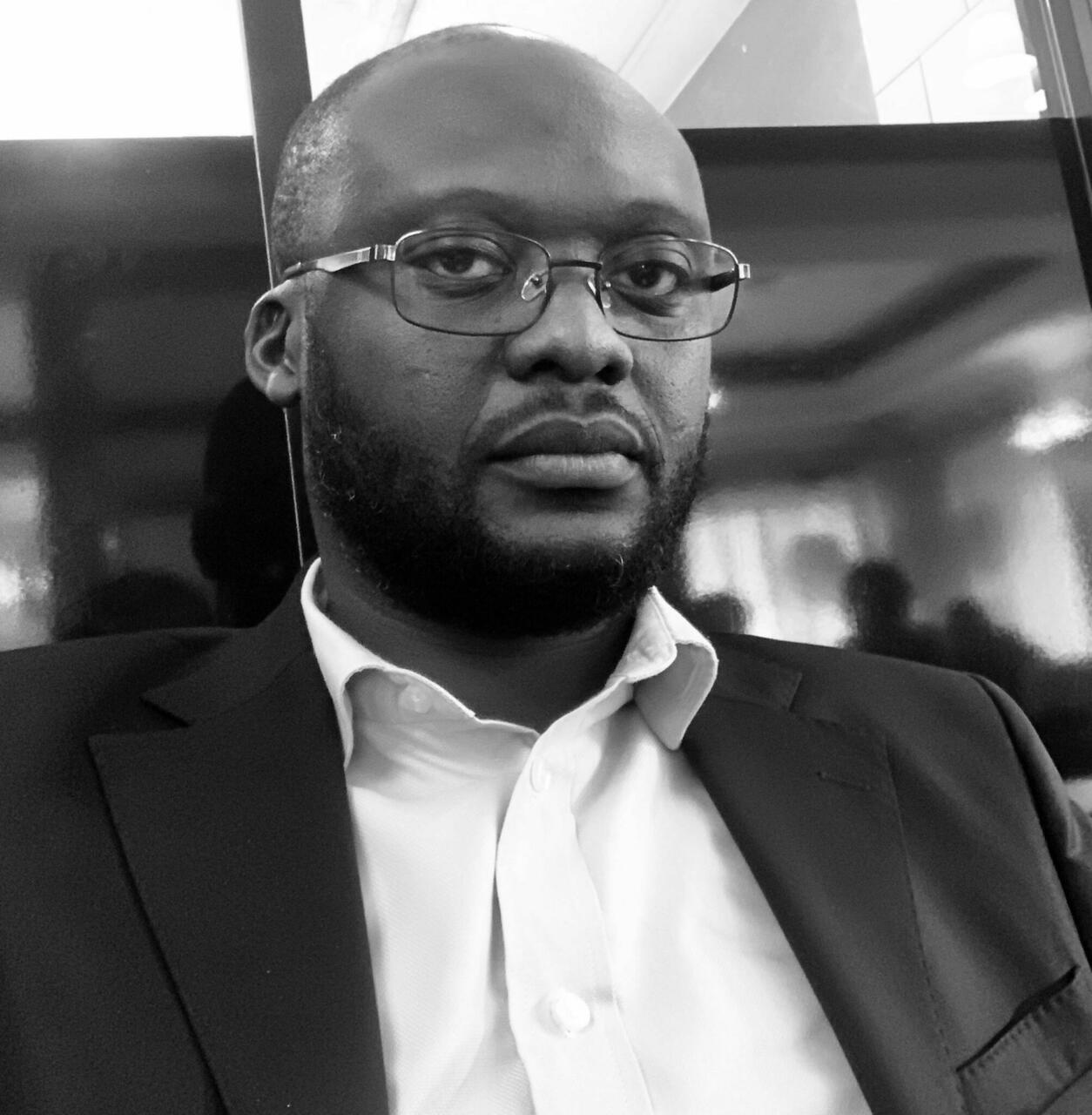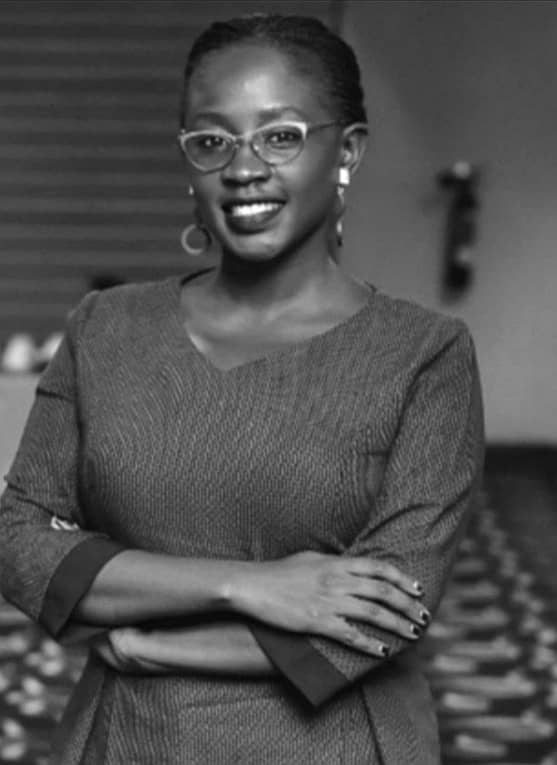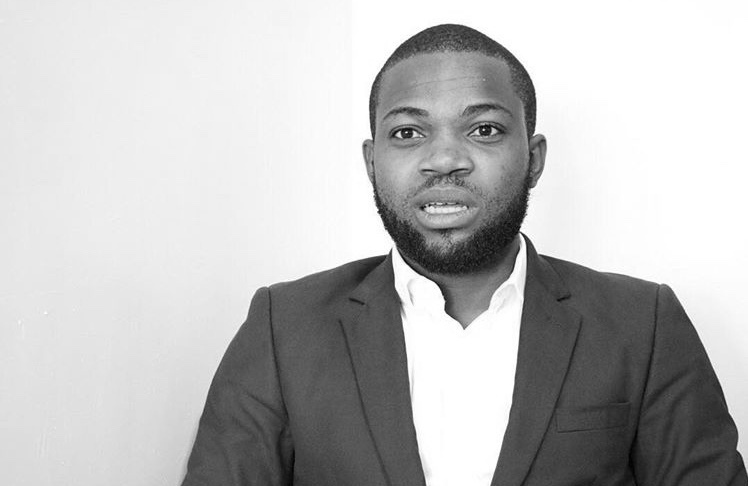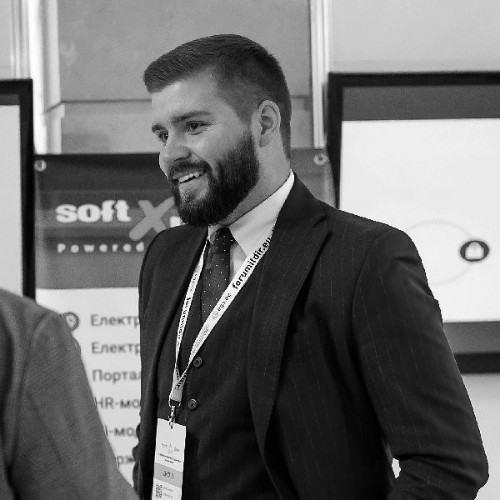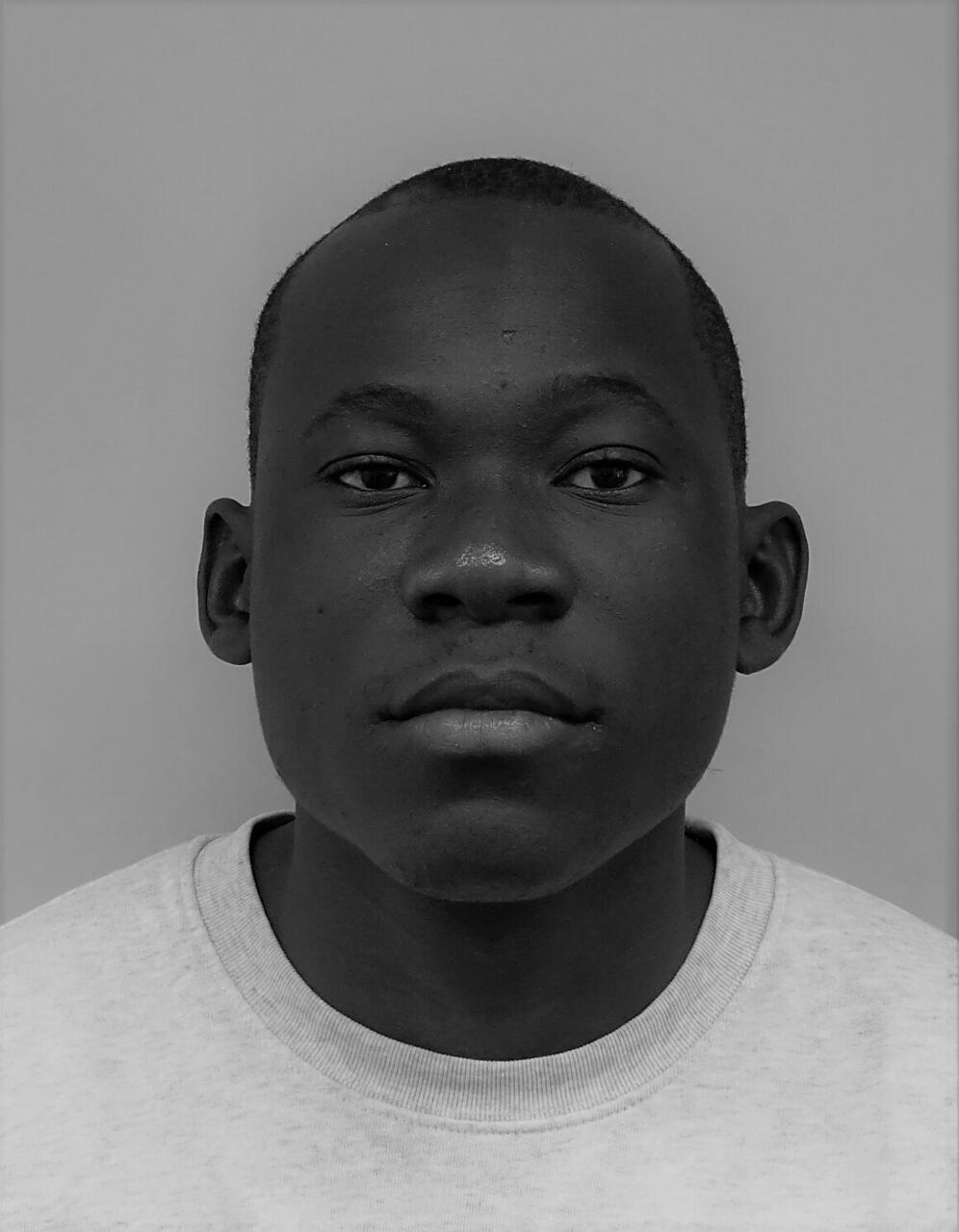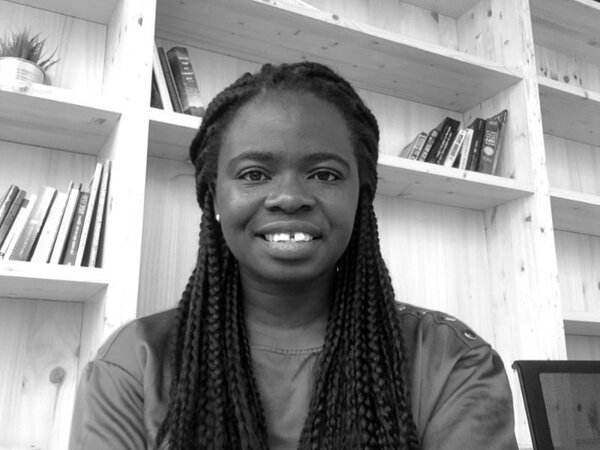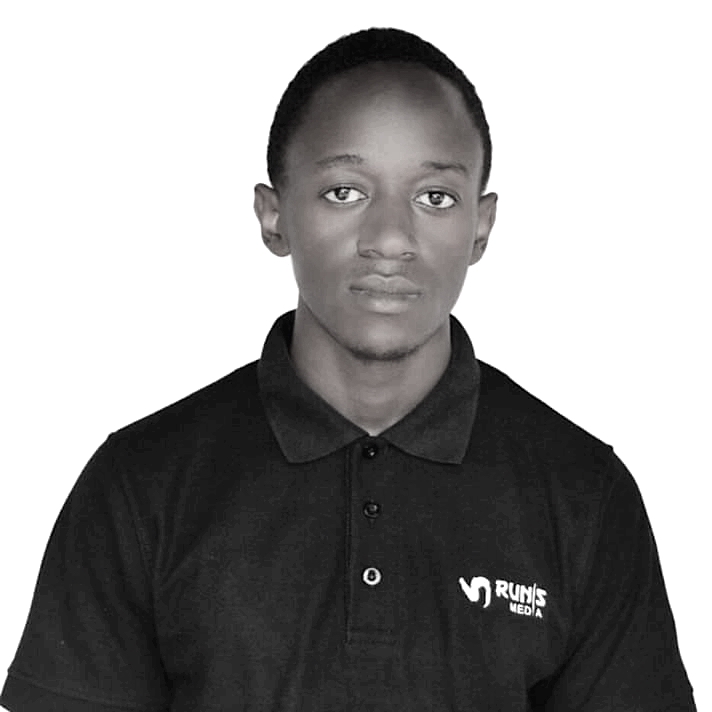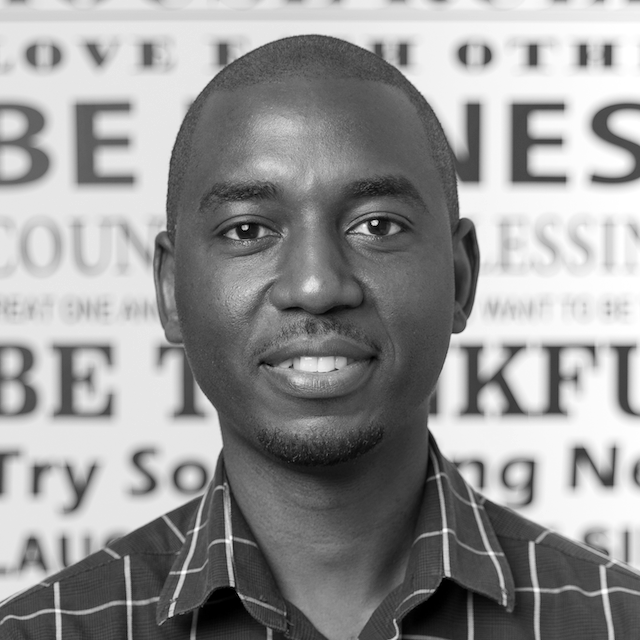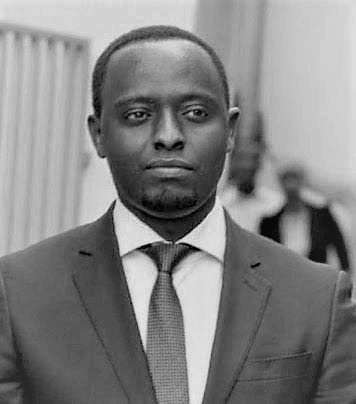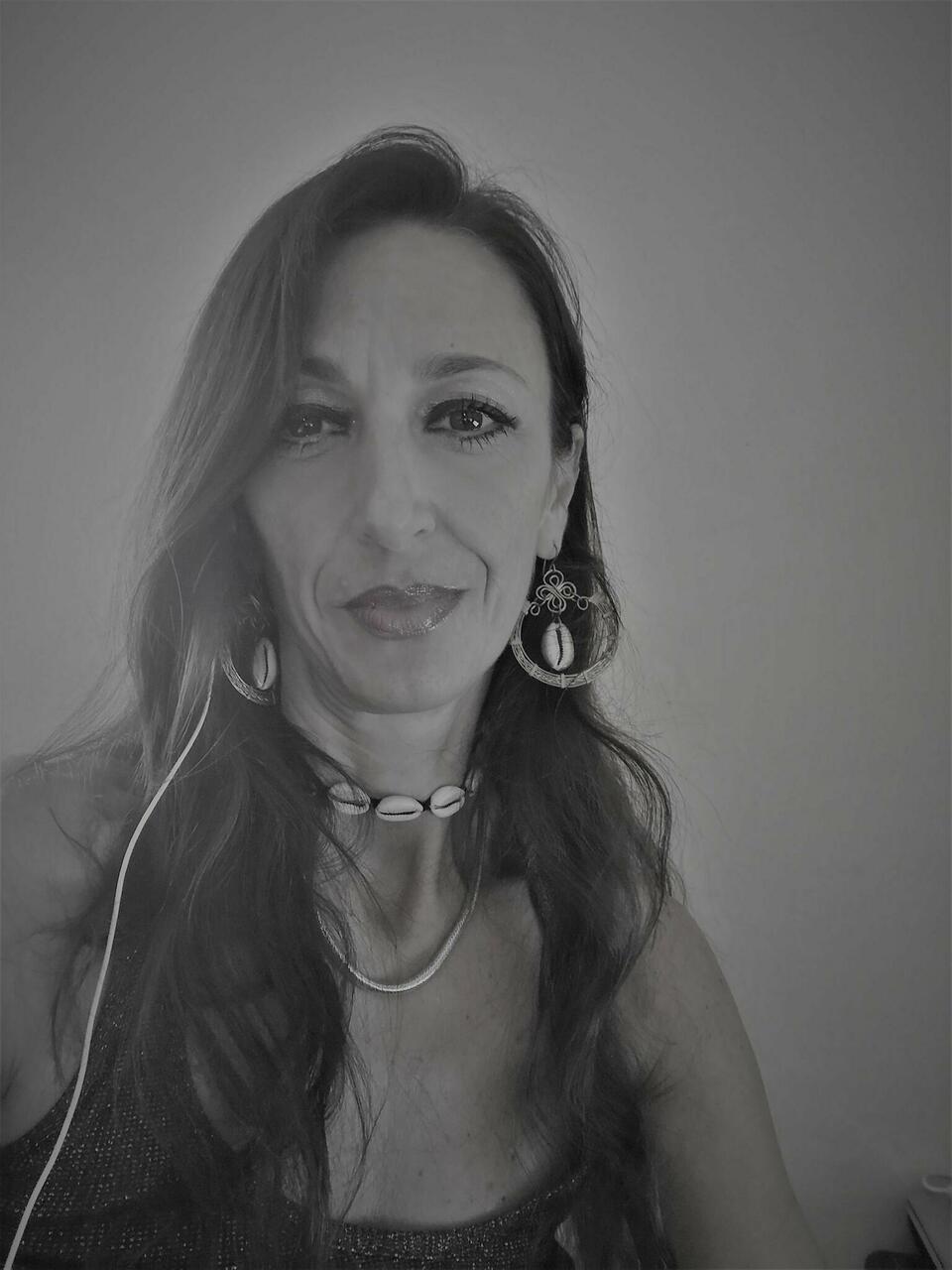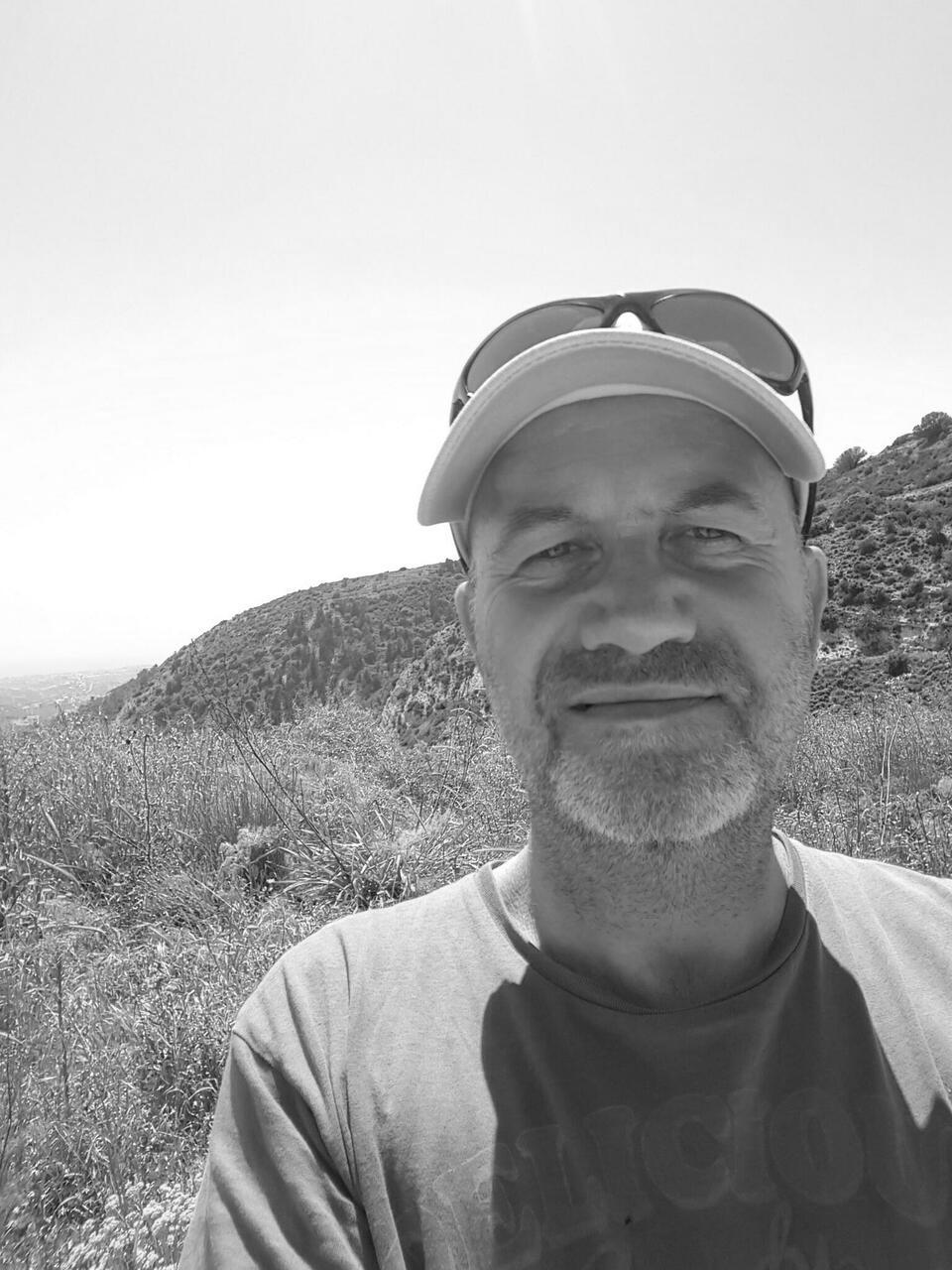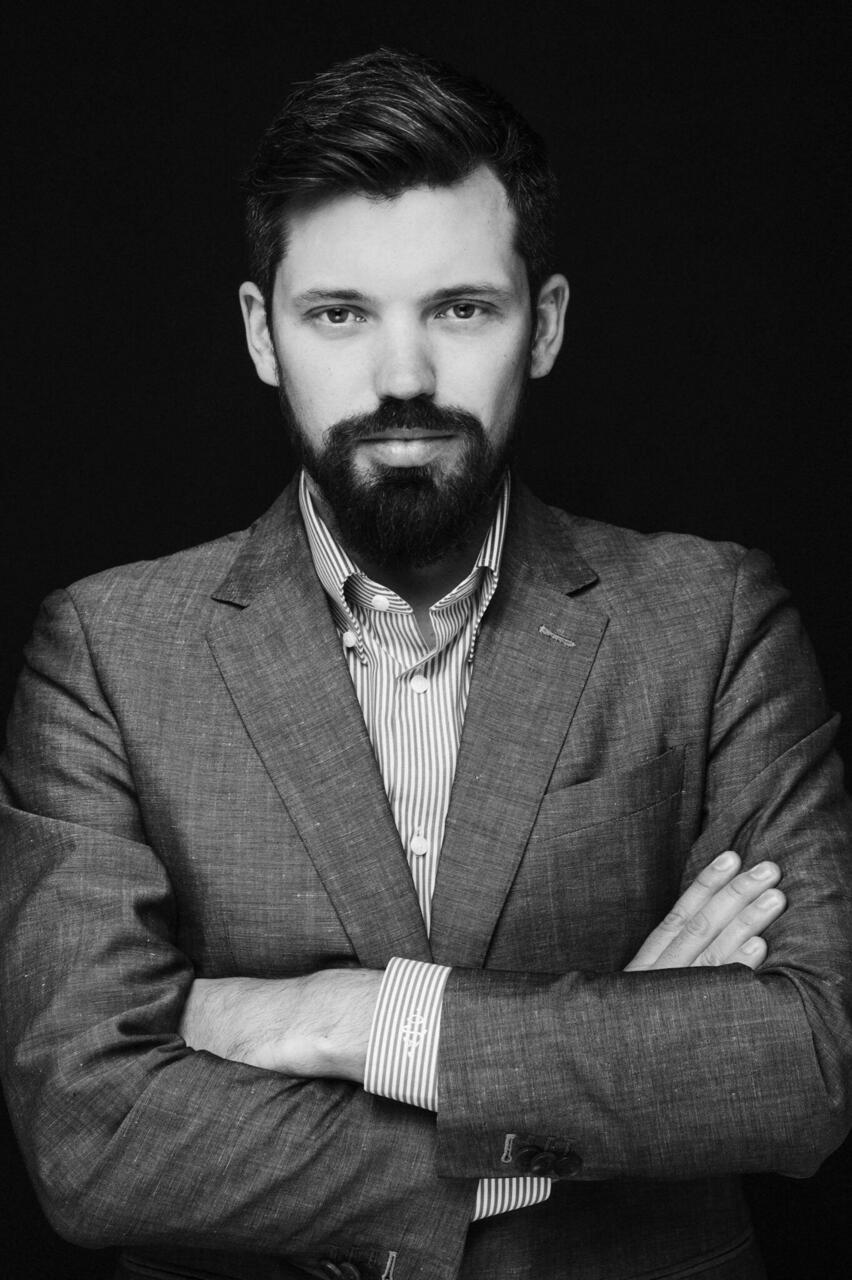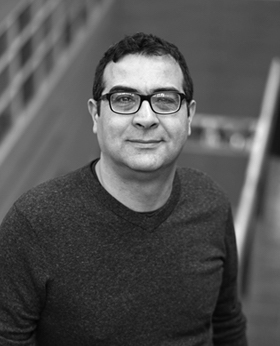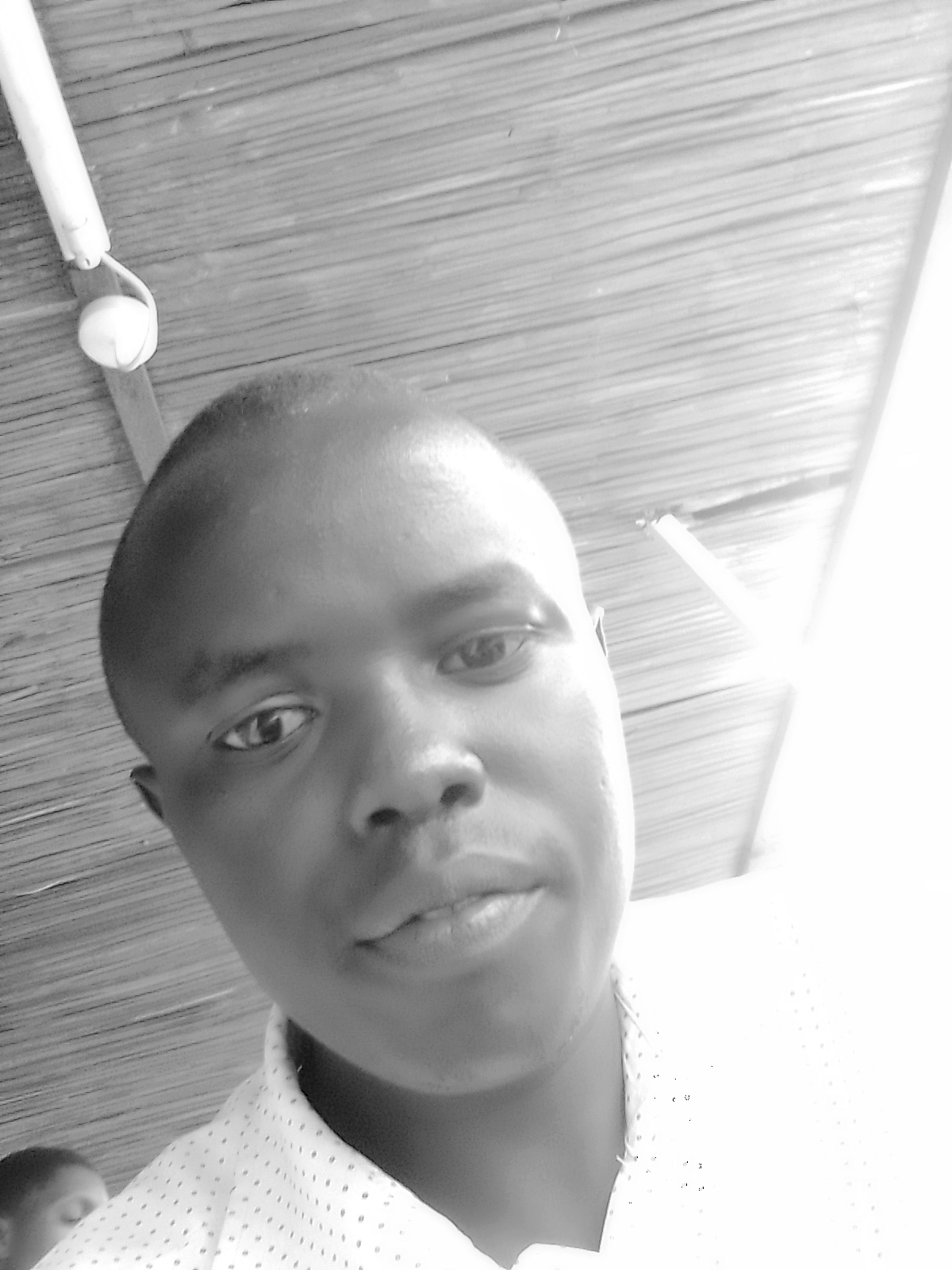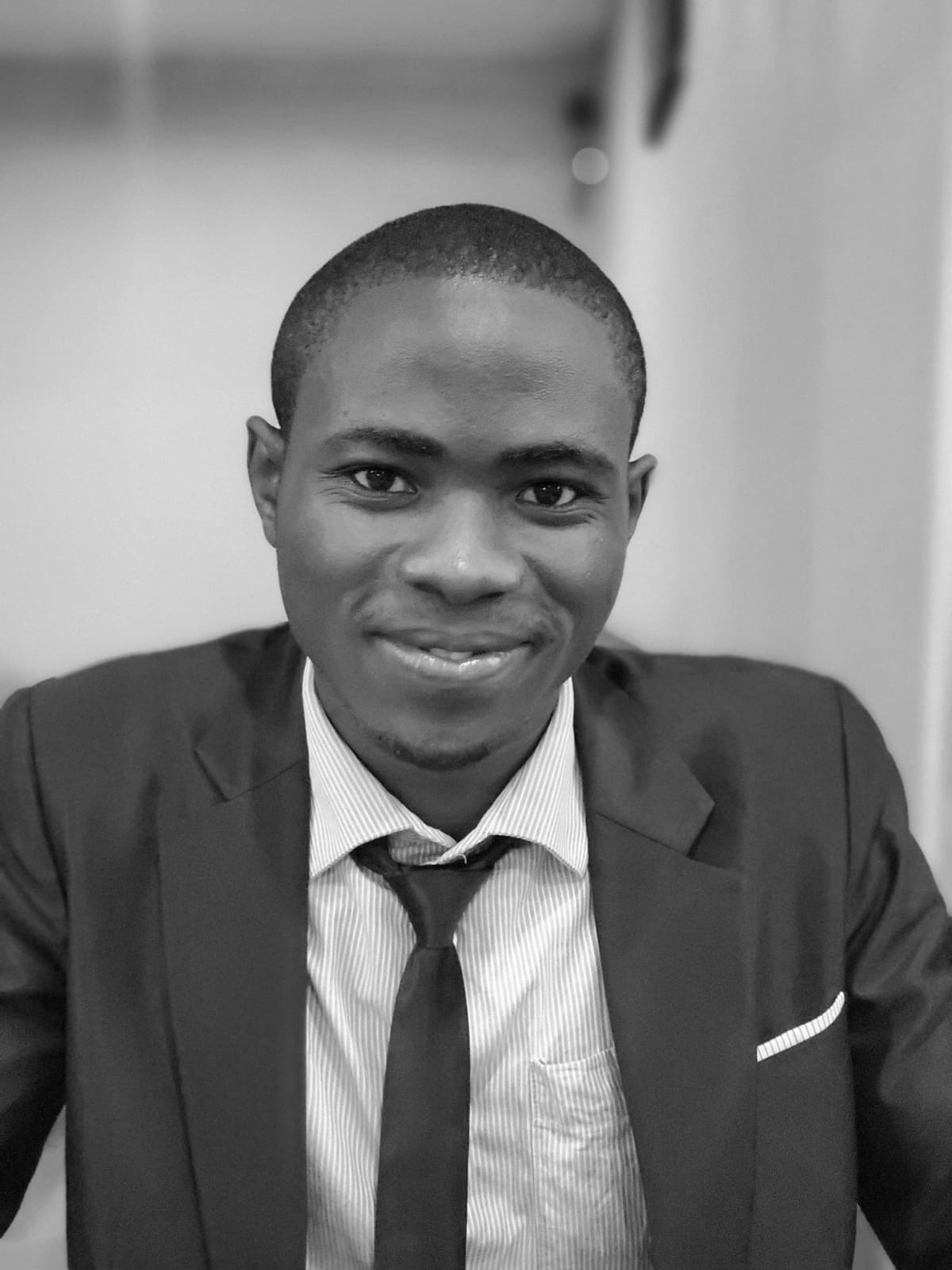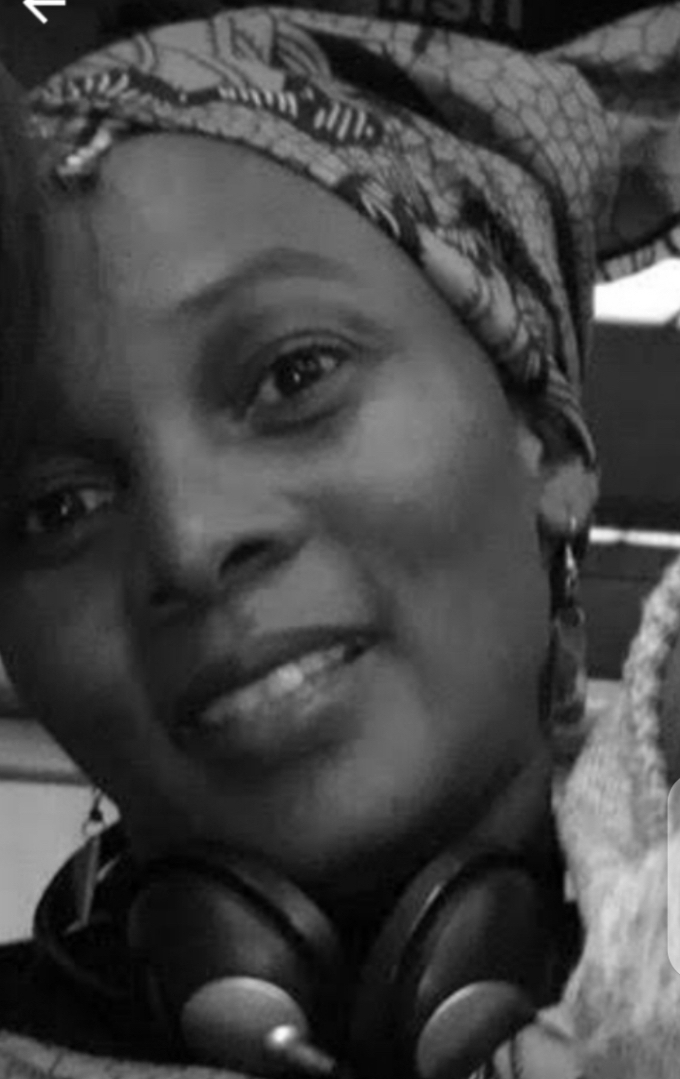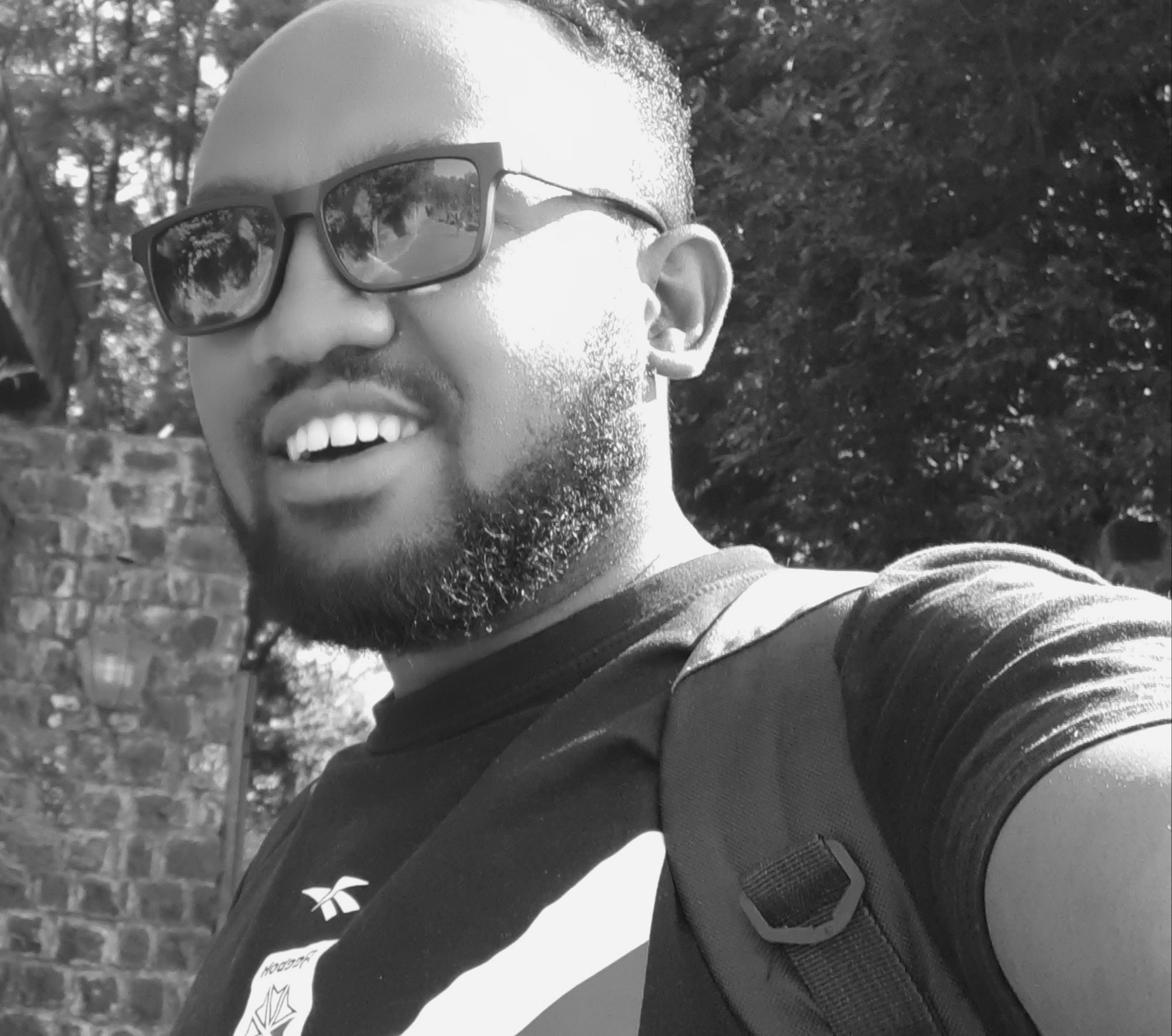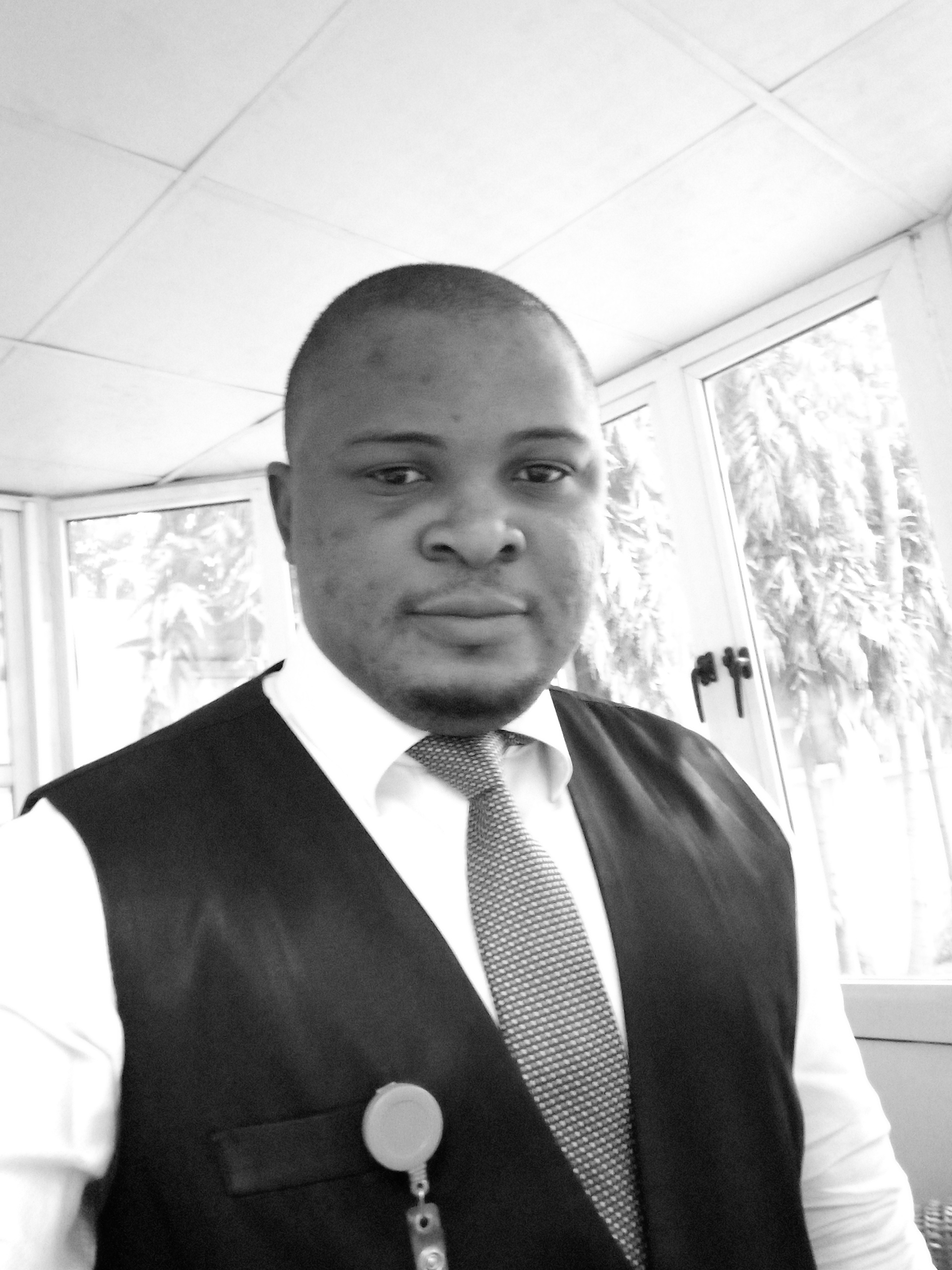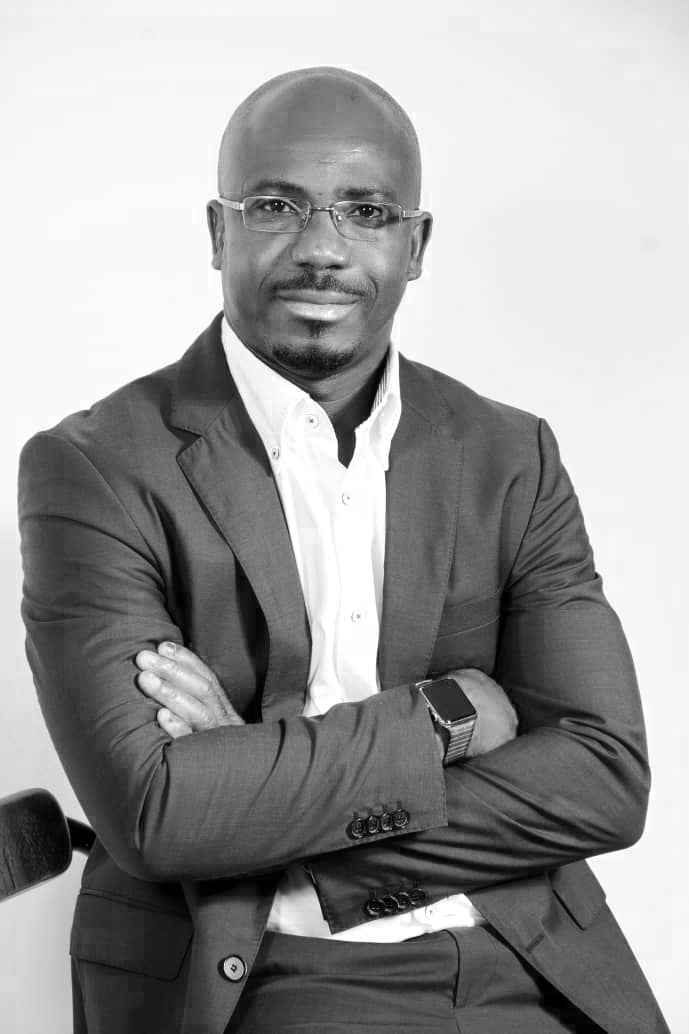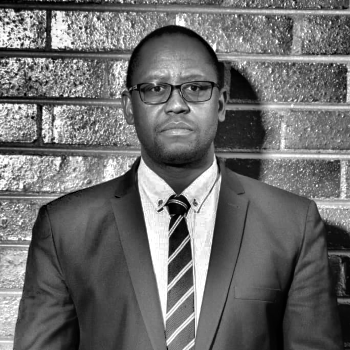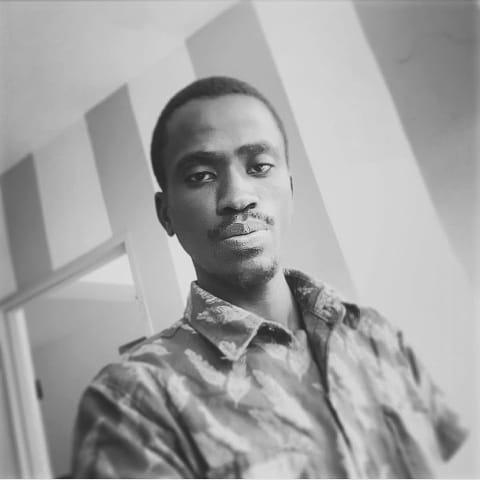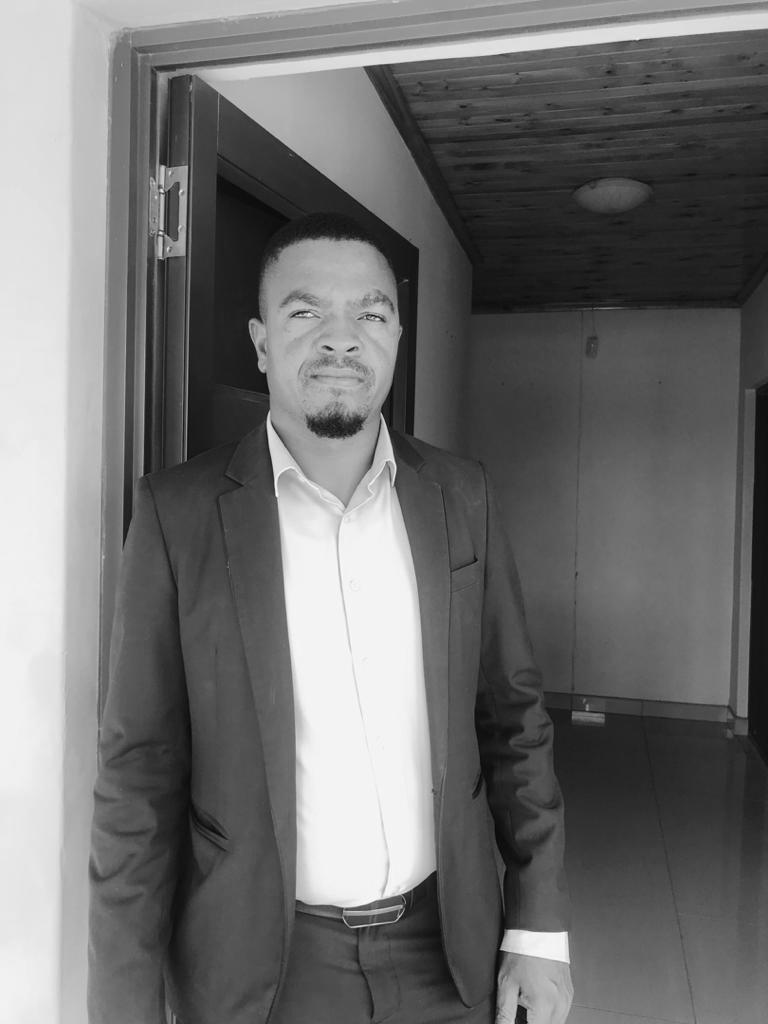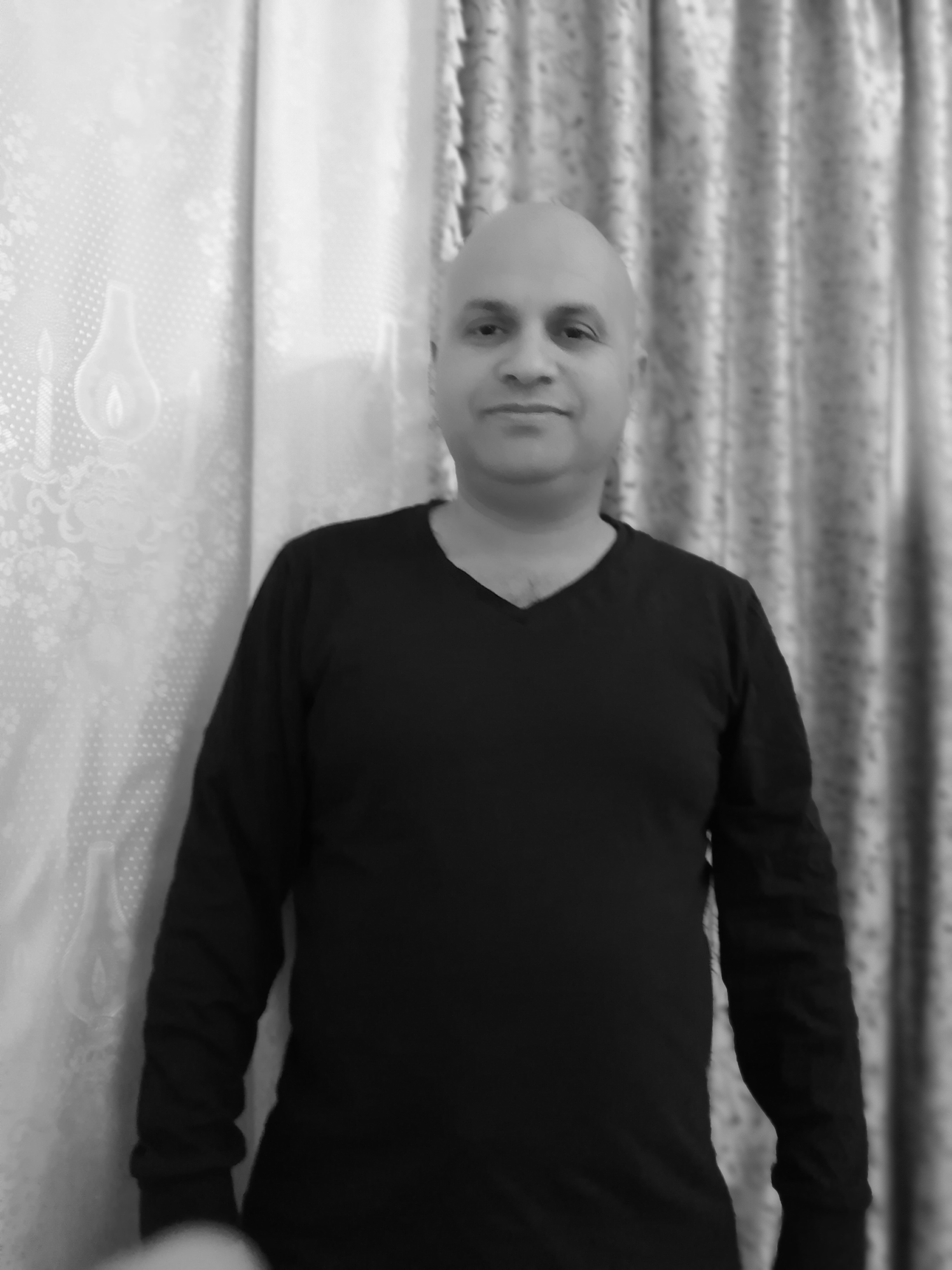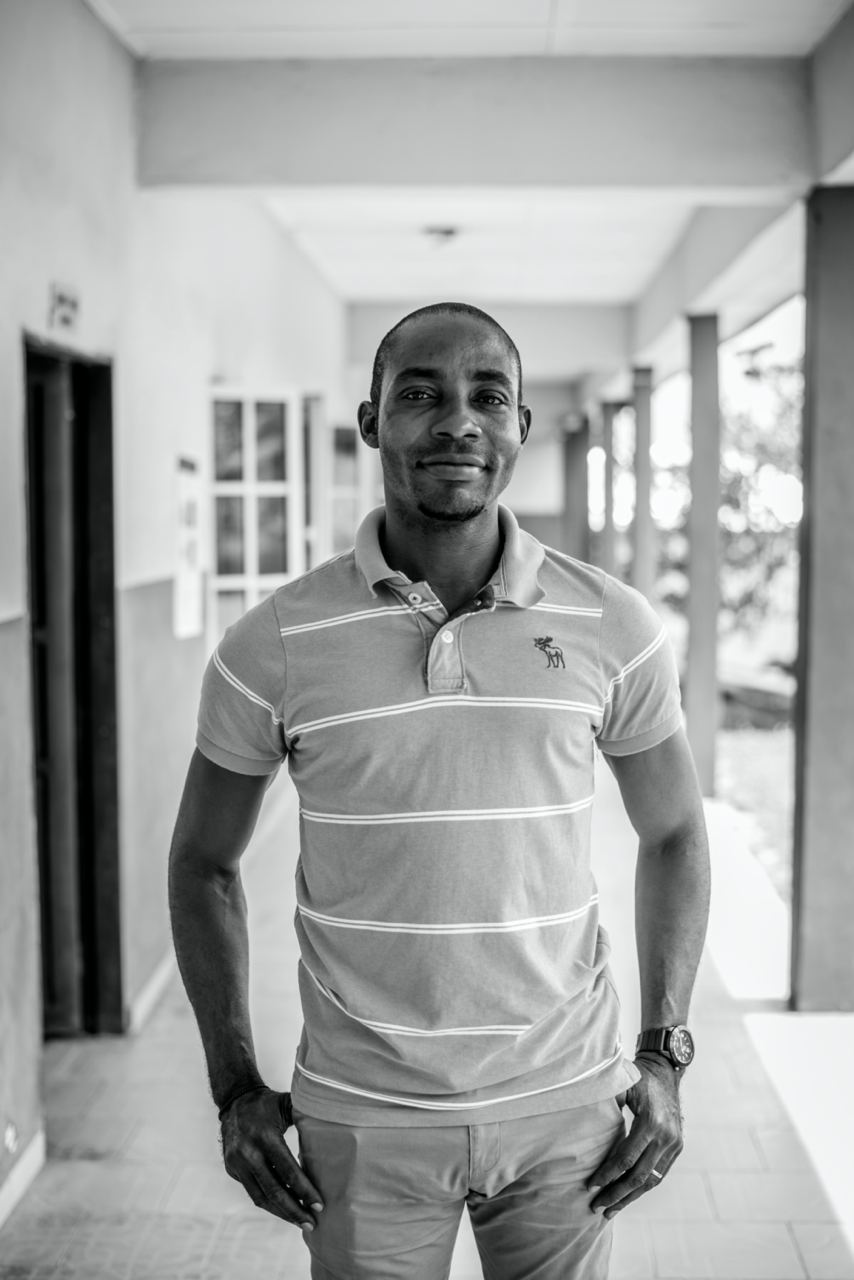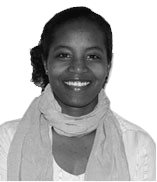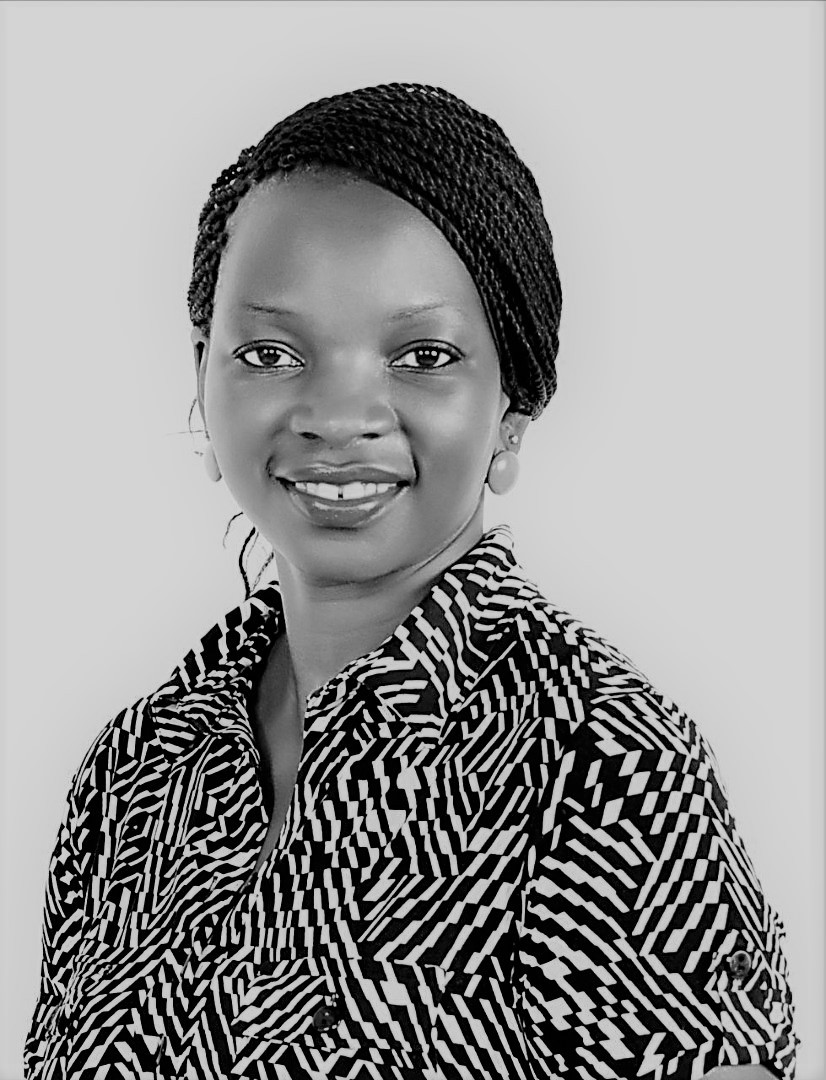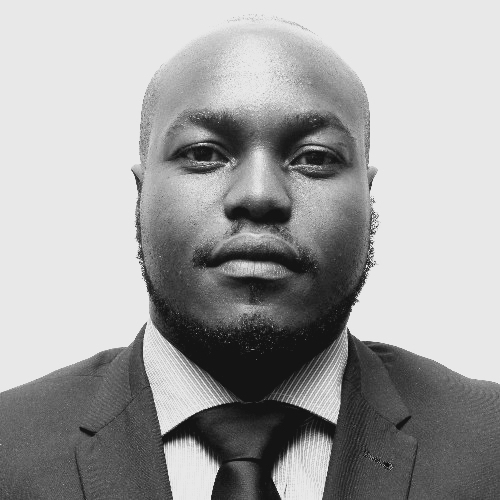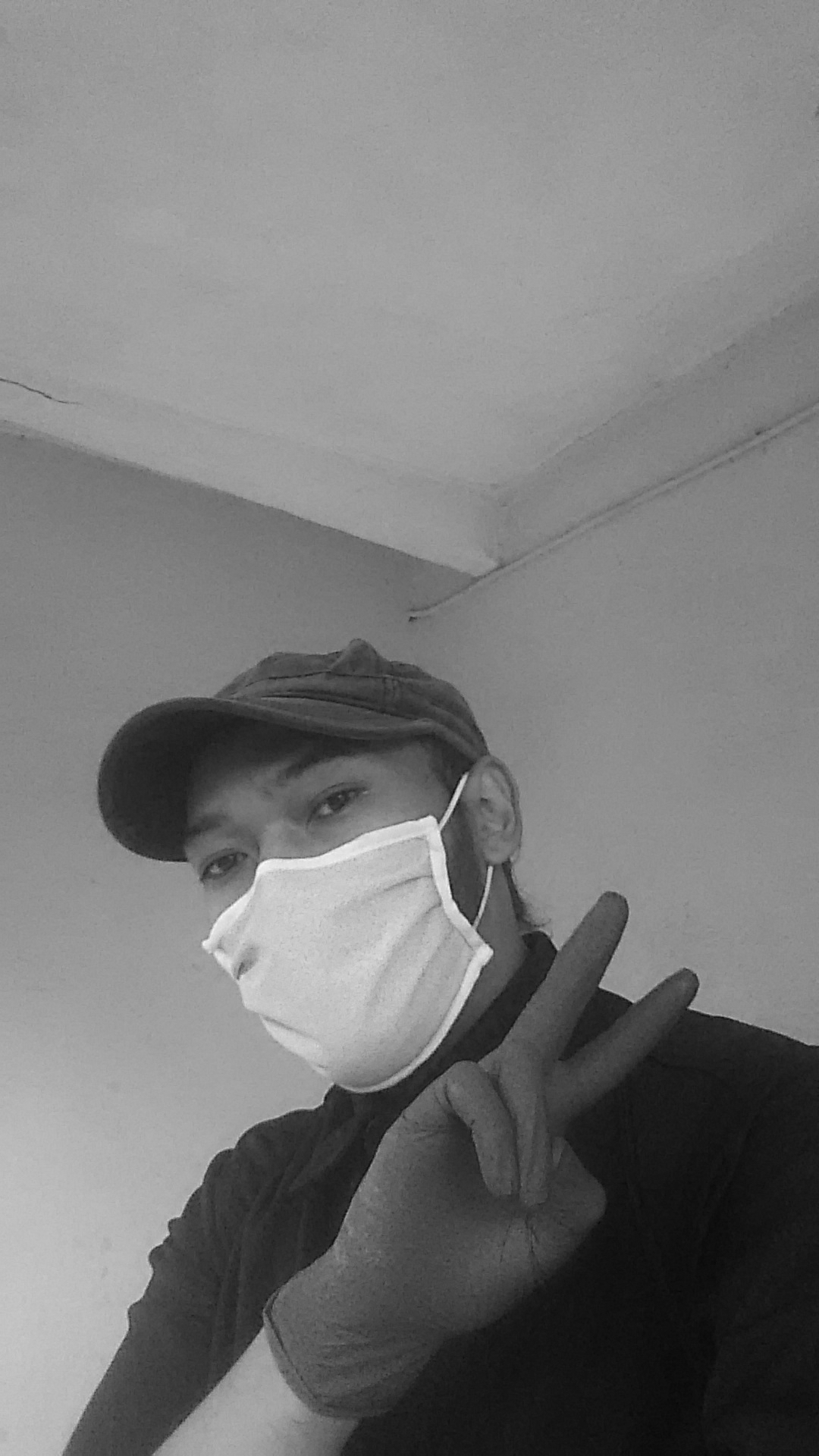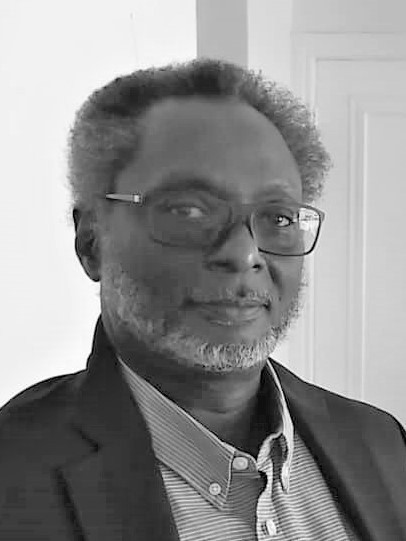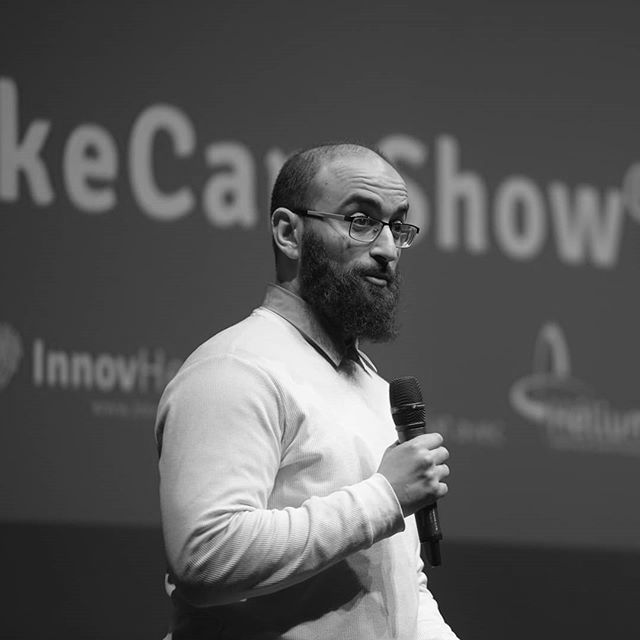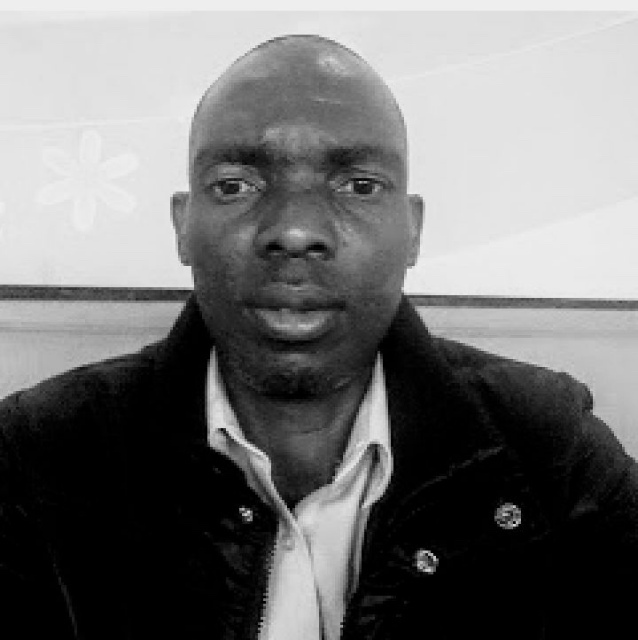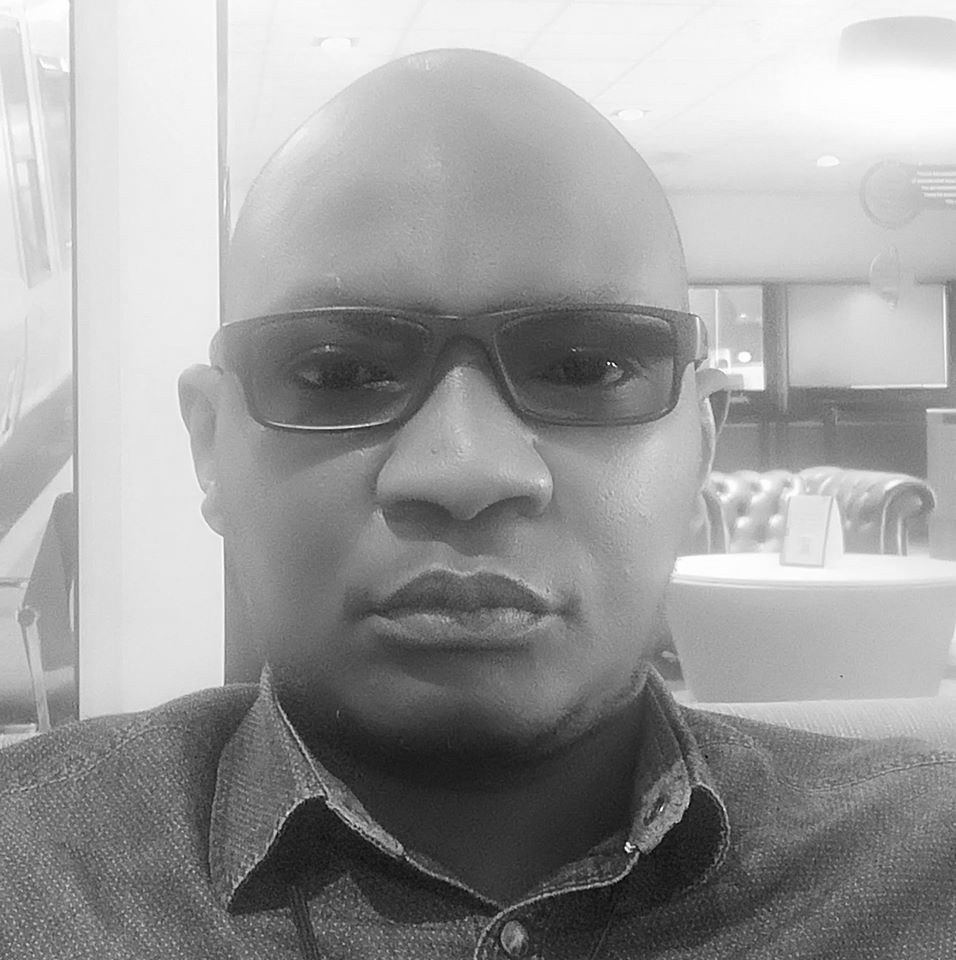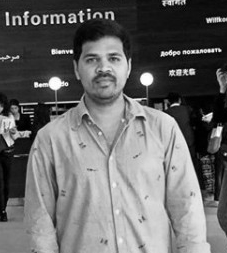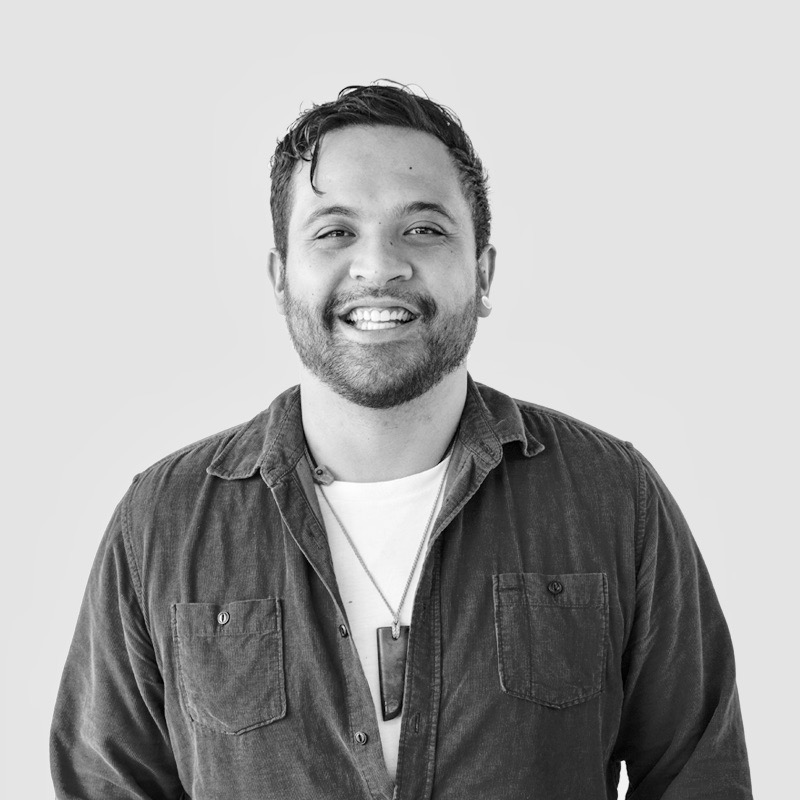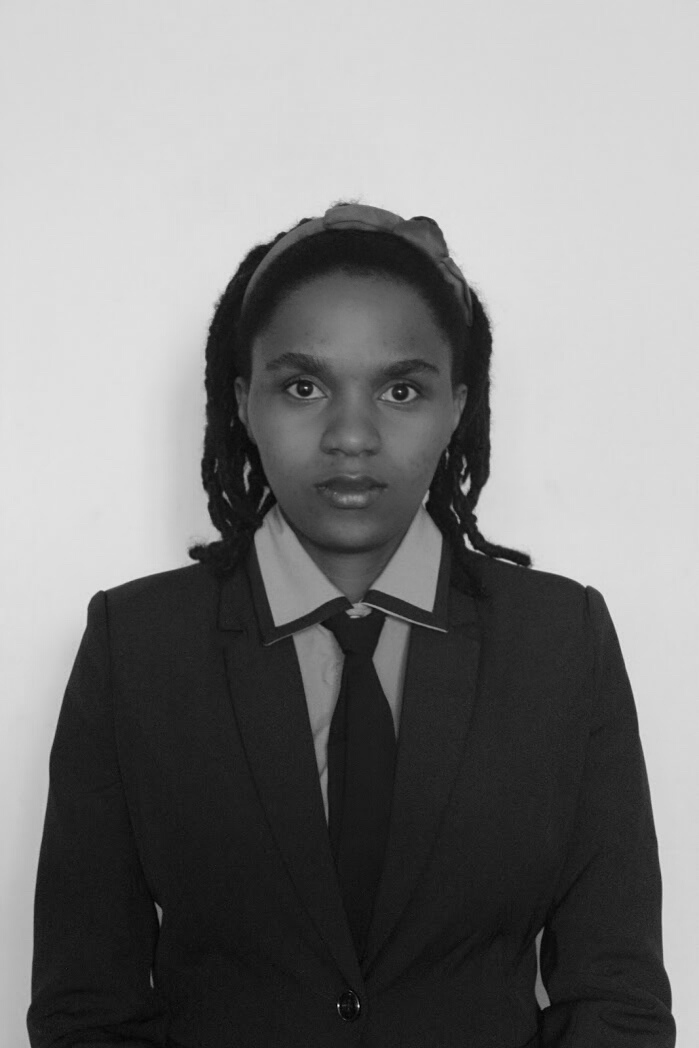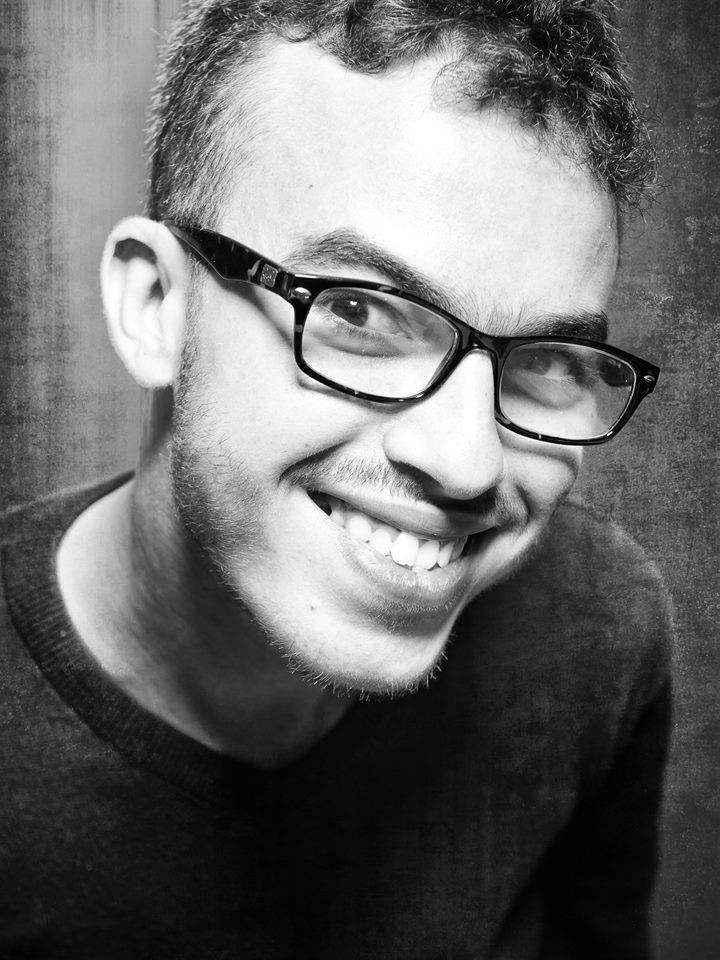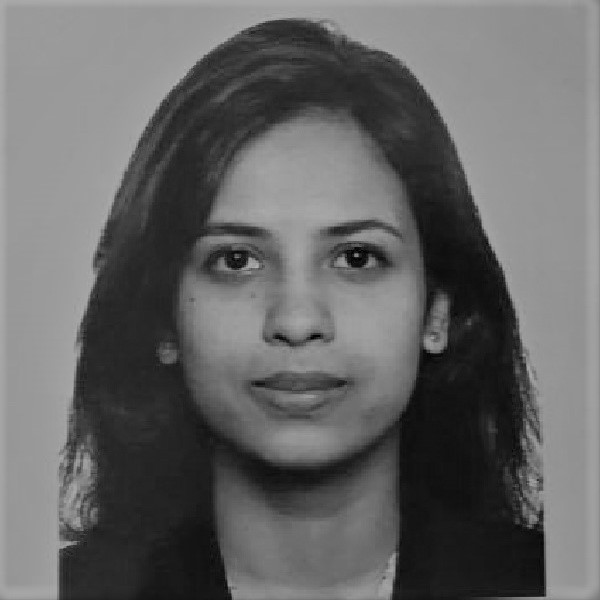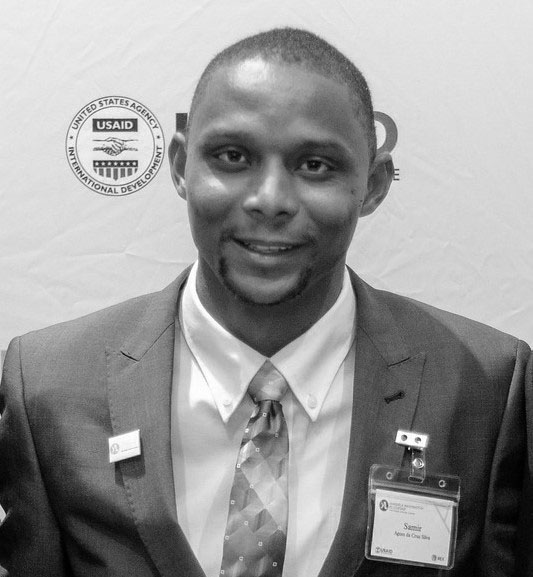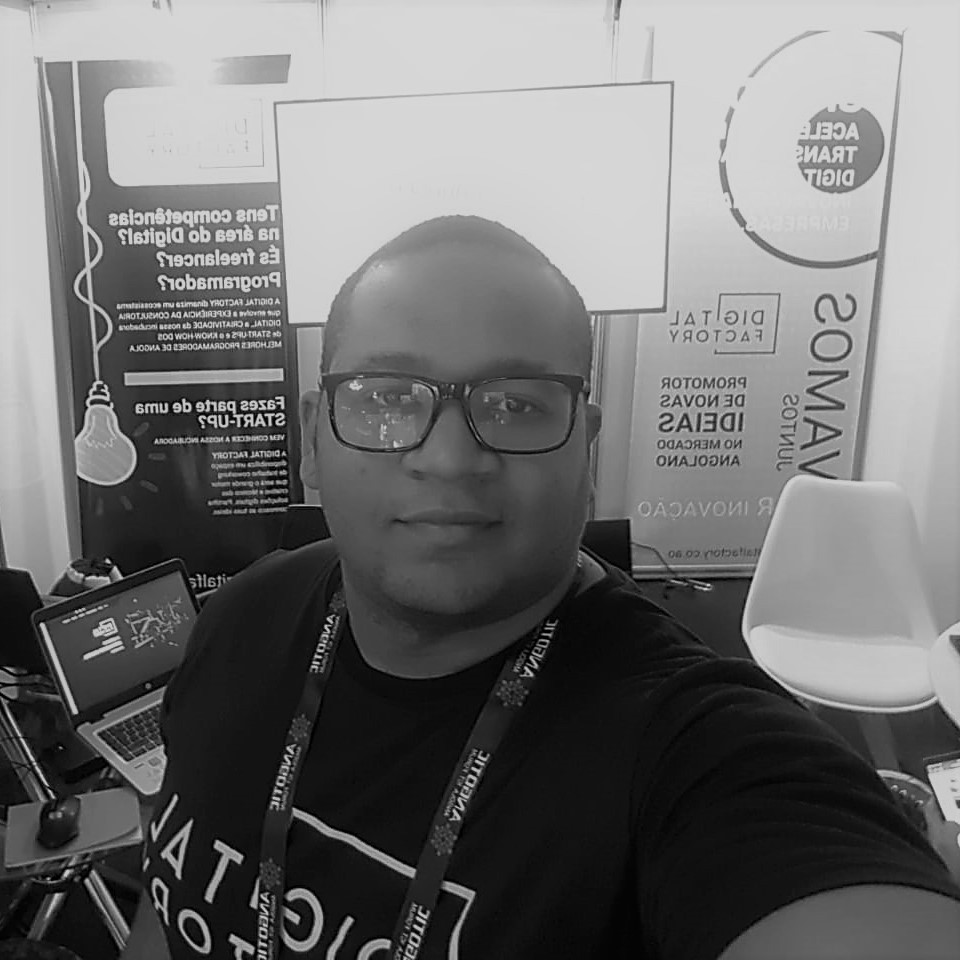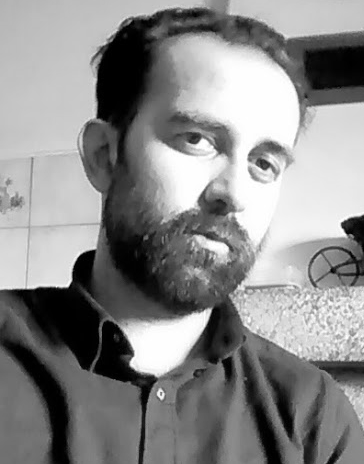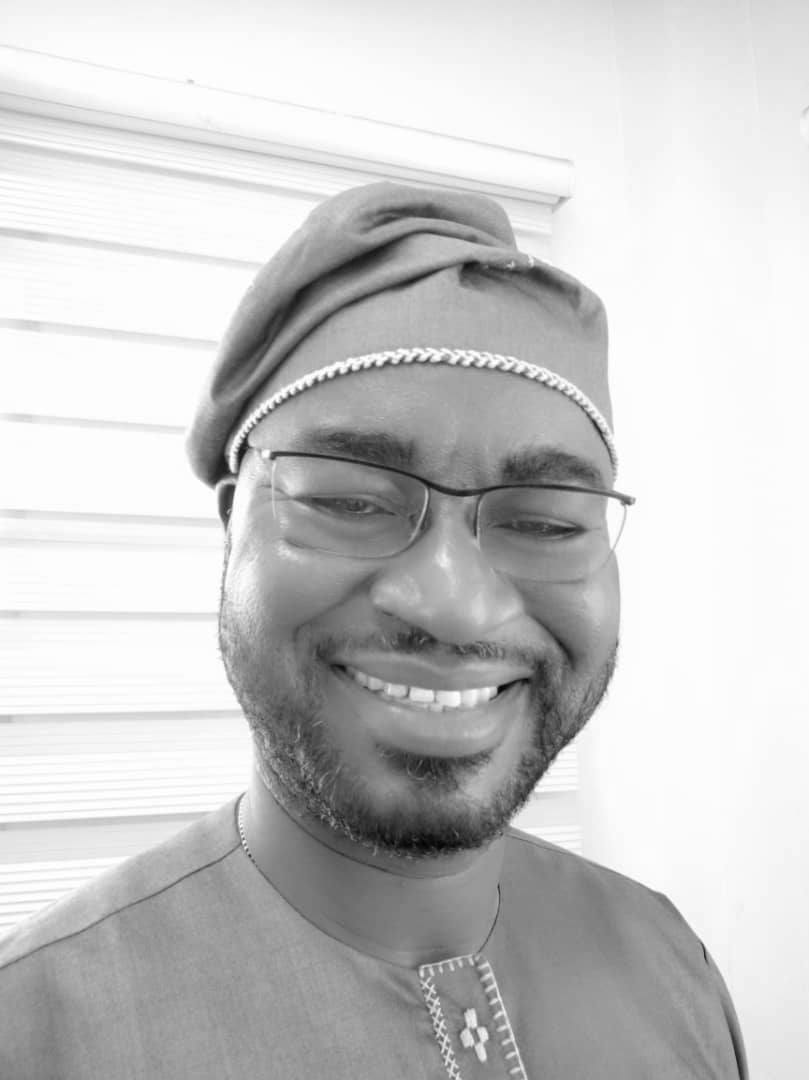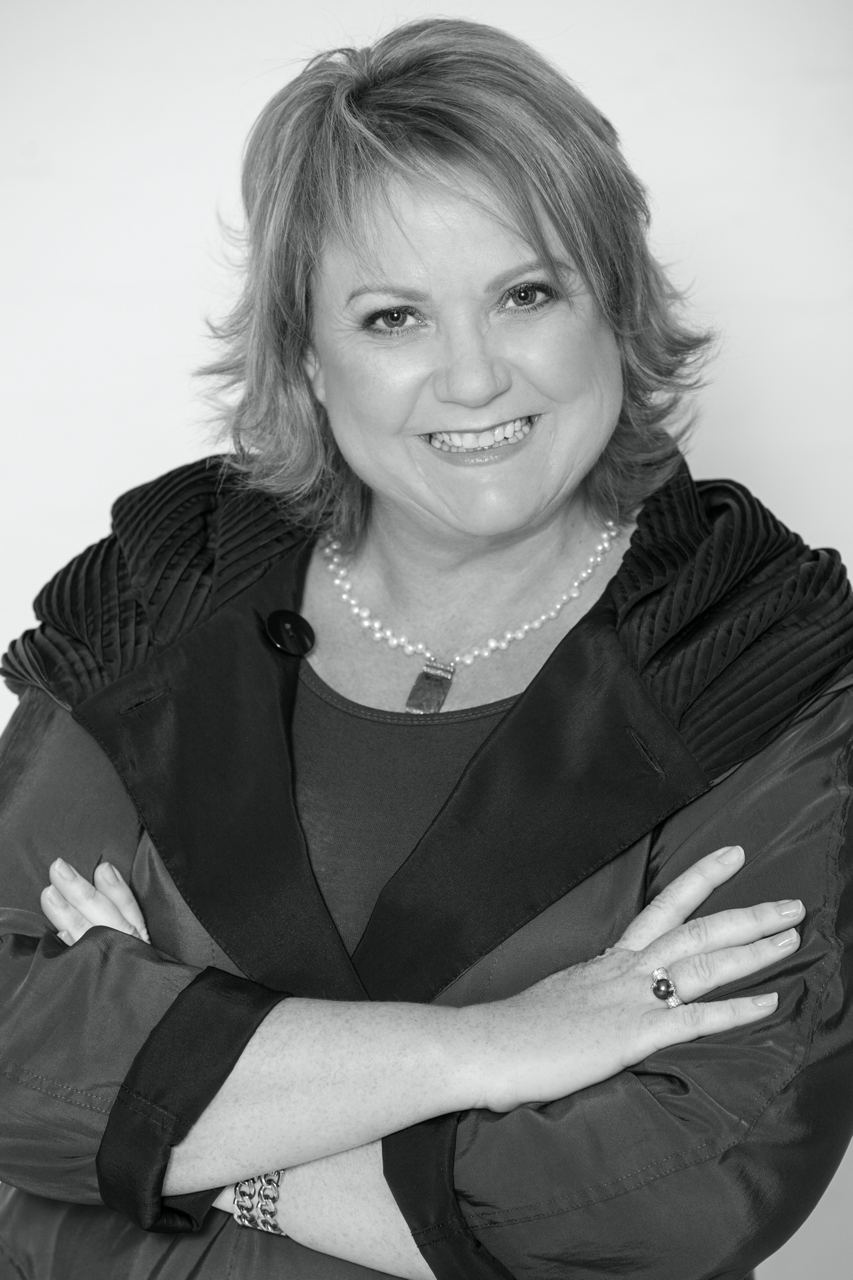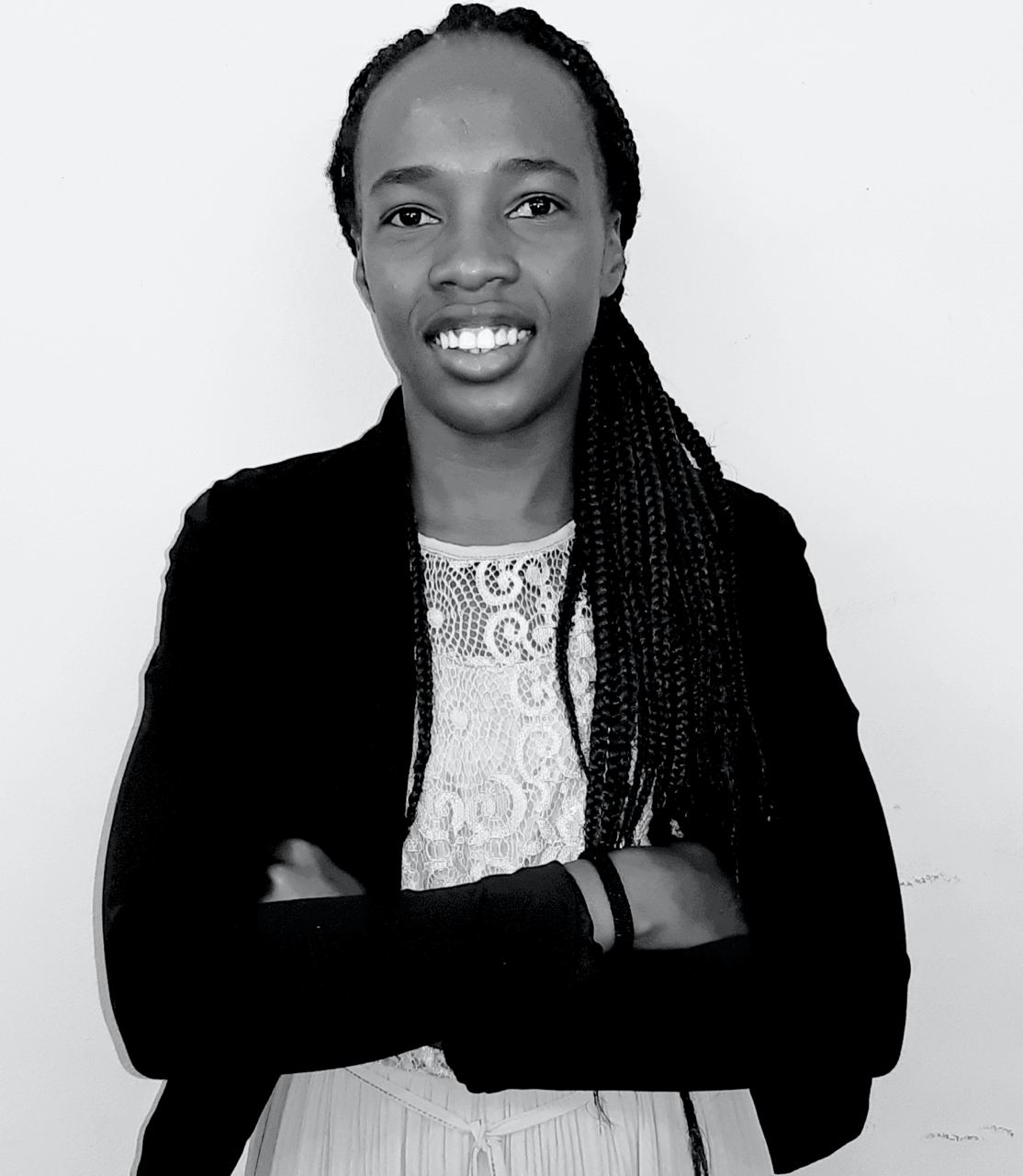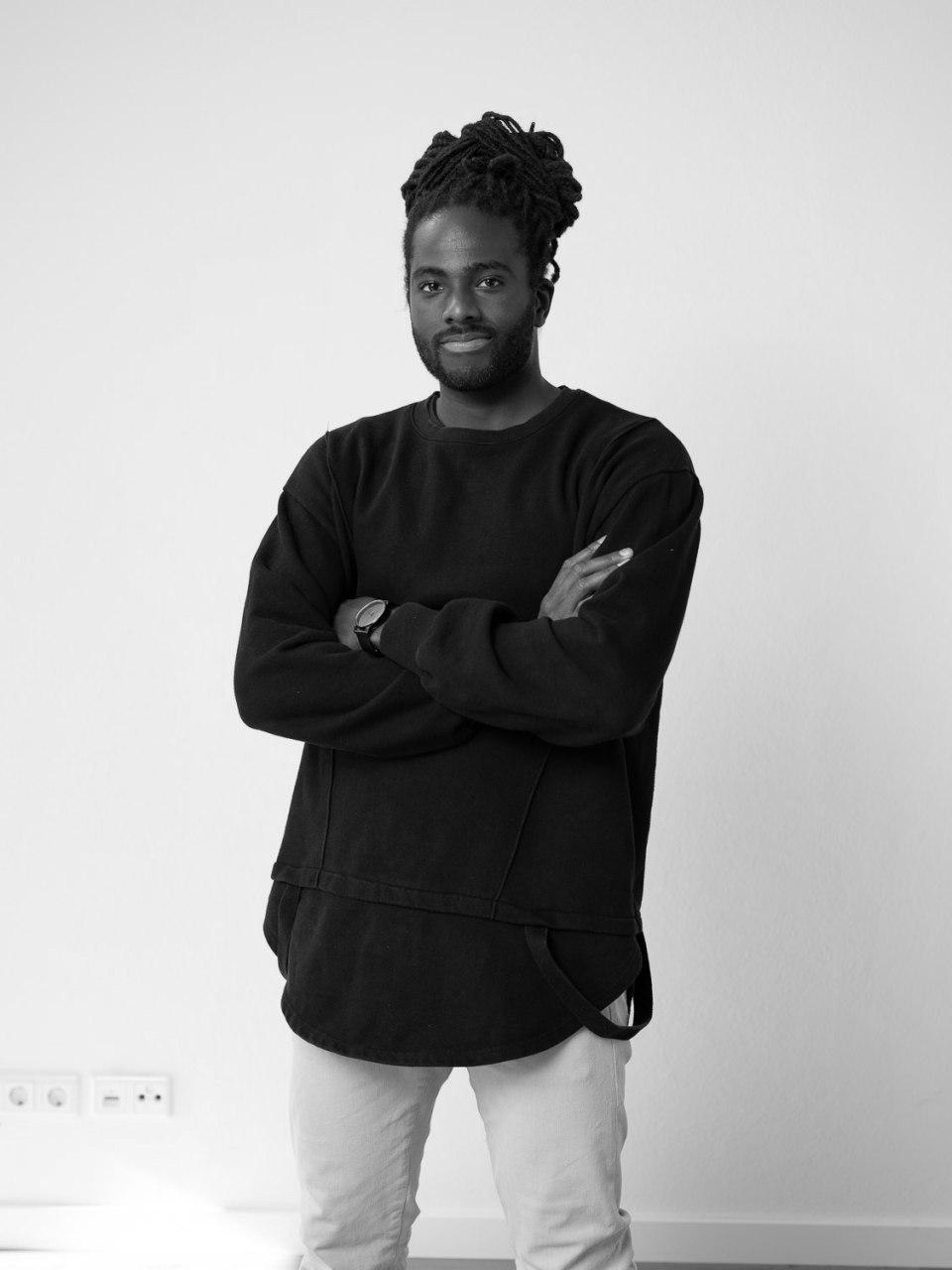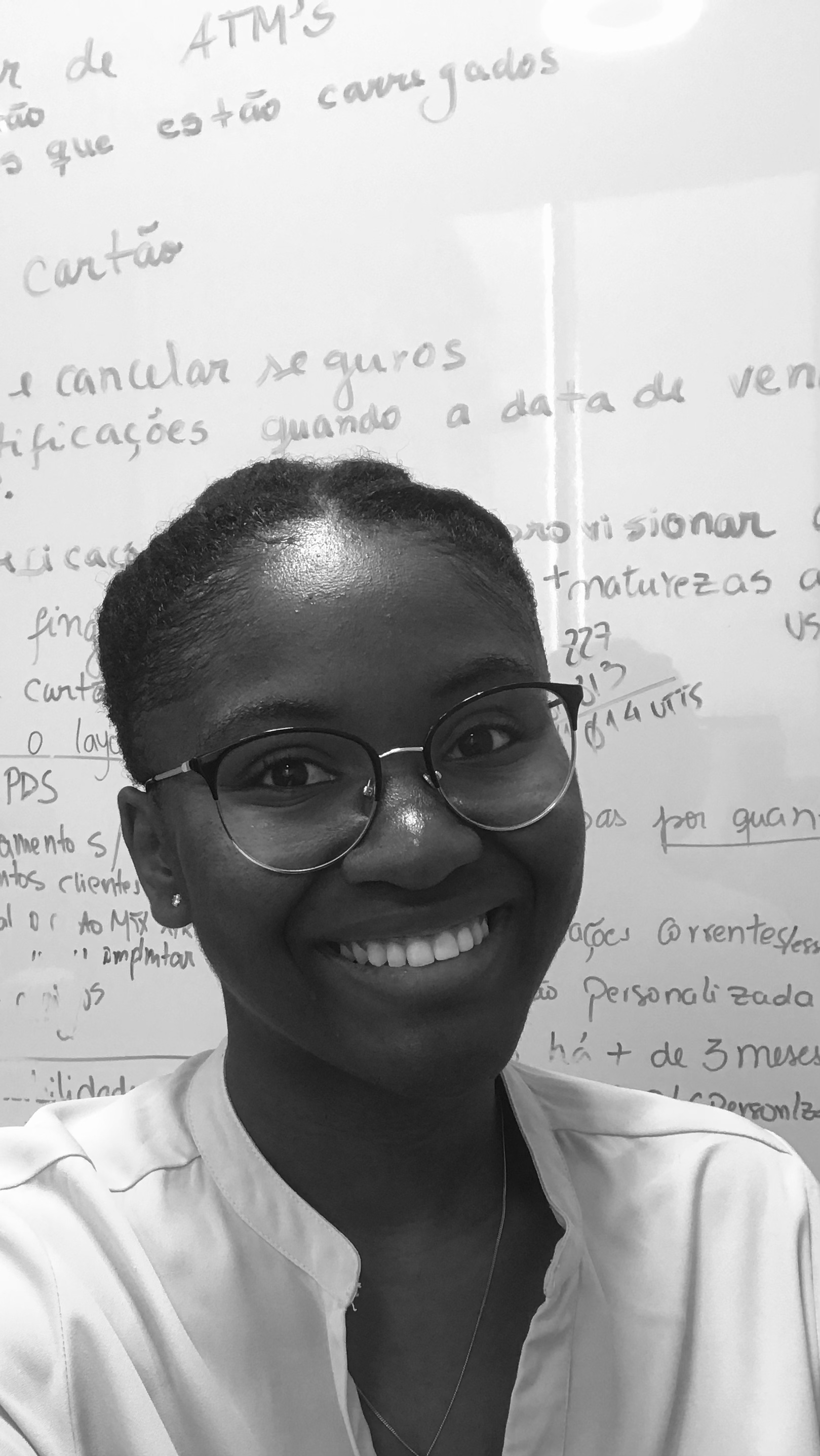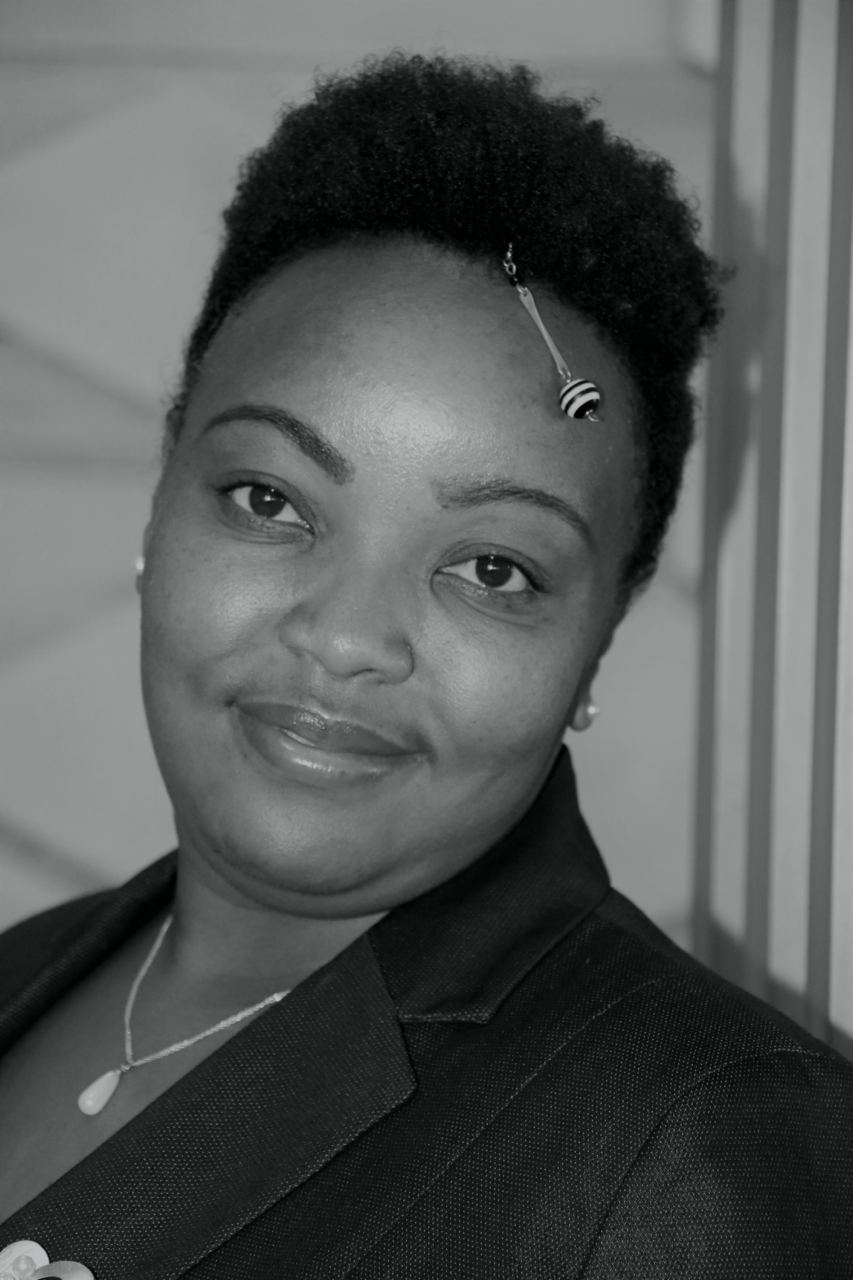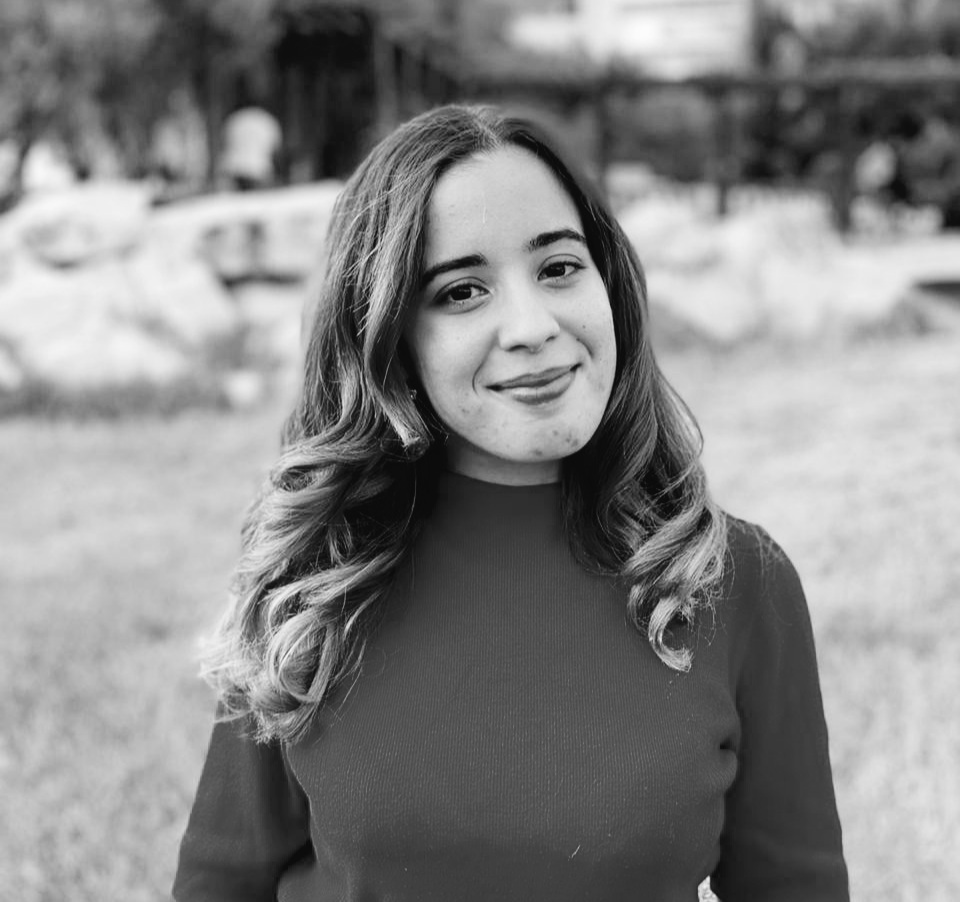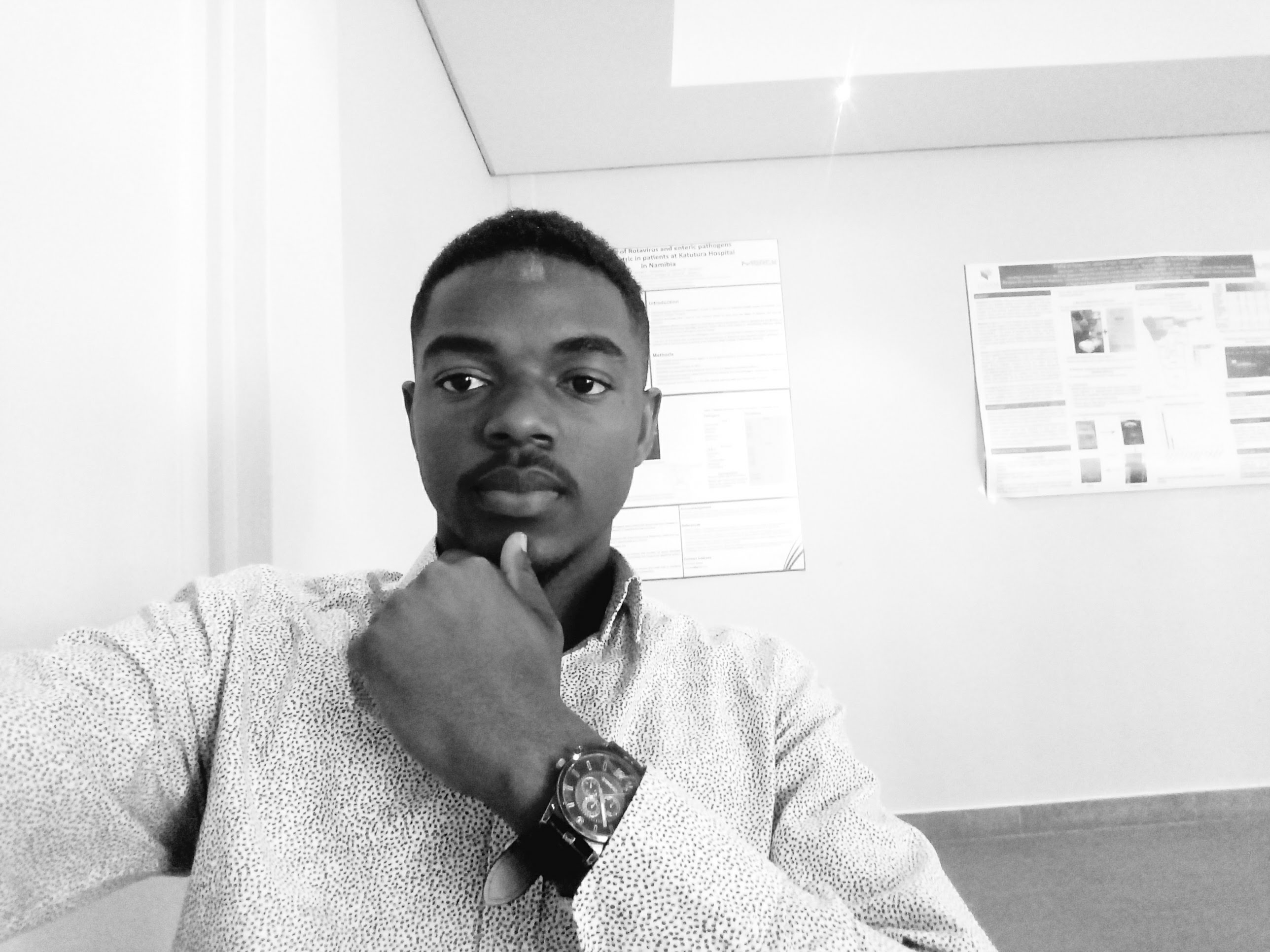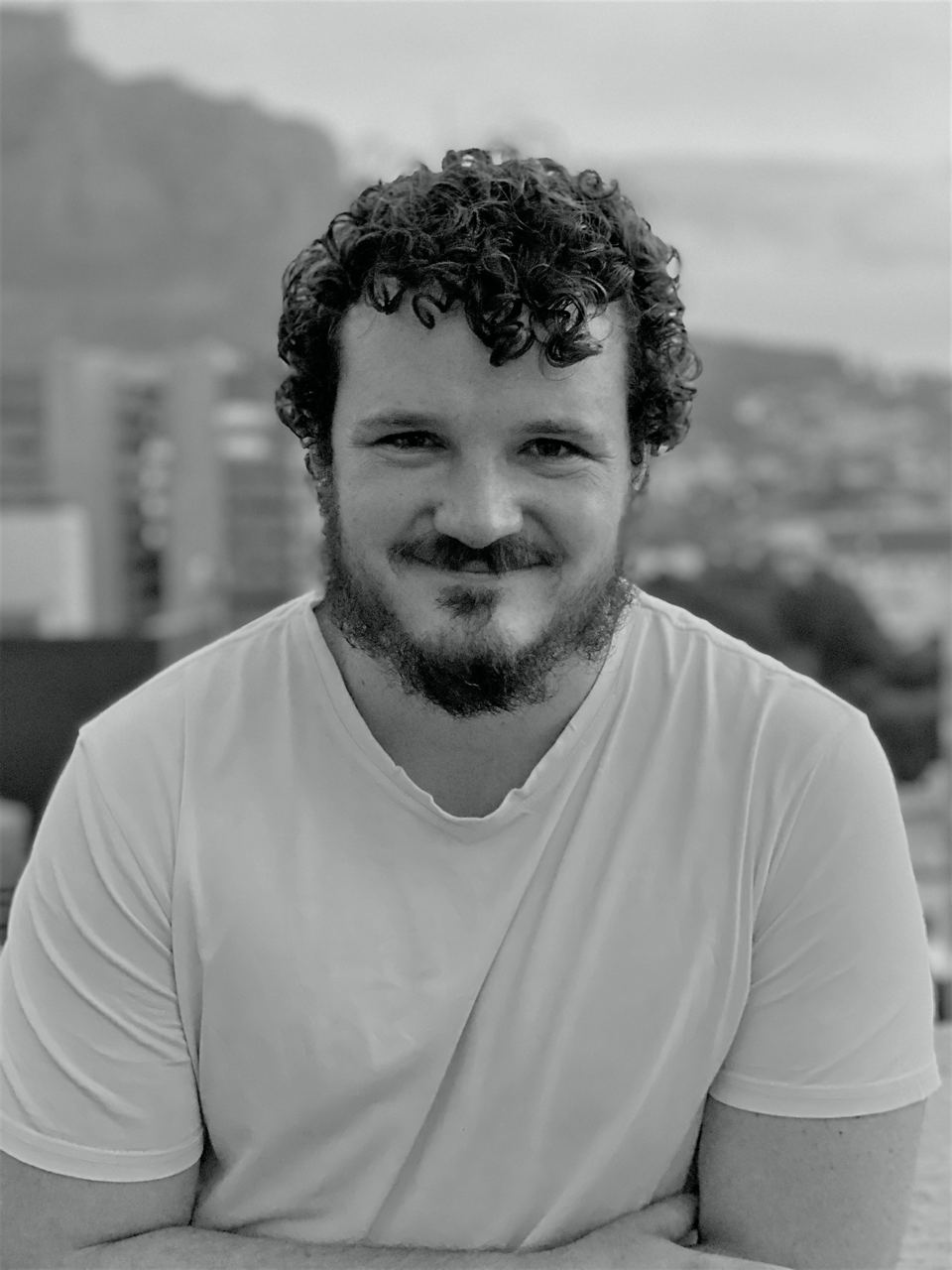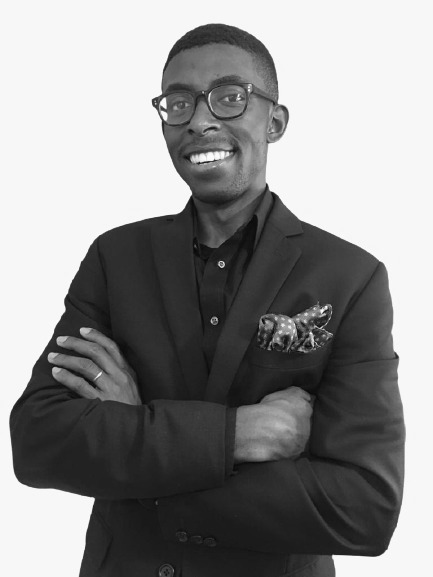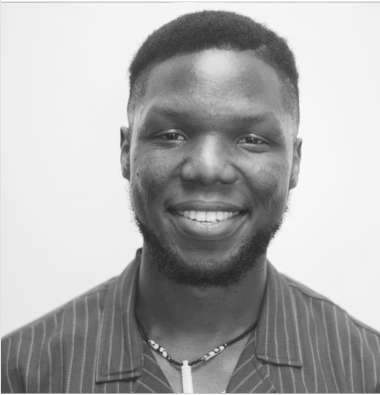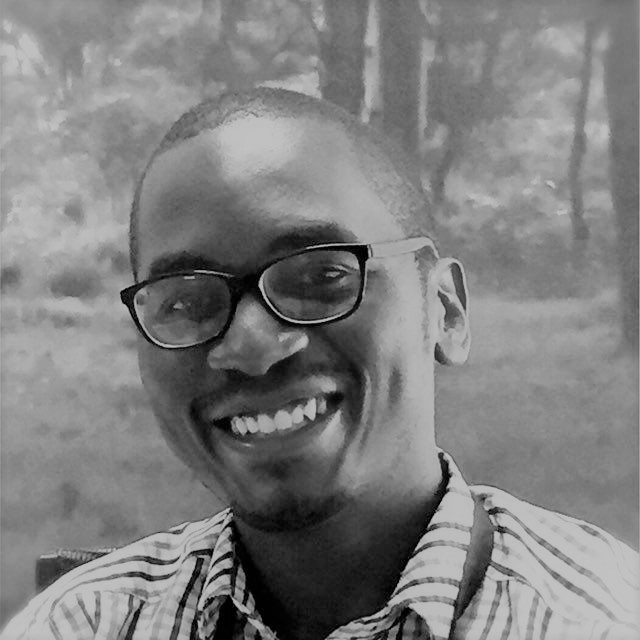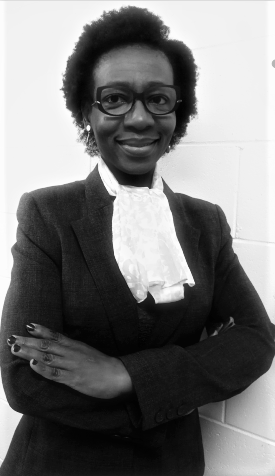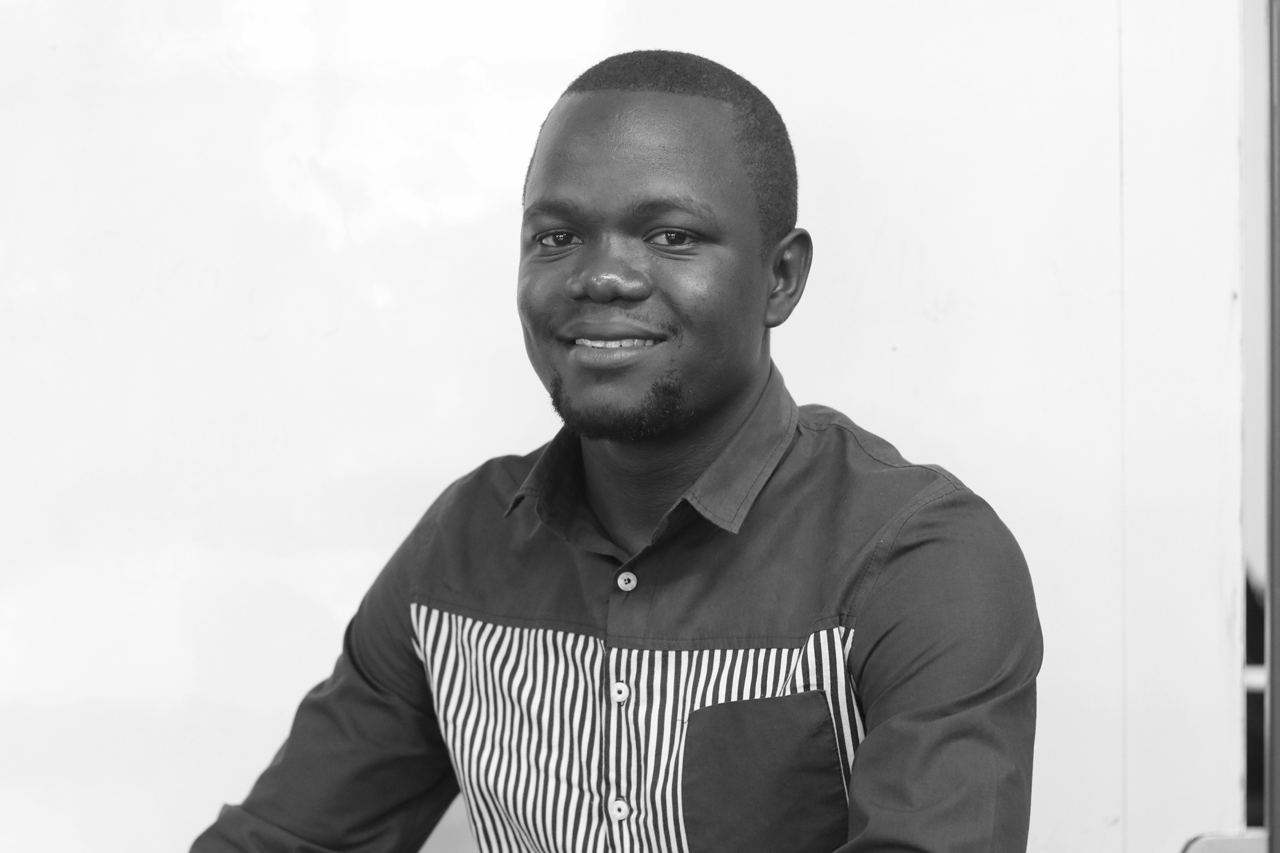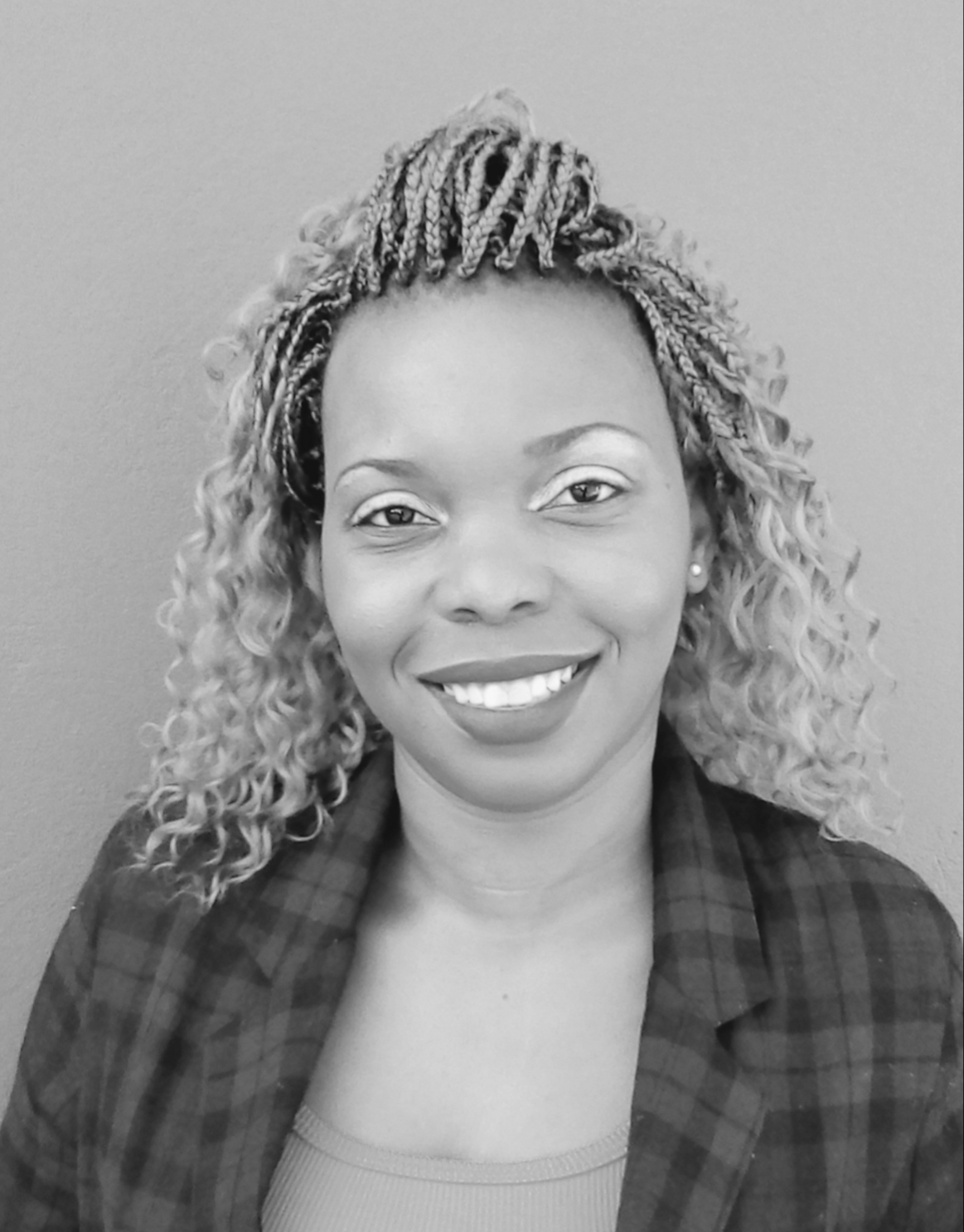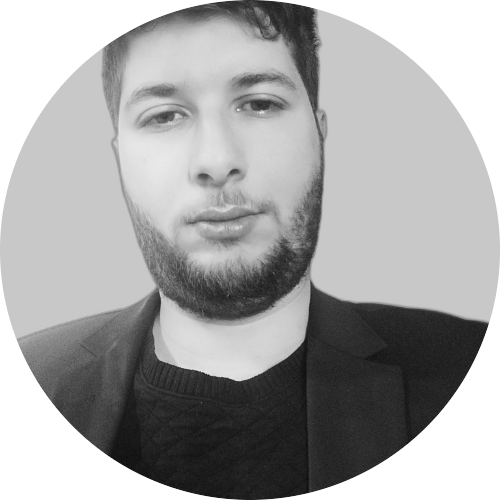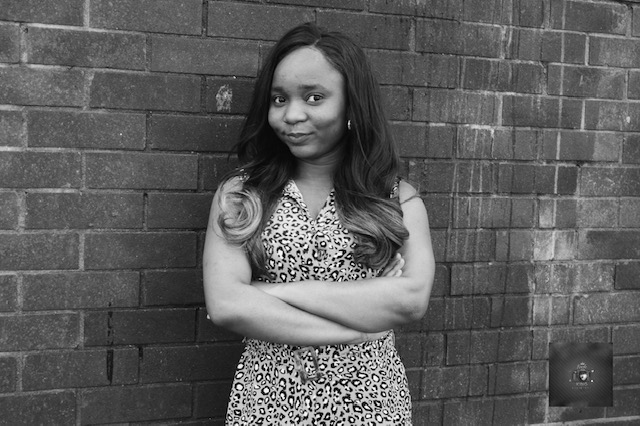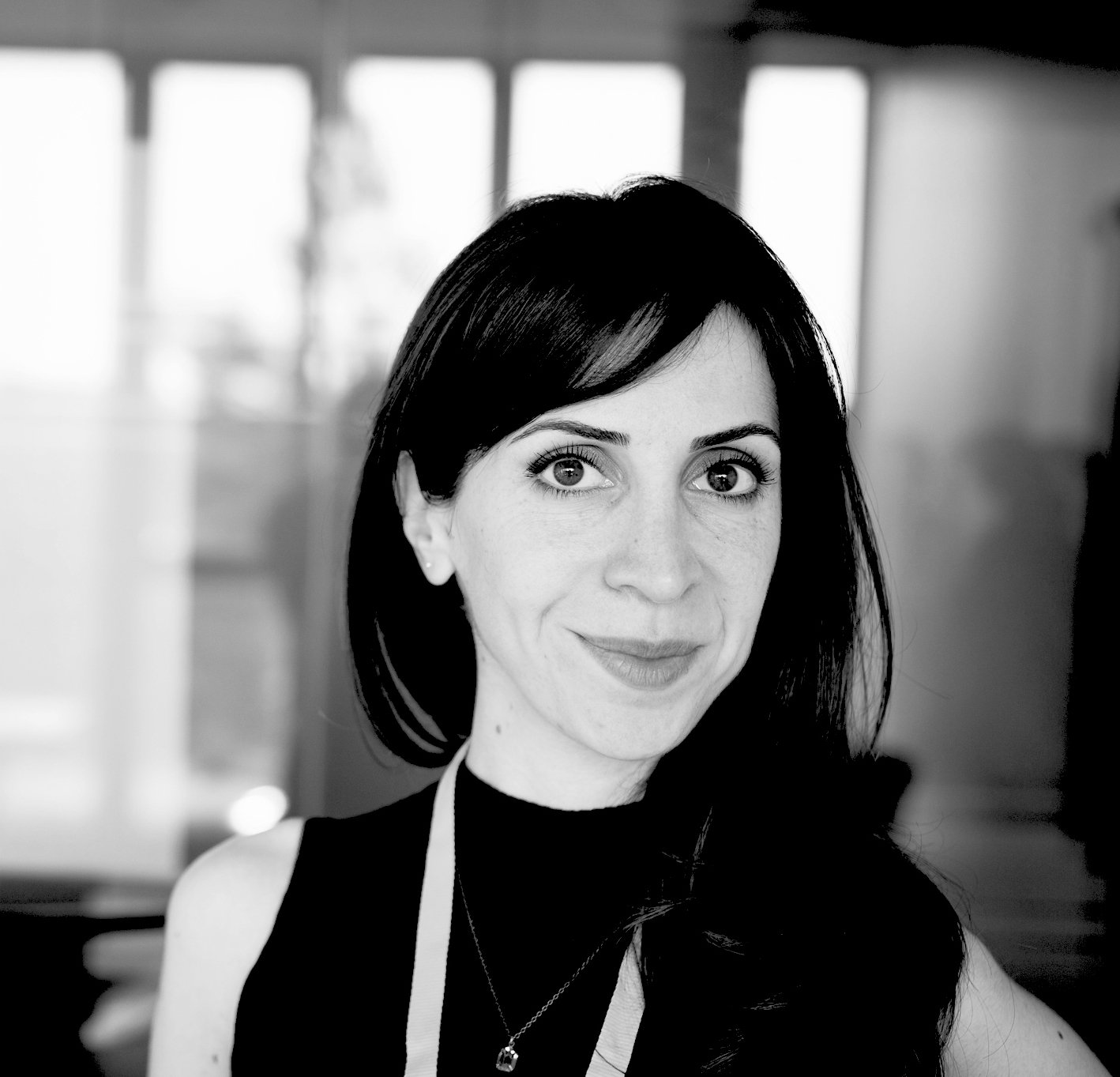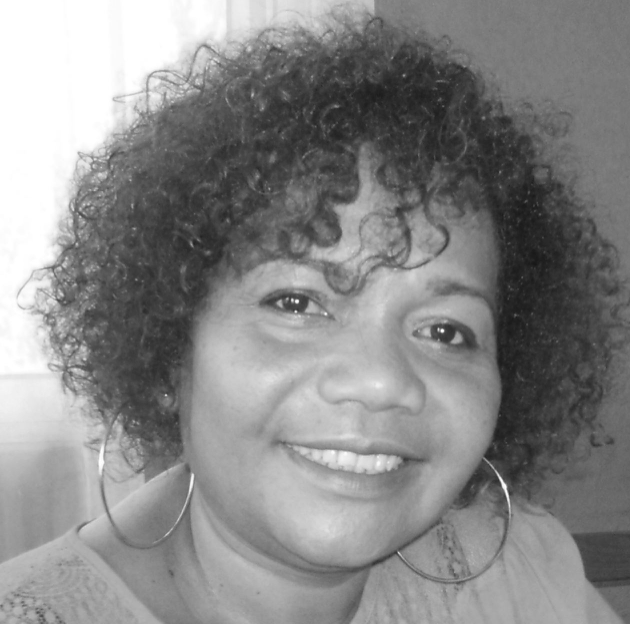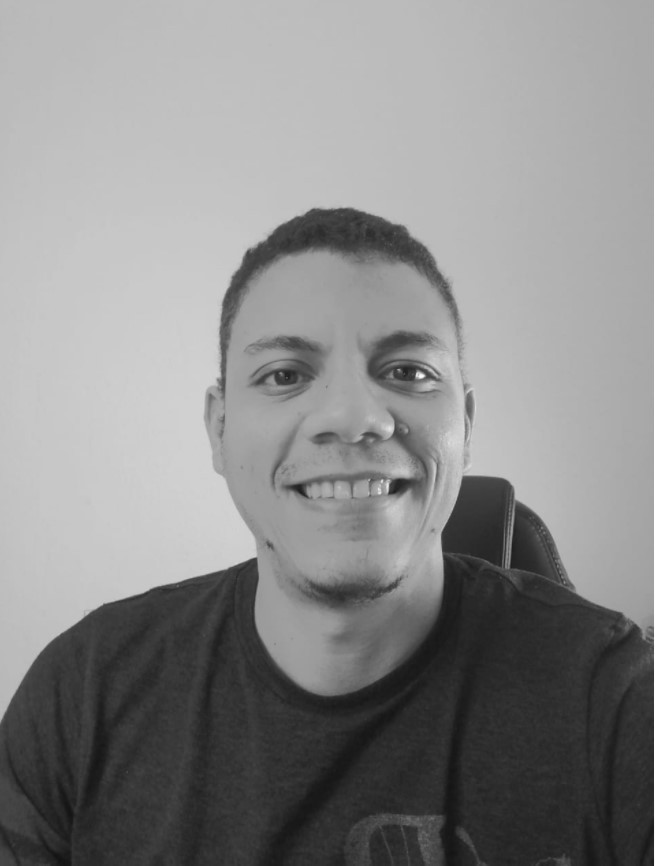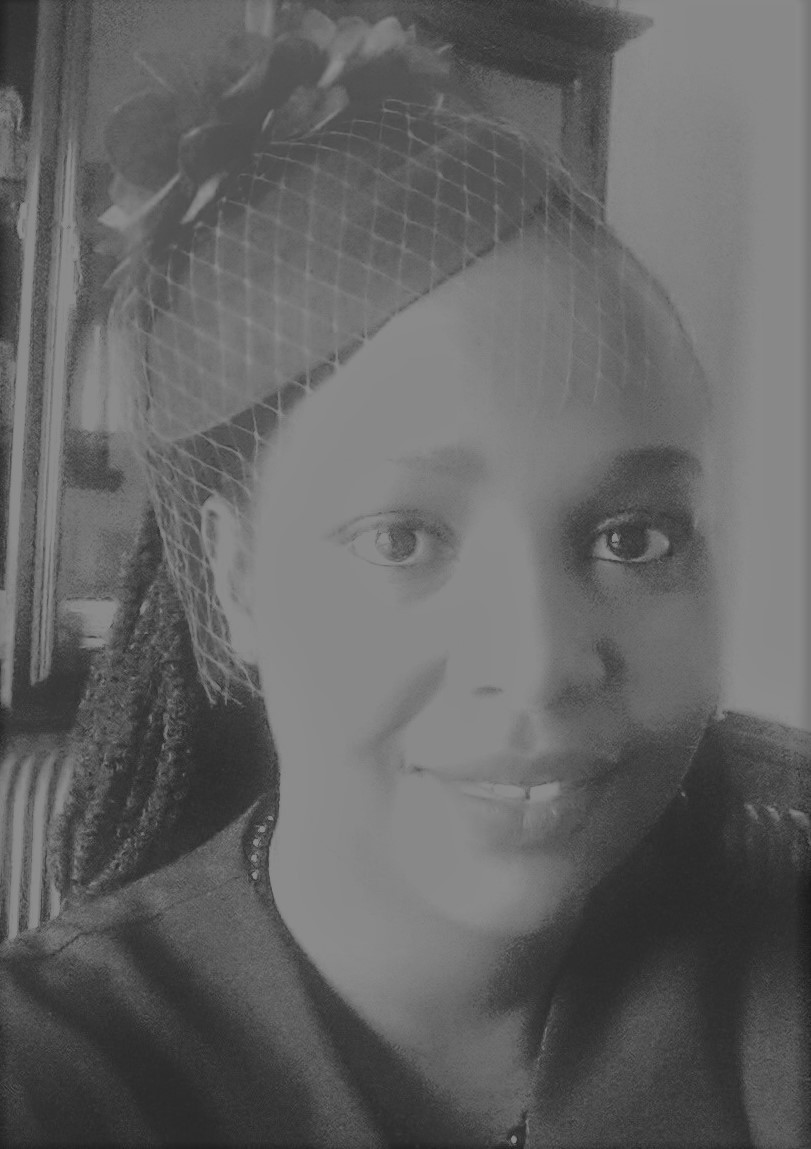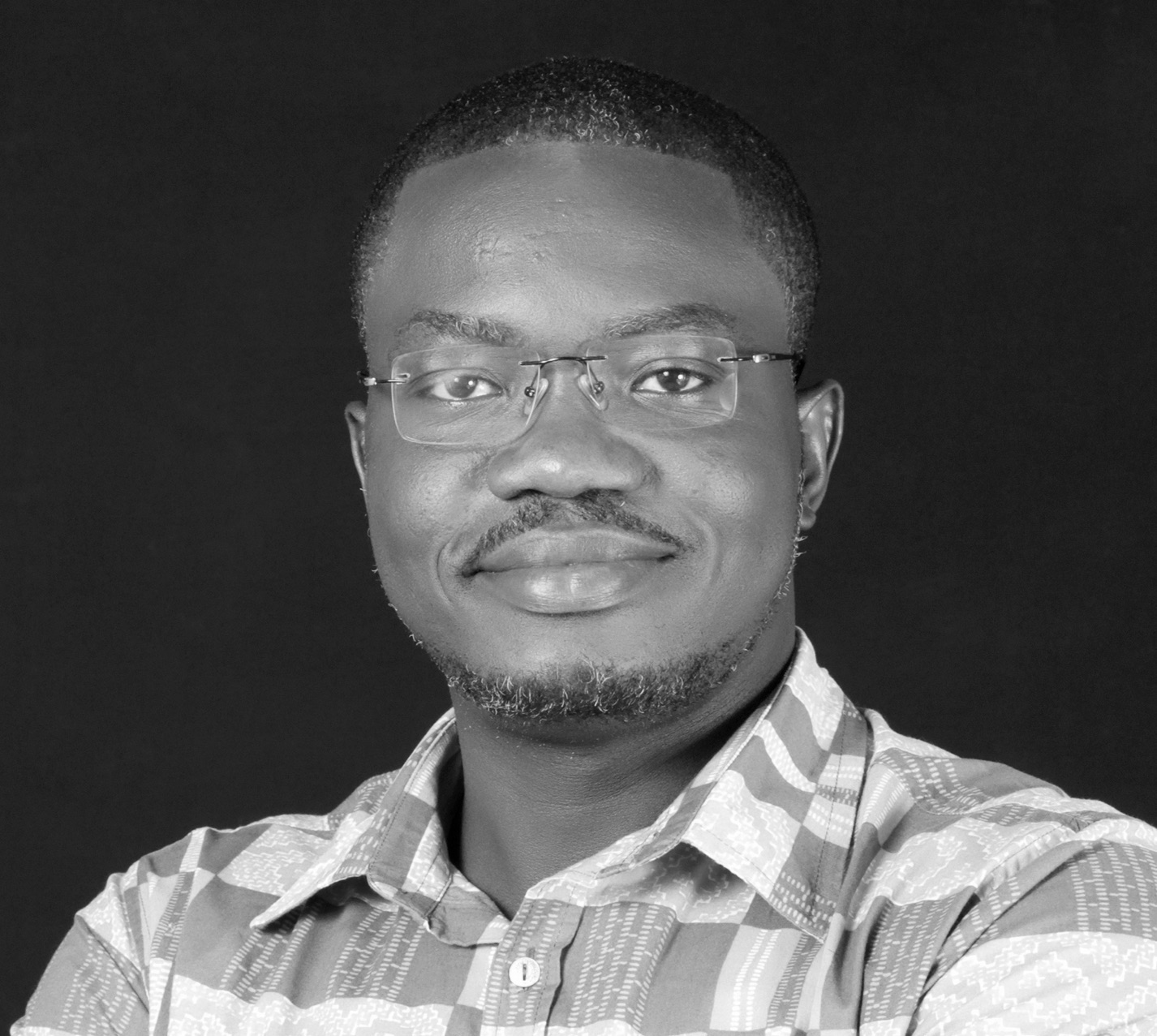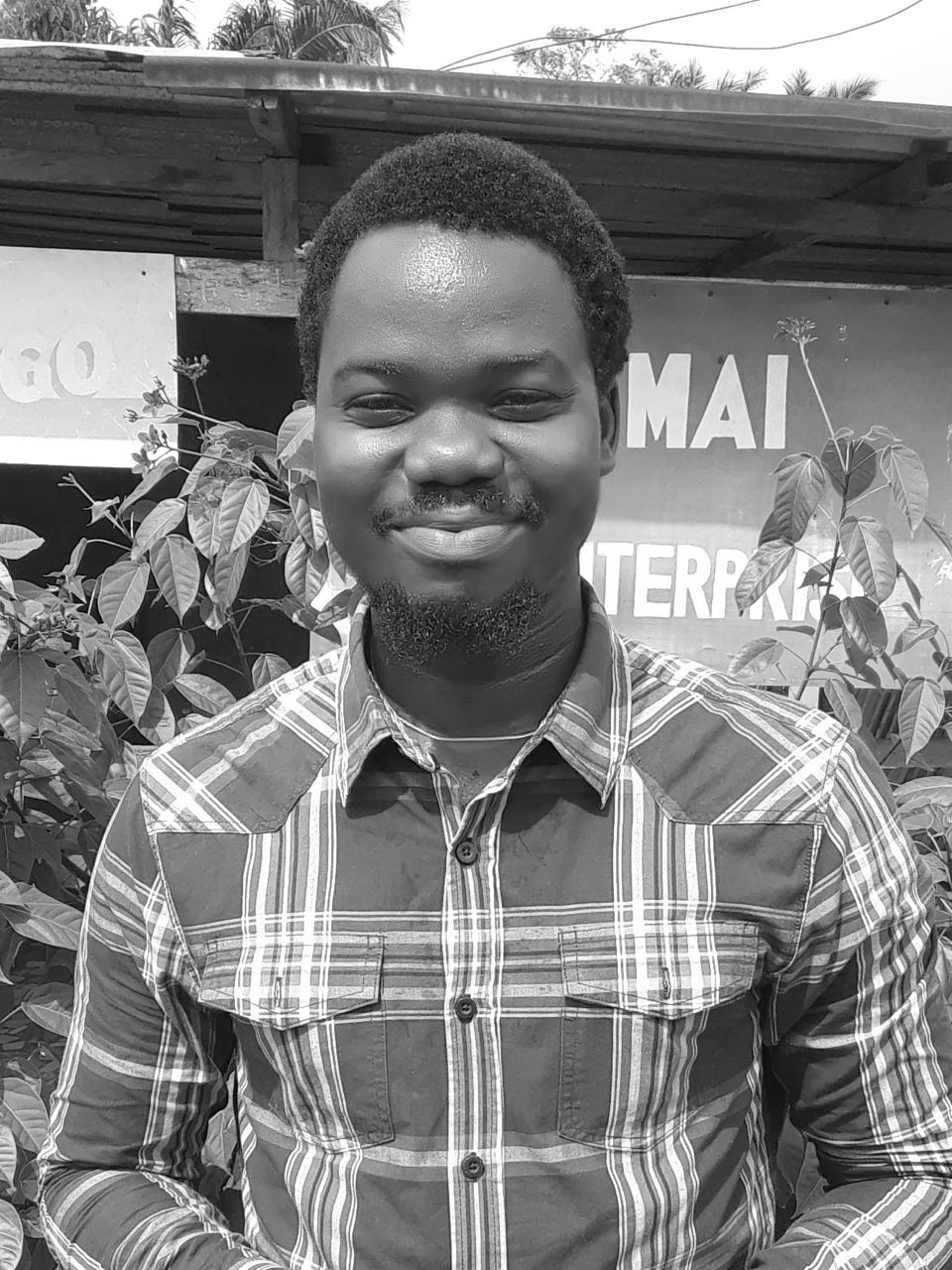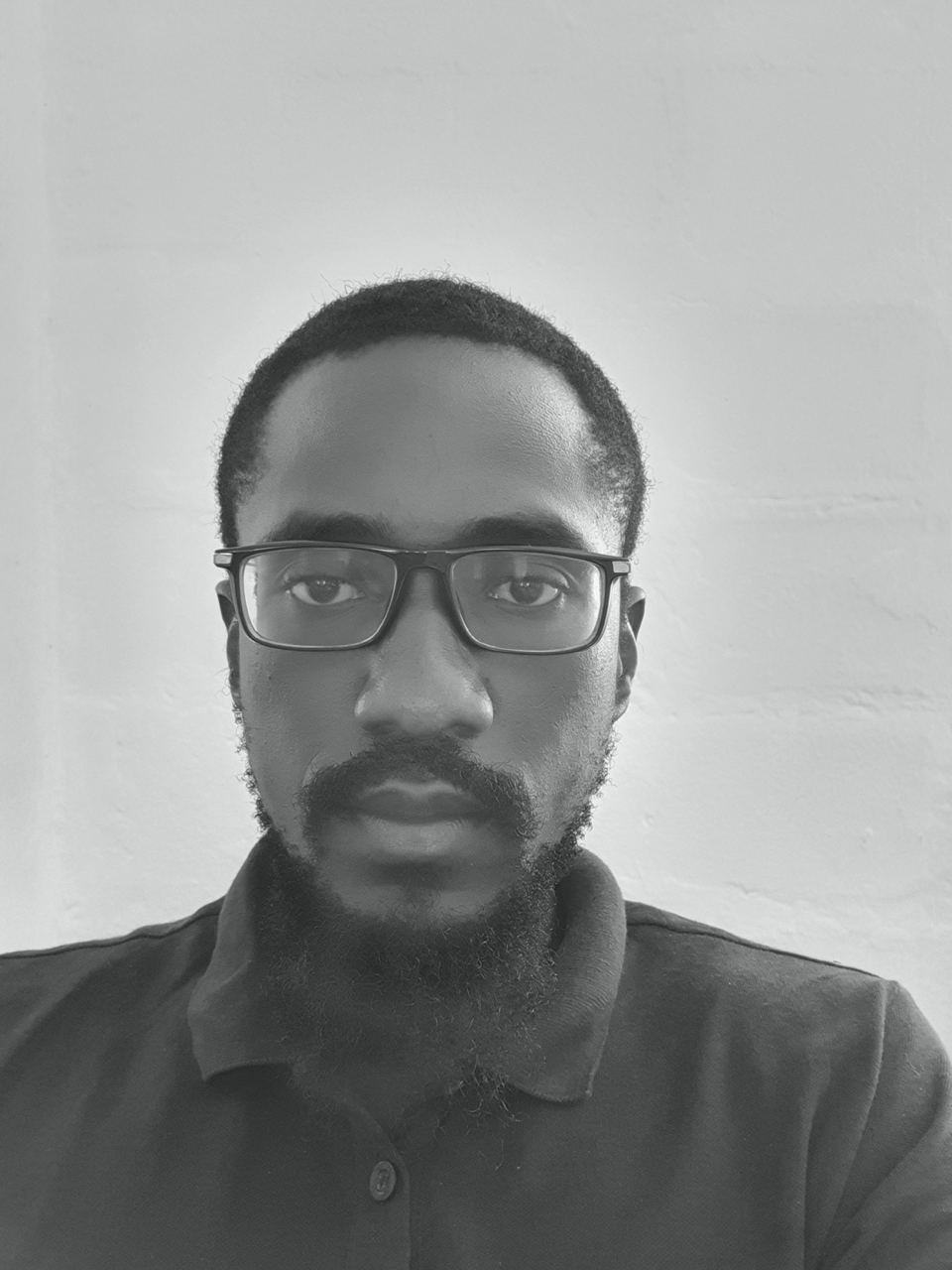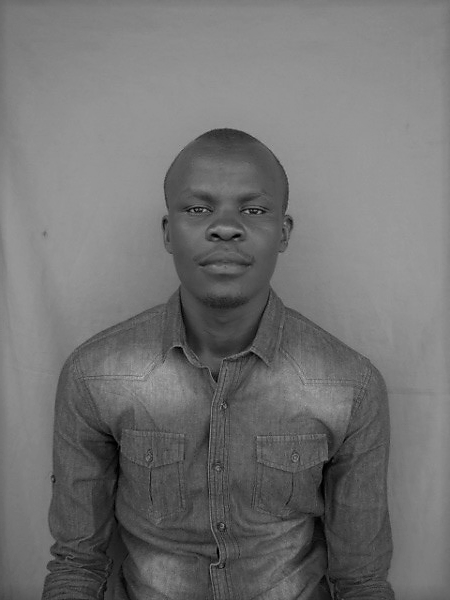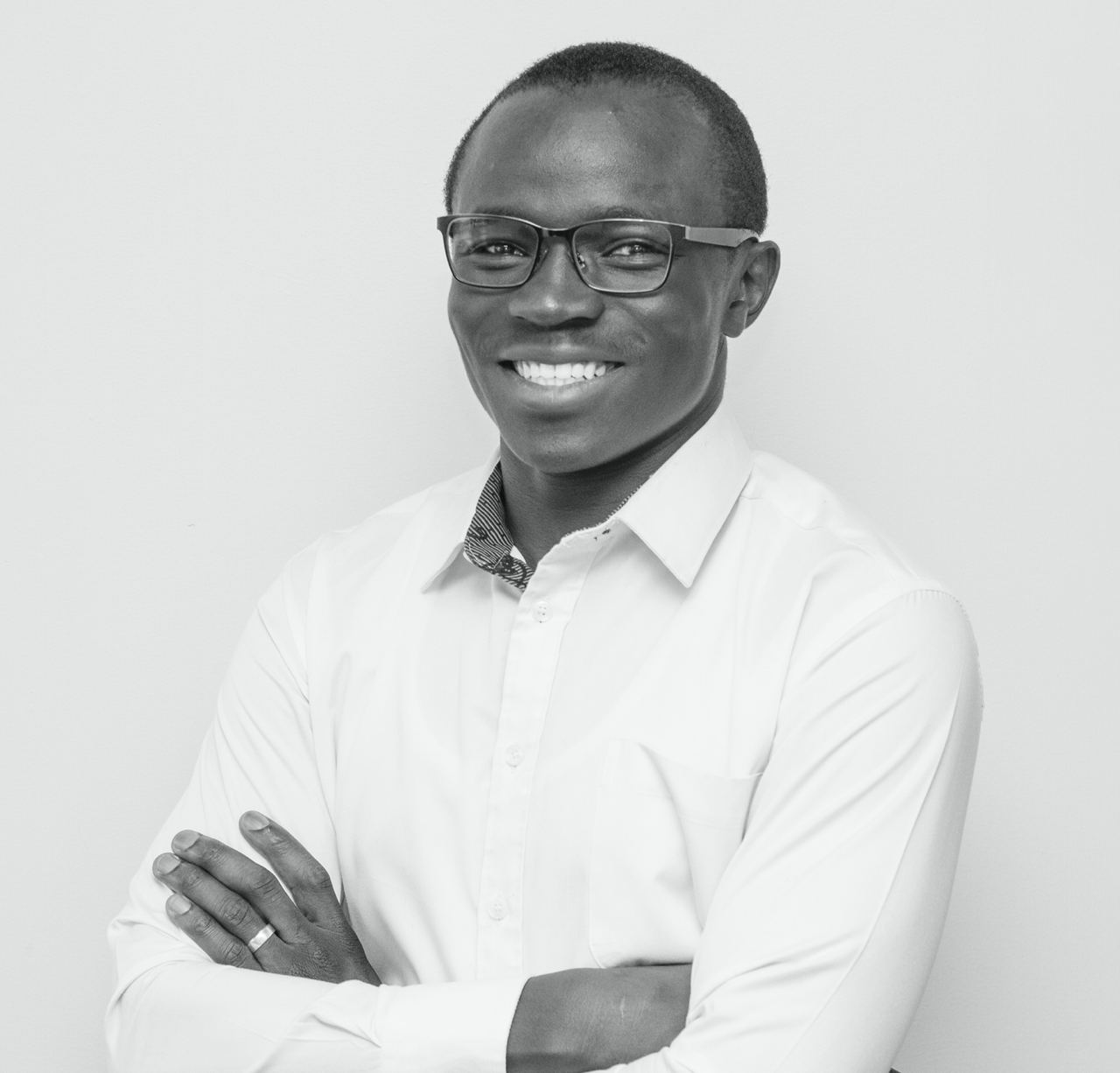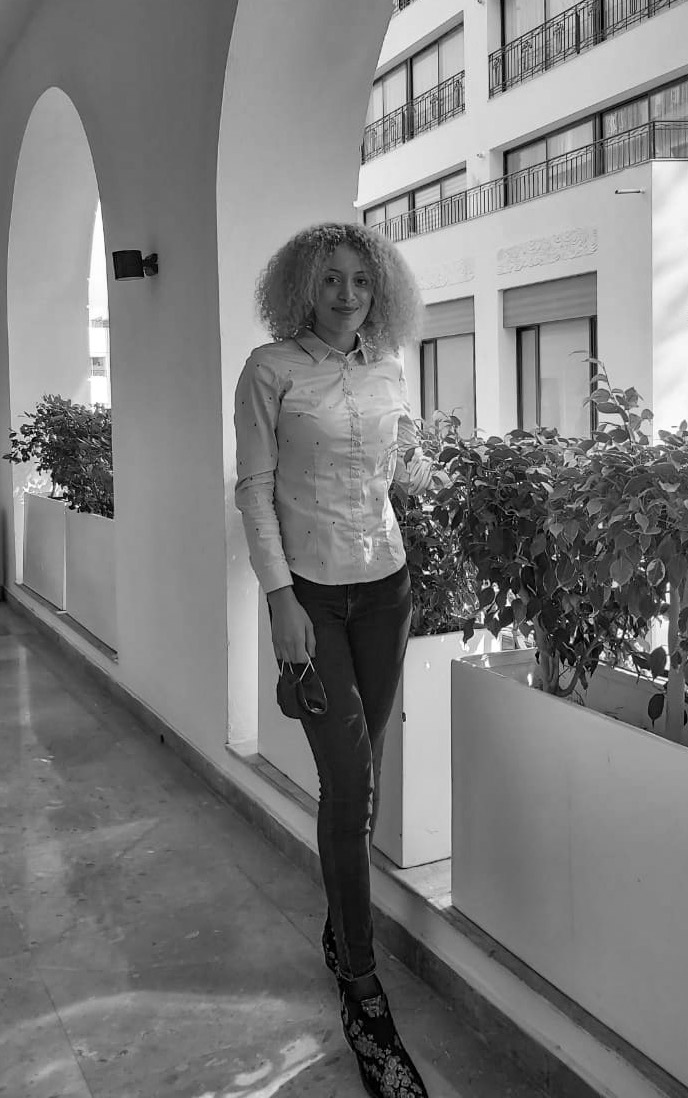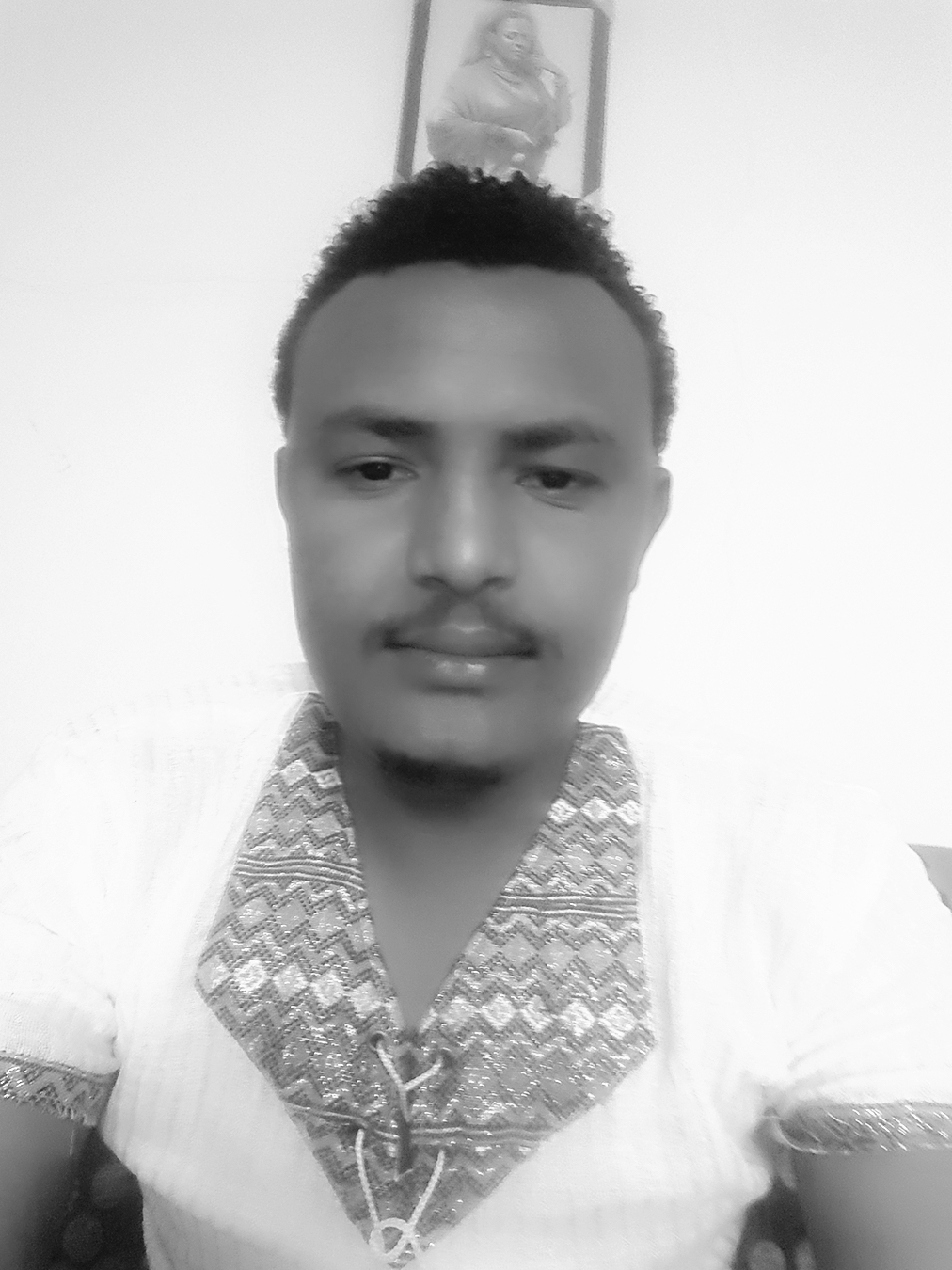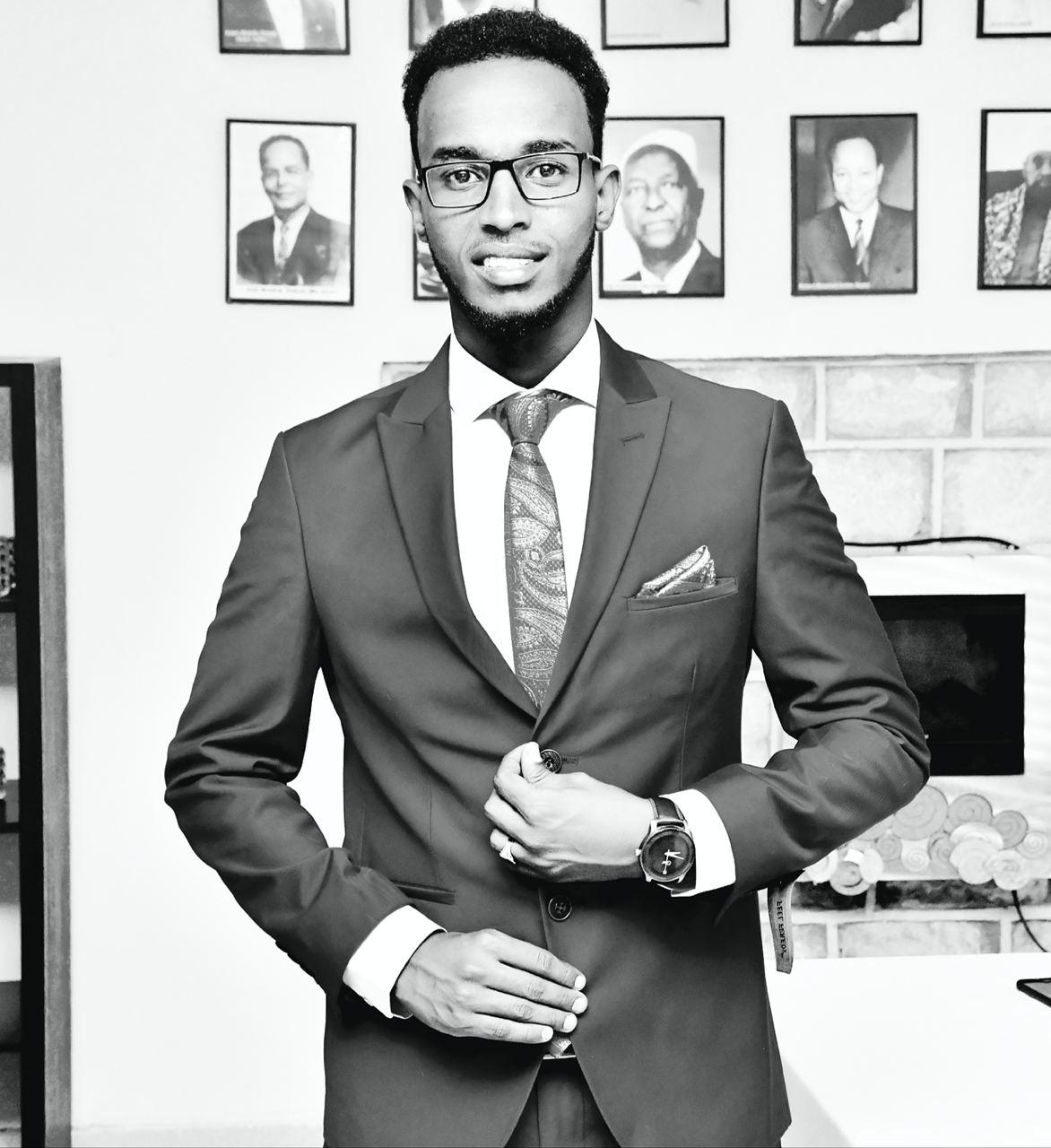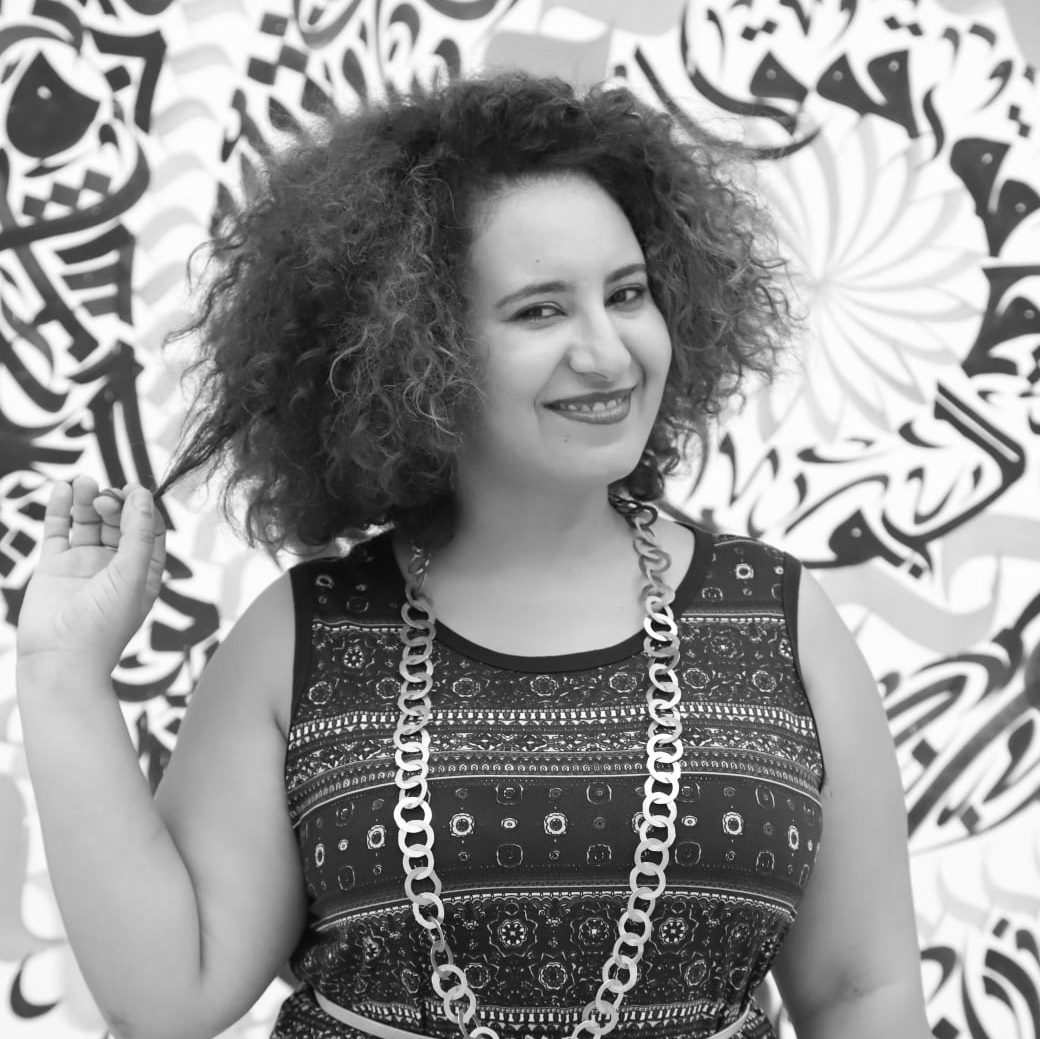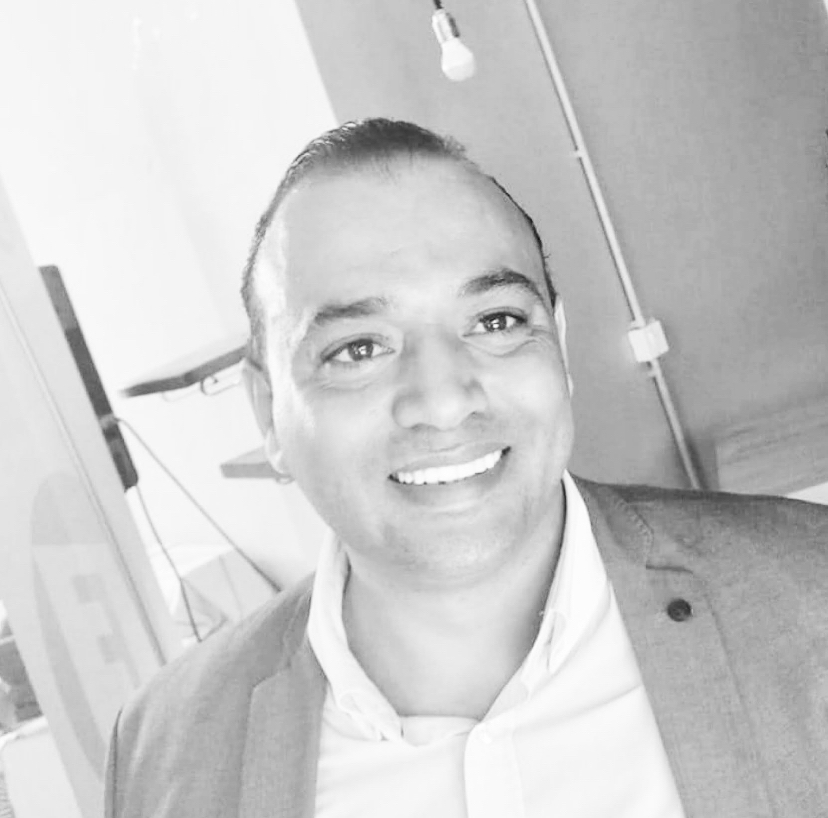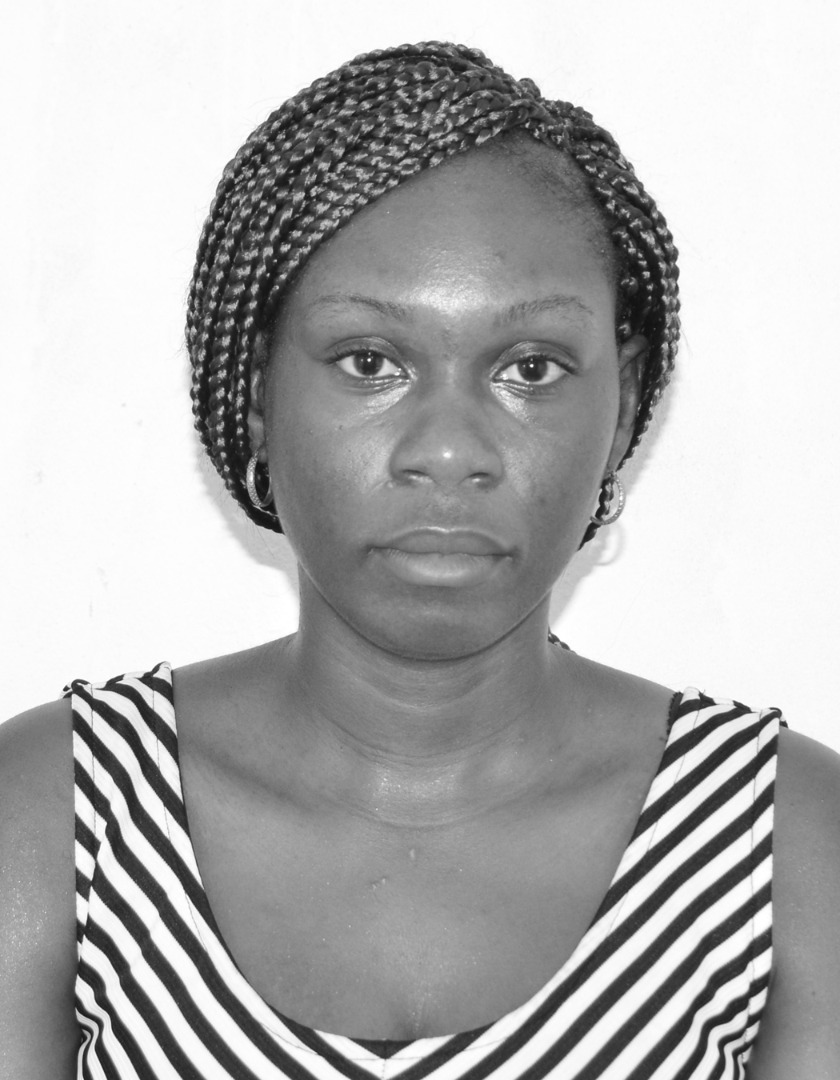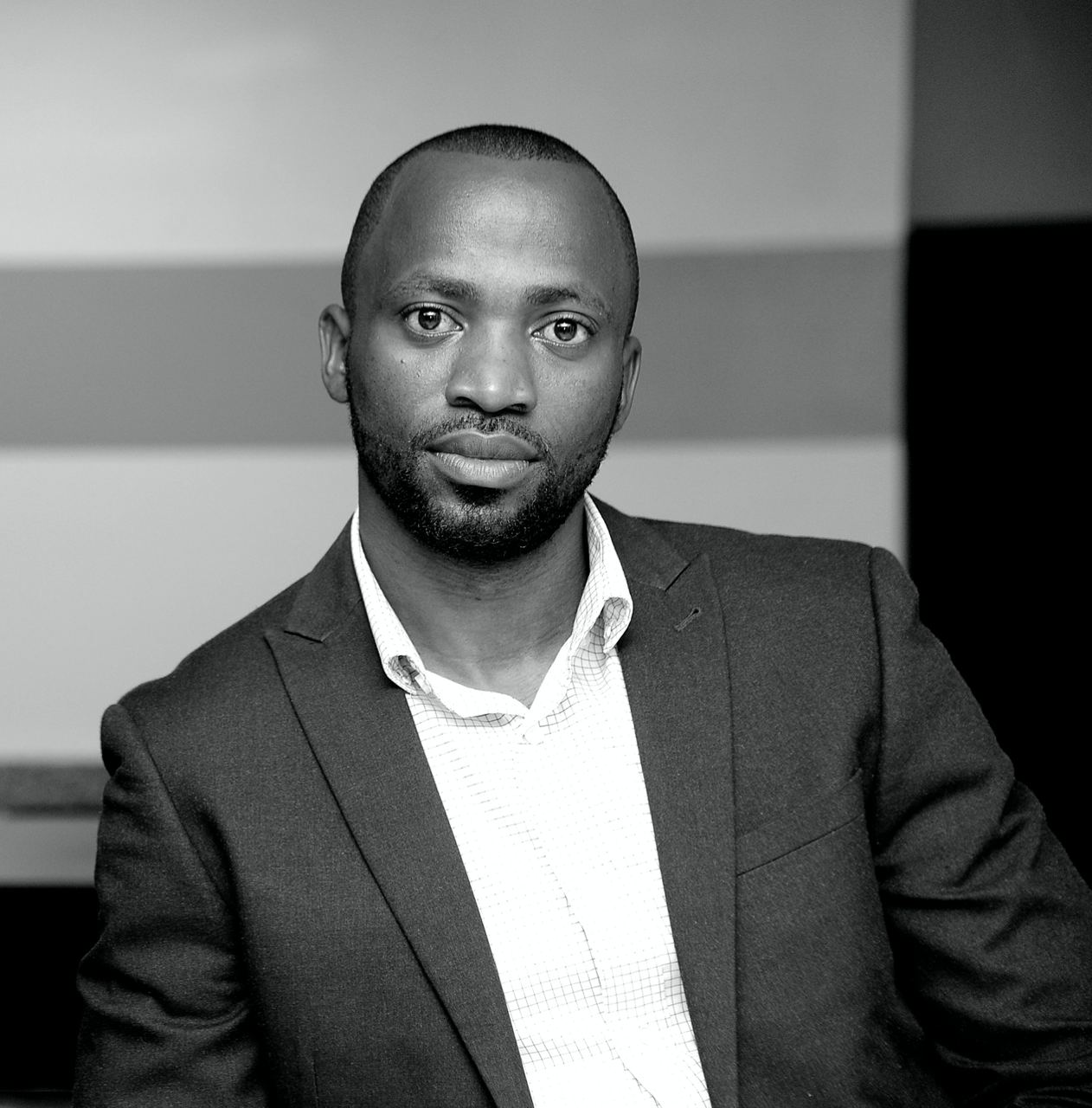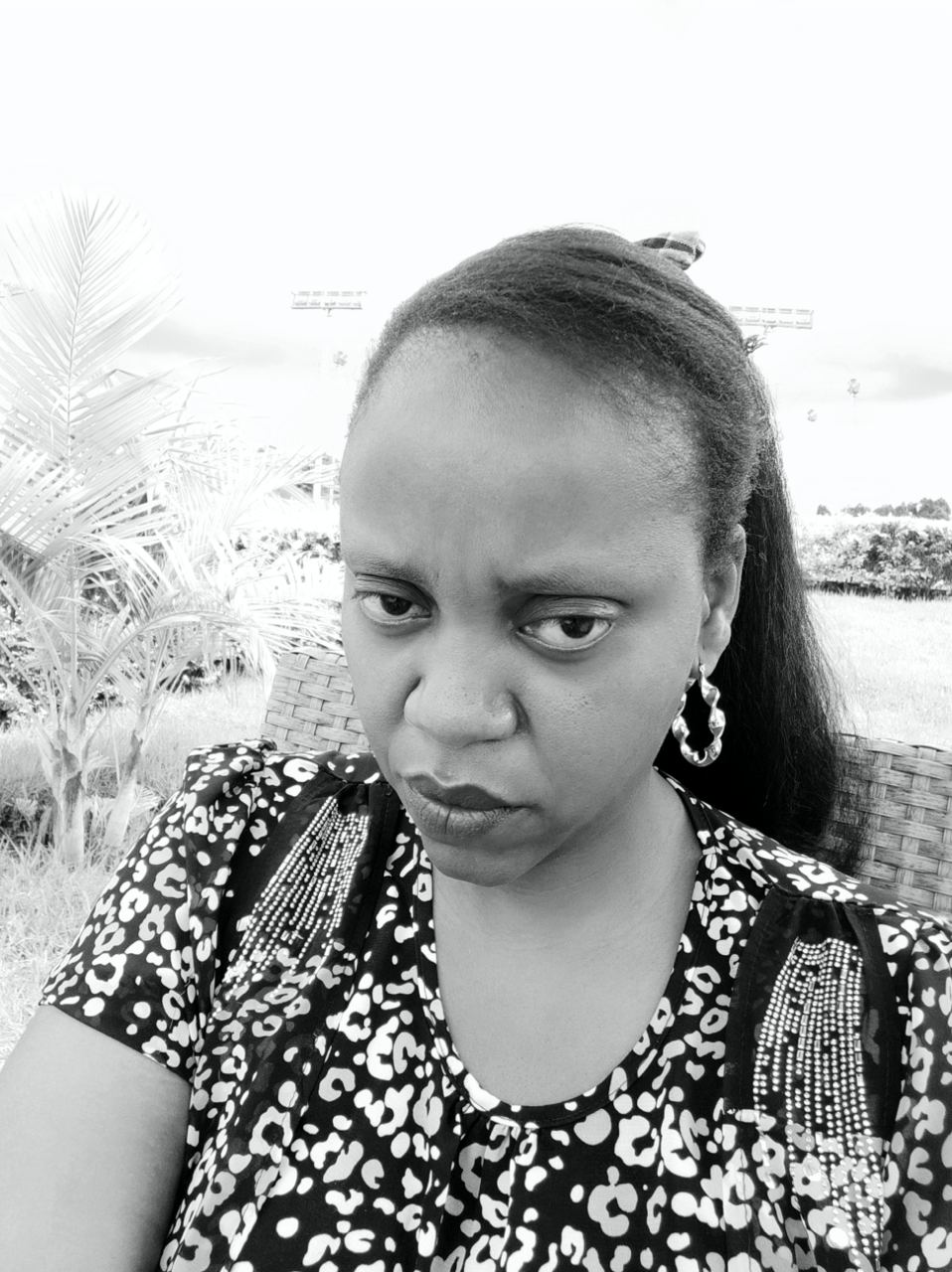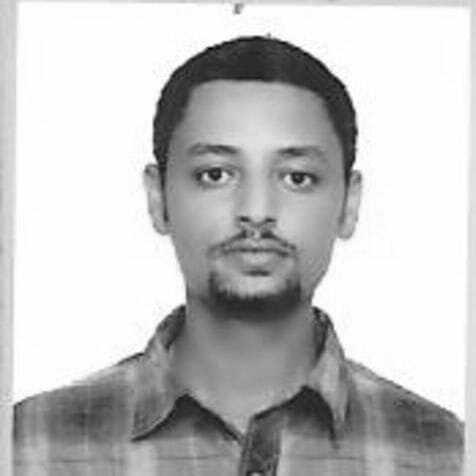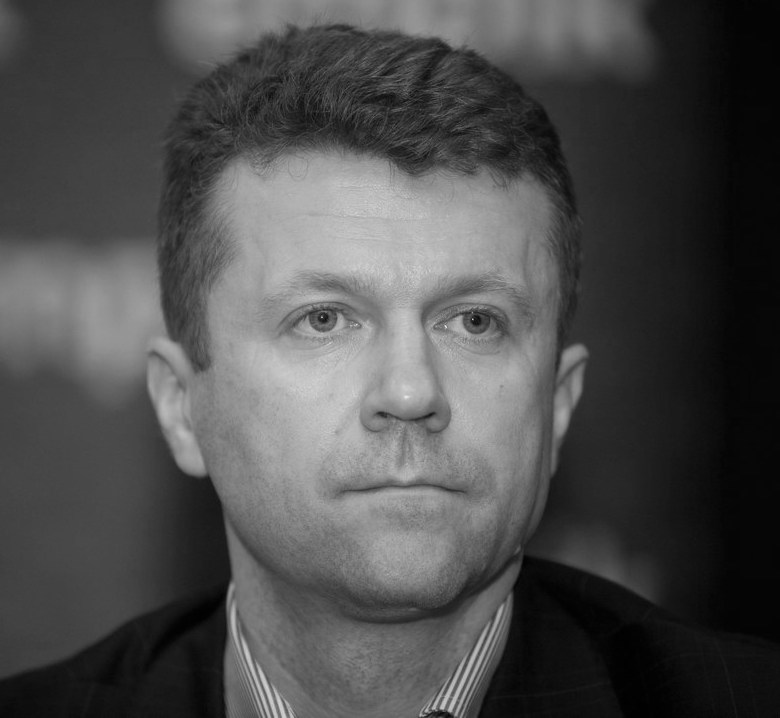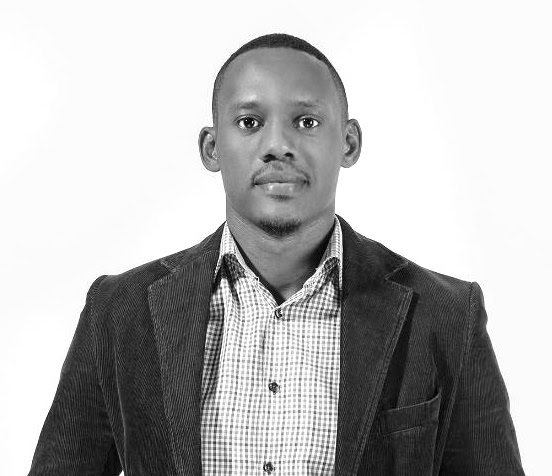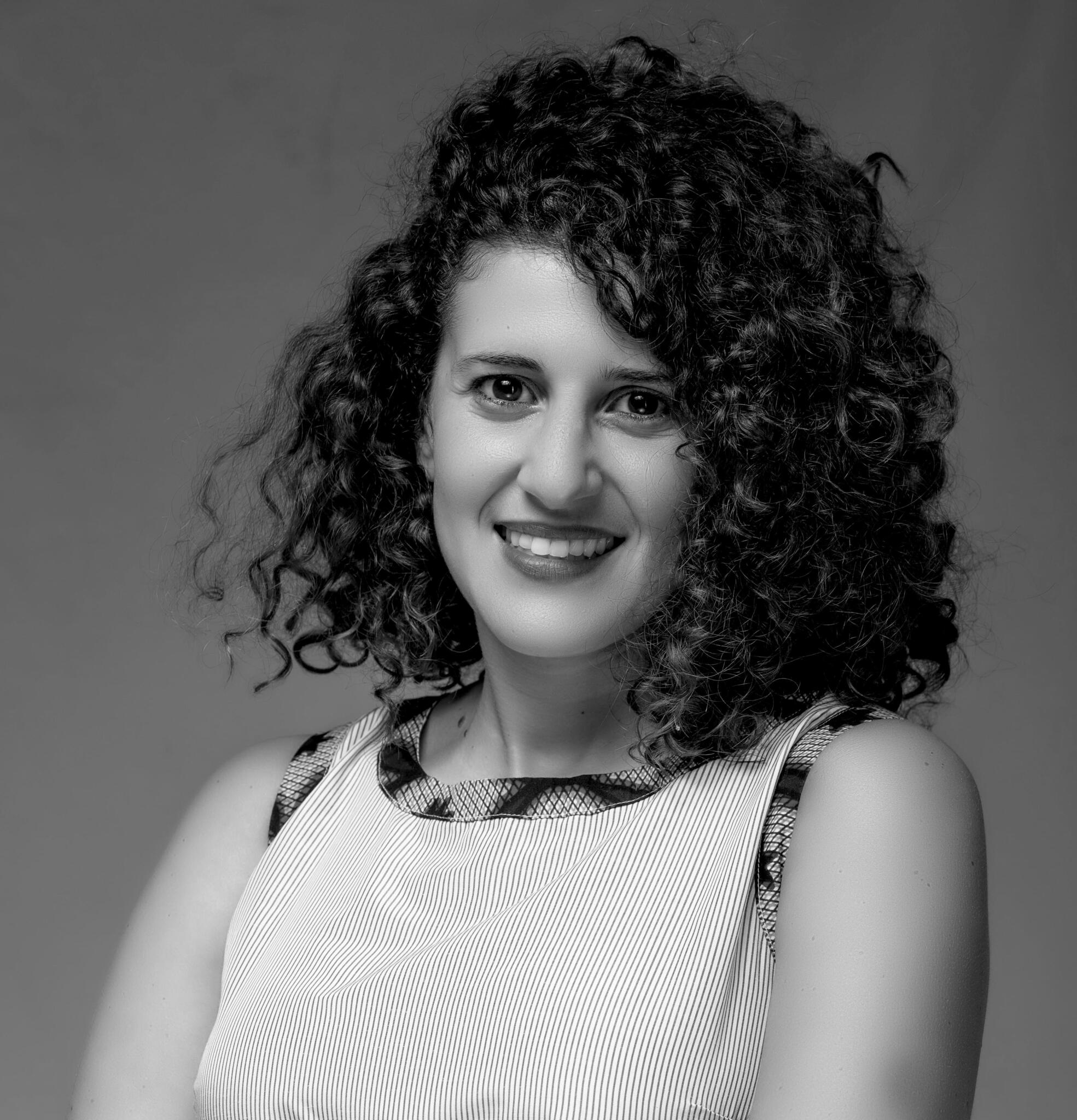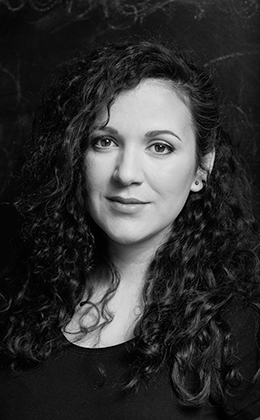Registration for the hackathon is closed now, but you can still join the event by joining the live broadcasted, free conference. Check the conference agenda and amazing speakers here: https://www.euafricathejourney.com/conference/agenda/
www.euafricathejourney.com
We are inviting you to hop on board on a journey towards a true digital transformation of Africa and Europe- EU : Africa The Post Crisis Journey! #euafricathejourney ⛵️🌍
❓WHY
Today’s virus influenced world is uncertain and dynamic. It is clear to everyone, that the life that we have lived until the outbreak of COVID-19 does not just bounce back to the way it was. It is important to start with new and creative approaches to deal with the challenges that the COVID-19 pandemic has given us an insight on. Build new projects. Think bigger. It is in our hands to jumpstart the economy by using decades of innovation in a supportive and inclusive way while being tough and smart, united, and disciplined.
❓WHAT
EU : Africa The Post Crisis Journey is an African-European online hackathon program to find innovative solutions to socio-economic problems that have been further escalated by the outburst of the COVID-19 pandemic. All the challenges tackled in this program are put together in collaboration with the African Union and Smart Africa and are in line with the Africa-Europe Digital Economy Partnership Report and the United Nations Sustainable Development Goals
We are looking for your inspiring and innovative ideas in the following 11 topic areas:
Education ⎮ Food security ⎮ Job Security ⎮ Vulnerable Populations ⎮ Health & Wellness ⎮ Financial Services ⎮ Big Data ⎮ Cyber Security ⎮Smart Cities⎮Job Security ⎮ Financial Services ⎮ Cyber Security⎮ Digital Economy ⎮ e-Governance⎮ Smart Cities
🌍 NOT JUST A HACKATHON 🌍
The program is open for ready-made teams and individuals. We aim to engage 10,000 passionate tech-savvy and socially conscious problem solvers, 300 mentors, and 500 community organizations across Africa and Europe. To give a new dimension to the African-European partnership, we facilitate several matchmaking sessions prior to the hackathon to put together teams that are composed of both African and European participants.
Our mission is to go beyond a simple hackathon- winning teams will get their hands on 100 000€ prize fund (and growing!), develop their prototypes further in the follow-up program of the hackathon, and implement their world-changing ideas in real life.
The program is divided into the following steps.
🌍 REGISTRATION (is CLOSED!)🌍
The program will be open for both team and individual applications. You can submit your idea on the following topics
Education | Food security | Job Security | Vulnerable Populations | Health & Wellness | Financial Services | Big Data | Cyber Security | Smart Cities in Africa | Job Security | Financial Services | Cyber Security | Digital Economy | e-Governance |Smart Cities
If you wish to participate, but don’t have an idea on your own, you can register anyway and you can find yourself a team in the matchmaking sessions!
🌍WE ARE LOOKING FOR 🌍
Passionate project managers and idea owners, developers, designers, business developers, marketing gurus, and field experts on education, health, human resources, ethics and human rights, green tech and sustainability, governance, digital economy, cybersecurity, and data. If you have a special skill that isn’t listed here and you feel like you could make a difference- you are more than welcome to register
👉 Read more about the program and get to know the challenges:
www.euafricathejourney.com
👉Look at the teams participating: https://eventornado.com/event/eu-africa-the-post-crisis-journey#home
🌍 IDEA SELECTION & TEAM FORMATION MATCHMAKING SESSIONS 🌍
Only the best and most relevant ideas get accepted. Team formation will happen prior to the hackathon, on a special, matchmaking platform. TOP ideas and all the individuals without the team will be invited for a facilitated matchmaking session to pitch their ideas and meet their future team-mates. As a bonus, speakers will provide inspiration and share the hackathon’s tips and tricks.
During the matchmaking sessions two main things will happen:
✔︎ an individual participant, you will get to know the ideas that have been submitted so far and join with the team whose idea inspires you the most.
✔︎ as an idea owner, you will get a chance to introduce your idea and interact with your possible future teammates and ask them to join your team
Teams selected to enter the competition will be announced on December 7. Teams will receive an e-mail with a complete set of instructions to get ready for the craziest 72-hour online hacking marathon.
🌍 ONLINE HACKATHON 🌍
Fully online,intensive 72-hour hackathon where ideas will be developed into a prototype through well-coordinated checkpoints, intensive work, and through the support of the top-notch mentors. It’s also worth a mention, that the prize pool for the winning ideas is 100 000 euros !
🏆🏆PRIZES!🏆🏆
Winner 20 000€
2nd place 15 000€
3rd place 10 000€
4th place 5000€
5th place 5000€
6th place 2000€
7th place 2000€
8th place 2000€
9th place 2000€
10th place 2000€
Plus: 3000€ for each of the category winners!
🌍 MATCHMAKING & POST HACKATHON SUPPORT 🌍
Post-hackathon matchmaking event to put the teams together with all the help they need to move further and bring the solution developed during the hackathon into real life. This would bring together all the teams, who seek further help, policymakers, impact organizations, industry experts, accelerators, and investors.
Post-hackathon mentoring program from the mentors of the hackathon to help the teams to overcome any possible roadblocks. Post-hackathon mentoring is a fully online program that begins right after the hackathon and lasts approximately 6 weeks.
❓Yes. The topics that are tackled on the hackathon are absolutely massive and you might ask yourself:
“HOW WILL I MAKE A DIFFERENCE”🧐
Well, you can. By planting your tiny, perhaps still in the seed stage idea into the soil right now 🌱, you can accelerate the development of a truly digital society and boost the economic growth on both continents. It might seem like a huge and daunting mission, but the key is to start now.
So one more time. Take a moment, get to know the challenges and submit your idea. Even in an era where it’s nearly impossible to travel, we will promise you a journey of a lifetime! 🌍⛵️🧡
👉 Read more about the program and get to know the challenges:
www.euafricathejourney.com
The program is put together in collaboration with Estonia Ministry of Foreign Affairs Development Cooperation and African Union, Irish Aid, Luxembourg Aid and Development, Ministry for Foreign Affairs of Finland and Polish Aid, Garage48, and Smart Africa.
👉Join the Facebook Event
The times are in the Central African time zone (GMT+2). We reserve the right as organizers to make changes in the schedule if needed.
10th December
16:30 Opening session
17:00 Opening words by the spokespeople of the #euafricathejourney
19:00 Checkpoint #1. Lead mentors check the teams for their plans for the hackathon. Understanding what problems the teams are solving.
20:30 Teams keep working
11th December
08:30 Checkpoint #2. Lead mentors check the teams for their progress. Understanding the validation of ideas
11:00 Mentors help teams
12:30 Teams keep working
16:00 Checkpoint #3. Lead mentors check teams for the plans for the night
17:30 Teams keep working
12th December
08:30 Checkpoint #4. Lead mentors check teams for what's still missing. What help do they need
11:00 Mentors help teams
12:00 Teams keep working
14:00 Pitch training for participants and teams. How to prepare your demo
17:00 Checkpoint #5. Lead mentors give some feedback on the teams' demos
19:30 Teams keep working
13th December
09:00 Deadline to upload the final video
13:00 Jury chooses the TOP20 teams that will enter the final competition
15:00- 17:30 Final Webinar - Top 20 demo's
17:30 Jury makes the final decision
19:00 Final award and closing ceremony
Education
Many children received no education after schools closed all across the continent in March 2020 and a lot of the children had no instructions, feedback, or interaction with their teachers.
Some classes were taught over radio or television, but the program was standardized for everyone and therefore too difficult to understand for the younger learners. While edtech solutions brought some good ideas into the remote-education world, they relied on technologies that many families didn’t have the access to.
The other problem was poor and expensive data connectivity, which made students prioritize the educational material they downloaded to more complex topics like science or math. Studying independently caused a lot of stress and anxiety to the students- when the contact with the school community disappeared- students felt alone and without any support to navigate through this difficult journey.
It’s clear that education remains as one of the top priorities in the continent with the youngest population in the whole world - over 200 million people are aged between 15 and 24. In a continent where the quality of education varies a lot, eventually everyone had to find a way for distance learning.
- Platforms and programs to educate the teachers and teach them digital skills
- Quality ICT education resources and systems to teach students the skills needed to thrive in the actual rapid changing labor market
- Access to learning tools to take full advantage of the opportunities offered by digitization
- Tools that help the students and teachers to cope with the emotional stress of distance learning
- Programs to ease the digital divide
- Programs to help girls, who face unique barriers to continuing to follow formal education from a distance
Food Security
In Africa, recent estimates suggest that 73 million people are acutely food insecure. Furthermore, since last year, African regions, particularly the Sahel and southern Africa, have been severely affected by climate change (UNCTAD)
Since long before the COVID-19 pandemic, these chronic food crises have been driven by a variety of factors, including economic shocks, climate, and conflict. A regional slump in food production and a fall in global demand may prolong the negative effects of COVID-19, with poverty and food insecurity expected to continue to rise in 2021.
In the long term, it is critical that countries take the steps to build resilient, climate-smart, and competitive food systems. Increasing the productivity of agricultural systems; it also aims to diversify agriculture by supporting the development of other value chains.
Ideas we are looking for:
Pre-organized food distribution systems for a door-to-door distribution to avoid public gatherings
Distribution systems of seeds for future harvests to help households that may go hungry due to COVID-19
Mobile payment mechanisms to distribute compensation for vulnerable households
Other creative ideas on how to provide the food for those in need
Agtech solutions that increase productivity and diversify agriculture. Solutions to transform the delivery of inputs, soil testing, crop insurance, credit, extension advice, and market linkages
Solutions which help all food producers, smallholder and commercial farmers alike, adopt sustainable practices to become more climate-smart and therefore protect the entire ecosystem upon which human food production depends
Job Security
Historically, women, young people and low skilled workers have always been more harmed by recessions than highly skilled and educated people (who also had the chance to take lot of their tasks online during the lockdown in Spring 2020). The report published by African Union predicts that nearly 20 million jobs both in the formal and informal sectors, are threatened. Africa is demographically the world’s youngest continent. By 2030, one fifth of the global labour force – and nearly one third of the global youth labour force – will be from this region. While 10 to 12 million youth enter the workforce each year, only 3 million formal jobs are created.COVID-19 pandemic is likely to accelerate this trend even more. Large youth unemployment – associated with socioeconomic inequalities and corruption – is also a driver for instability and national insecurity.
Ideas we are looking for:
Develop inclusive business models that facilitate young people’s transition to the formal economy
Unformal ICT education for the young people to learn the skills that are often needed to apply for a higher quality and more stable positions
Tools to help young people train their “soft skills” to survive in today’s job market
Other creative ideas!
Vulnerable Populations
Vulnerability is a hard to grasp concept. On October 19, 2005 all UN member states adopted a Universal Declaration on Bioethics and Human Rights (UNESCO, 2005). The declaration represented a first attempt to develop a global normative framework for bioethics. The declaration defined vulnerable individuals and groups, proclaimed "human vulnerability" as a basic principle of bioethics, and stated that vulnerable individuals and groups must receive adequate protection in the development and application of medical, scientific and technological knowledge. There are many circumstances that make the individuals or groups vulnerable, but the main ones are considered to be disease, disability, other personal conditions, environmental conditions and limited resources.
COVID-19 pandemic is exacerbating existing vulnerabilities. Many of the vulnerable people have also been most affected by job losses and the resulting income loss. The loss of jobs and income is likely to result in the reduced ability to access healthcare and a nutritious diet. This, in turn, will negatively impact people's health. Vulnerable groups have also hard time coping with the social distancing and using the other protective measures to prevent them from the virus, making them more likely to get sick.
While many of the hackathon ideas we are looking for could contribute to making the lives better for everyone, under this track, we invite you to come up with the ideas that could make the difference in the lives of the most vulnerable.
We are looking for ideas that could bring a positive impact in the lives of :
Children- children affected by AIDS, orphans, children affected by the violence and exploitation, street children
Pregnant women- more than ⅔ of the world’s maternal deaths happen in sub-Saharan Africa. The leading cause of maternal deaths is inadequate access to quality care during pregnancy or delivery or after birth.
Elderly people- diseases, poverty, age and gender discrimination for elderly women
Those with human immunodeficiency virus (HIV), and those with other chronic health conditions
Refugees - digital ID for refugees, refugees access to mobile services in creative ways, mobile financial services at refugee camps and mobile enabled services that work on low data or without data
Economically disadvantaged groups- People suffering under poverty: poor housing, homelesness, malnourishment
Health and Wellness
The COVID-19 pandemic has exposed the inadequacies in health systems of many countries globally. In Africa, the same exposure of health system weaknesses is unravelling as in the rest of the world, but there is another dimension: how the responses and recovery trajectories beyond the pandemic intertwine with development realities. The strategies that have proved effective elsewhere which include testing, tracing, adopting and enforcing social distancing, timeous decision-making to stop economies from free-falling, and engagement of the private sector are harder to adapt due to historical and contemporary development realities of inequality.
Still, COVID-19 has so far taught countries that there is no need to ‘reinvent the wheel’ of measures to deploy, but to tailor them to national and local contexts.Health is the main focus at the moment all around the world as the economic recovery relies heavily on protecting the public health and stopping the spread of the COVID-19.
Ideas we are looking for
Adequate information sharing
Ways to adapt the existing effective strategies in different countries across the continent
Coordinated systems to prioritize testing
Tracking systems
Adopting and enforcing social distancing
Assisting people who become sick
Health in public places
Financial Services
Across the continent, fintech isn’t so much disrupting traditional financial services as building up a historically underdeveloped industry and driving financial inclusion outside the traditional banking systems. In recent years, Africa has witnessed impressive gains in the development of digital financial services (DFS) for financial inclusion.
By creating a pool of tech-based products and solutions, that focus strongly on including and catering as much people as possible, including mobile money (now used in over 30 countries across the continent), online payment processing, lending, and investing, the fintech startups are plugging large gaps that exist in local financial service industries. In a bid to curb the spread of the virus, the World Health Organisation has been cautioning against the use of hard currency and encouraging the use of digital payments. Even with all the fintech solutions, it is still a challenge in a continent, where around 66% of the adult population in Africa remains unbanked.
Could the coronavirus pandemic provide the trigger that pushes Africa towards becoming a digital economy? What pre-existing conditions have become the crucial building blocks that will foster this?
Ideas we are looking for
Fintech ideas that encourage the use of mobile money and digital wallets for peer to peer, implement cross- border payment solutions
Peer to peer lending platforms
Solutions that foster seamless intra-Africa trade that will make it easier for everyday Africans to conveniently and affordably access financial services and for consumers and businesses to make and accept payments with fewer hoops
Solutions to encourage online merchant payments to service the essential business transactions
Creative lending practices for SME’s (encourage reduction of rates, refocusing on capital loans with a max duration of a year to offer bridge financing to SME’s and micro enterprises, etc)
Creative loan practices for investment loans
Mobilization of public funds to compensate for damage suffered as a result of the COVID-19 outbreak
Big Data
The coronavirus pandemic has spurred interest in big data to track the spread of the virus and to plan disease prevention efforts. Data sources like the mobile networks’ call data records, location update logs, social media updates will be of great use in these times. Mobile-phone data already showed effectiveness during the 2014–2016 Western African Ebola crisis.
Ideas we are looking for:
Tracking COVID-19 positive patients and quarantined people’s movements, associations and activities
Gathering aggregated insights into people’s behaviors
Anonymizing the data that is used to track movements to prevent breaching data privacy rights of the subjects
Cyber Security
Africa has always been prone to cyber-related threats due to the high number of domains paired with weak network and information security. In Africa, Nigeria remains the largest target and source of malicious Internet activities. It is known to be one of the primary origins of scam and phishing emails and other online fraud schemes.
In major African cities, such as Cairo, Johannesburg, Lagos, and Nairobi, the rate of cyber connected disturbances, such as fraudulent financial transactions and child kidnappings, especially in Kenya, facilitated through Internet communications has doubled in the past three years. A 2019 Deloitte Touche survey found that financial institutions in Kenya, Rwanda, Uganda, Tanzania, and Zambia had registered losses of up to $245 million due to cyber fraud, a high sum for countries without highly developed banking systems.
Cybercriminals have taken advantage of COVID-19 related disruptions (remote work, instability) to stage attacks on small and large business entities all over the world. A survey commissioned by Liquid Telecom in August 2020 revealed that 57 percent of network managers in Africa reported a spike in cyber threats as the continent struggled with COVID-19 pandemic.
Ideas we are looking for:
- Set up tracking, detecting and taking down the fake news on all platforms. Detecting the misinformation and synthetic media (deep fakes, synthetic images, voices)
- Improving counter-messaging and automated fact-checking.
Map existing national and regional data privacy and protection (policies, regulations, promotion and enforcement mechanism) in relation to e-trade, digital industry, e-business, digital entrepreneurship, e-business registration, e-investment and e-service providers across Africa, and identify points of alignment and divergence (Smart Africa Senegal Flagship). Conclusions for best practices.
Protecting personal data. Anonymization of personal data that is used for tracking people’s trajectories or monitoring health
Fights against cyber attacks and malware targeted against corporate organizations and
Contingency plans in place to boost the organization’s cyber resilience
Protecting smartphones against cyber attacks
Monitoring and defending national networks to make African countries less vulnerable to cyberespionage and cyberterrorism
Using ICT to detect and track terrorism attacks across Africa in the planning phase
Cybersecurity legal frameworks to fight cybercrime
Education initiatives on Internet safety and security to tackle the issues of child protection and social security in general
Education programs on ICT-related security issues for stakeholders (ICT regulators, law enforcement agencies, the judiciary, end-users)
Digital Economy
As a continent with the youngest population of the whole world and a constant lack of jobs for the young people who enter the job market, Africa has to focus on building a strong ecosystem that supports homegrown firms to generate world-class products and services which help to widen and deepen digital economic transformation. Almost 80% of the region’s employment is created by small and medium-sized enterprises (SME’s), meaning entrepreneurs of the continent should be supported by governments and proper infrastructure to enable economic growth.
In order to accelerate sustainable socio-economic development on the continent and encourage building the digital economy, we are looking for the following ideas
Startup and innovation ecosystem building projects, with a special focus on connecting the different regions in the continent
e-Services
eCommerce and digital trade as the bloodstream of digital economy at the national, cross-border and continental levels
Innovation-driven entrepreneurship projects
Creative economy
Digital society: this includes agriculture, education and health sector solutions
Other creative ideas
e-Governance
While Africa has made good progress on catching up with most of the e-services with more than half of the Africans having some sort of a digital id card, the continent is still lagging behind in adopting e-governance practices. A big cross-cutting problem is the lack of internet - UN estimates that only 22% of the African population has access to the internet.
E-governance is important, since developing it will improve the economy of all countries on the continent, reduce corruption and help to engage citizens more actively in the decision making process.
E-developments inspire African entrepreneurs to come up with new solutions that are fine-tuned to match the needs of the African market and that will give a remarkable boost to the local economy.
Ideas we are looking for
- Develop good guidelines and tools for building e-states
- Creating digital public service platforms and platforms which support providing governance-related services digitally
- e-Participation as a tool for engagement and strengthened collaboration between governments and citizen
- Digital market for Africa- with products and services accessible easily throughout the continent
- Data-driven public policies and decision-making (big data, AI, IoT, blockchain )
- Mobile Government: challenges, opportunities and establishing proper standards
- Legally binding digital ID and eSignature- eID
Smart Cities
The urbanization rate of the African continent has increased from 15% to 40% between 1960
and 2010, and is expected to reach 60% in 2050. The urban population in Africa will triple
over the next 50 years. This is an unprecedented demographic boom that is accompanied by an increase in challenges for governments in terms of housing, food, access to water, transport, waste management, and energy supply. Africa must take advantage of this rapid growth of urban citizens to overcome its difficulties through better management of its cities.
The concept of the smart city is to better manage African cities and meet the challenges of exponential urbanization.
Smart Villages in Africa is a relatively new concept, which looks to address complex problems of continuing poverty, inequality and marginalization through fresh approaches and digital transformation in rural villages. For the digital transformation to be effective, there is a need to shift from traditional technology-centric, siloed, supply-side approaches, to demand-driven approaches.
Ideas we are looking for
Water conservation and quality
Controlling and reducing air pollution
Waste management solutions
Traffic congestion and pollution, route planners for public transportation
Creating urban green spaces and gardens
Remaining biodiversity
Planning a city's infrastructure
Involving residents - sharing the smart city initiatives with the people, who live in the city so they are more aware of what’s happening and could be involved in some of the activities
The use of data from all the local stakeholders - governments, residents, and businesses for better decision making
Smart Villages - step by step guide to designing an SDG-smart rural village, creating SDG related services, which citizens can have access anytime, anywhere via mobile devices

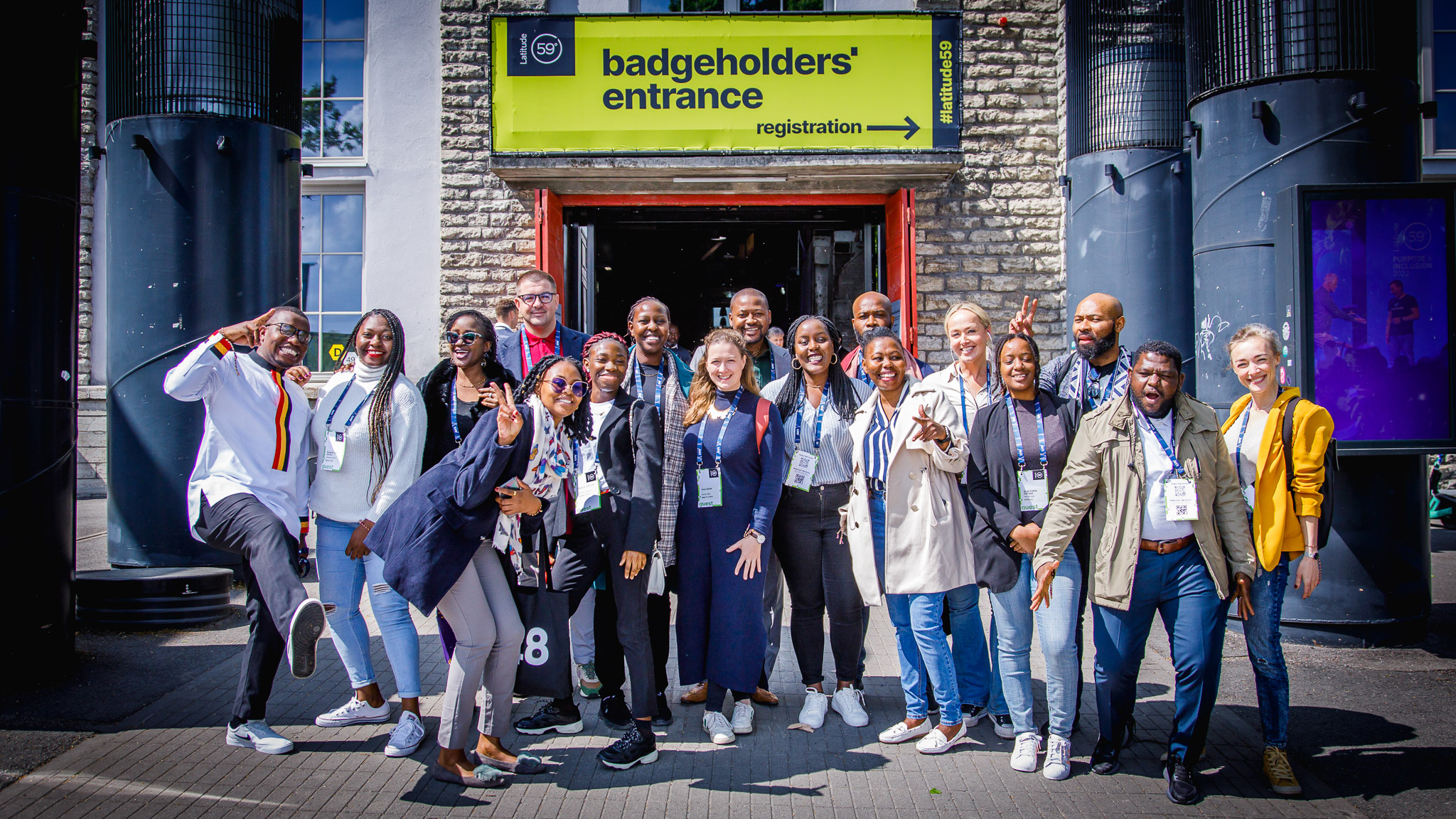
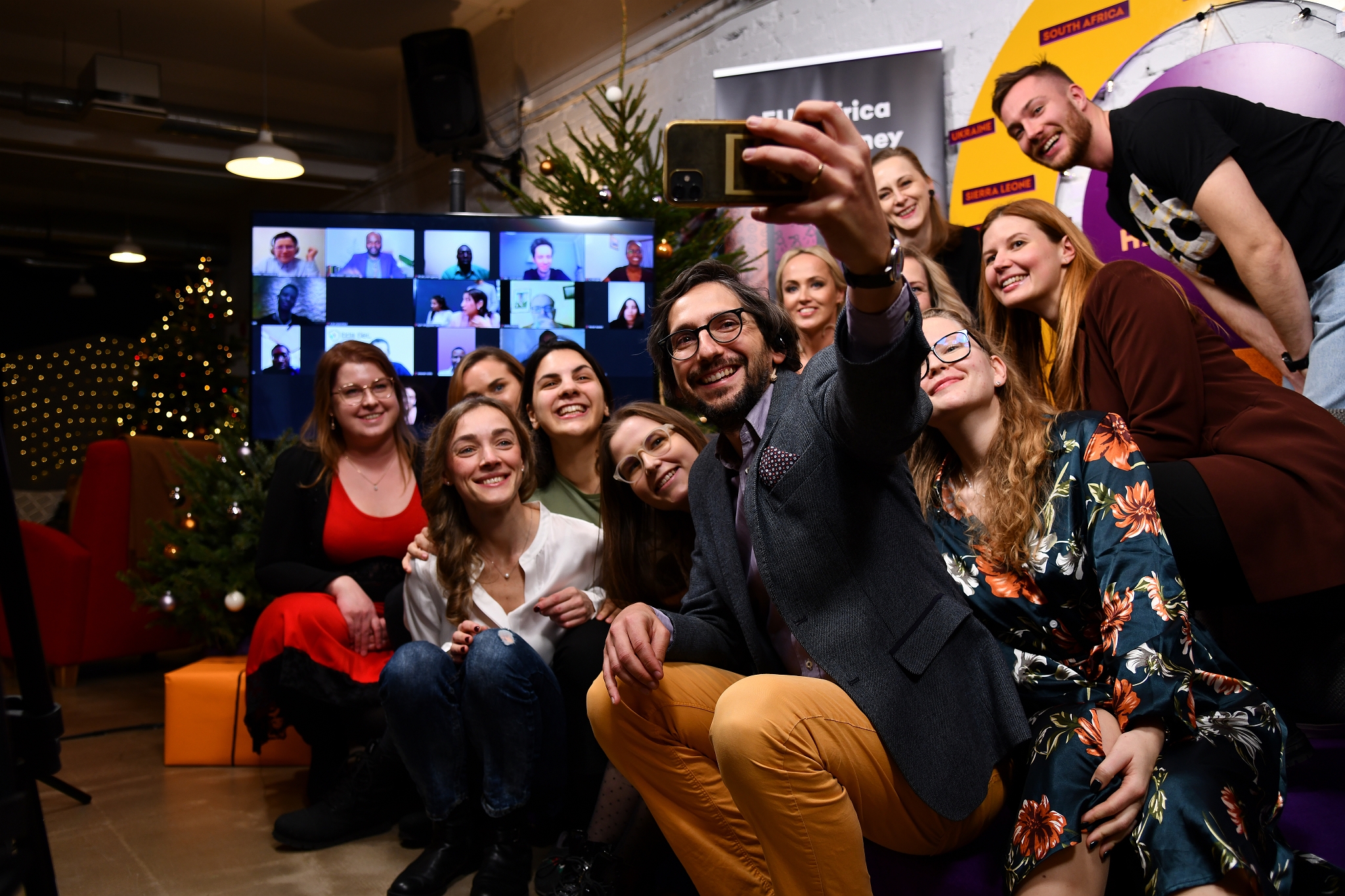
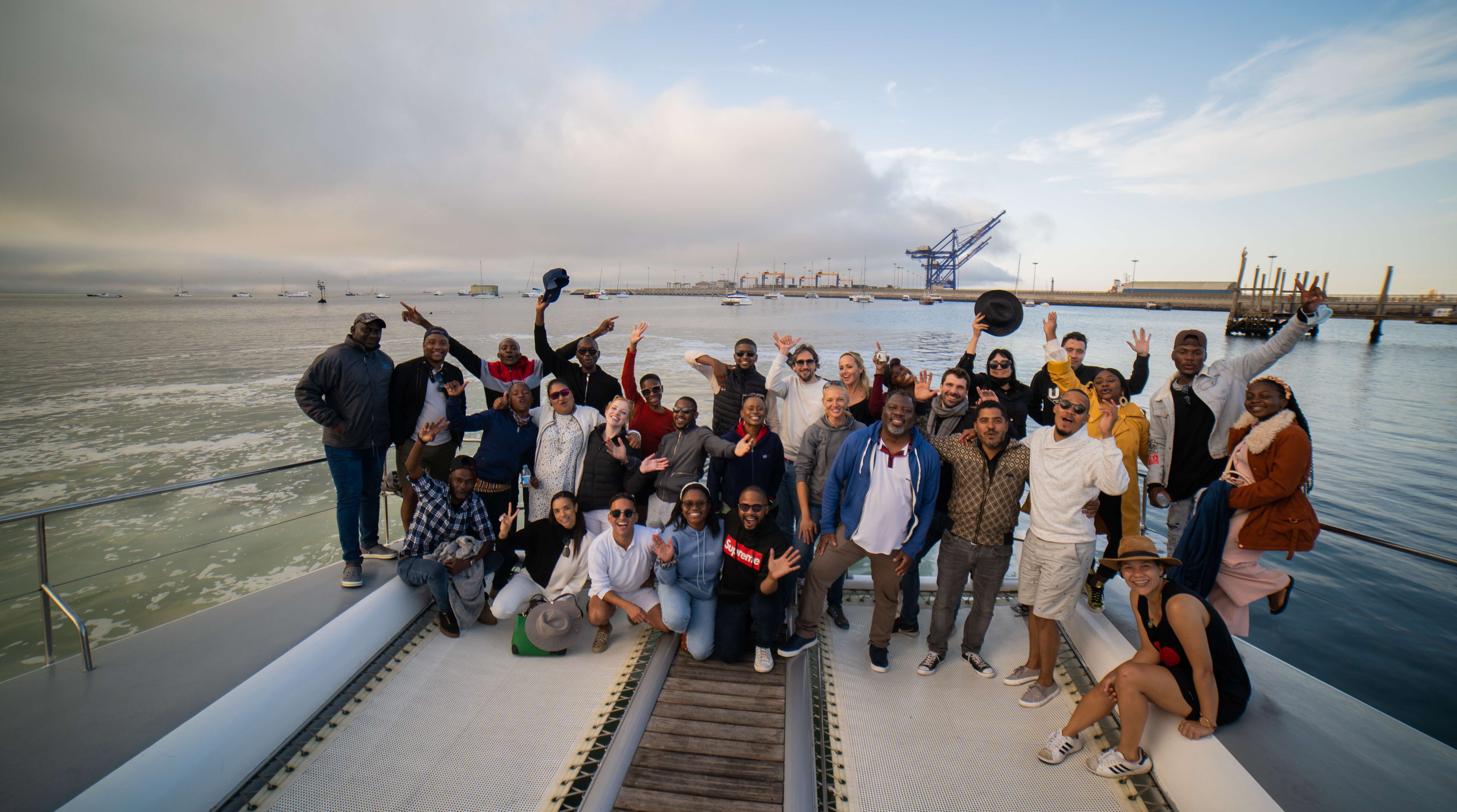
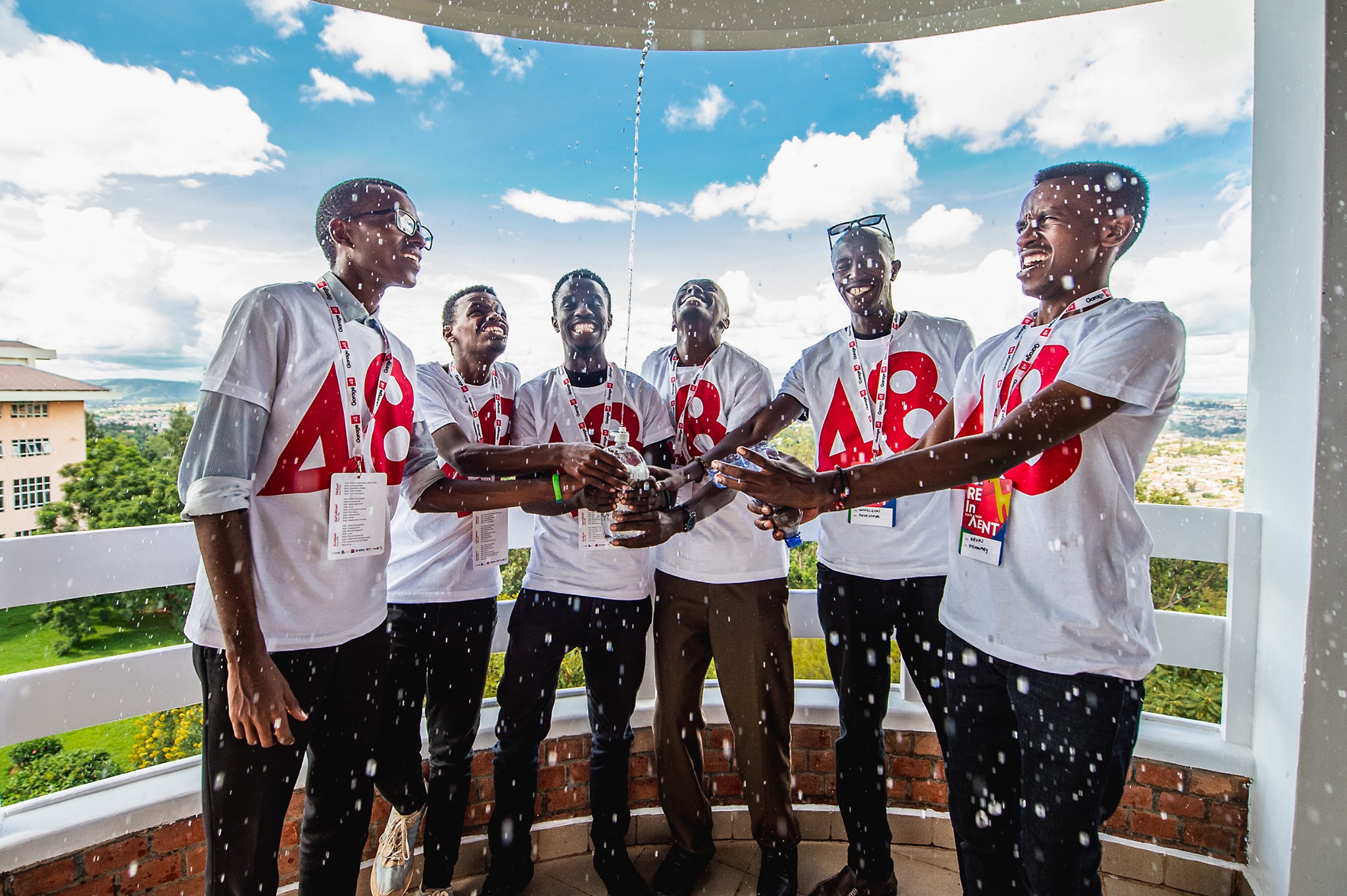
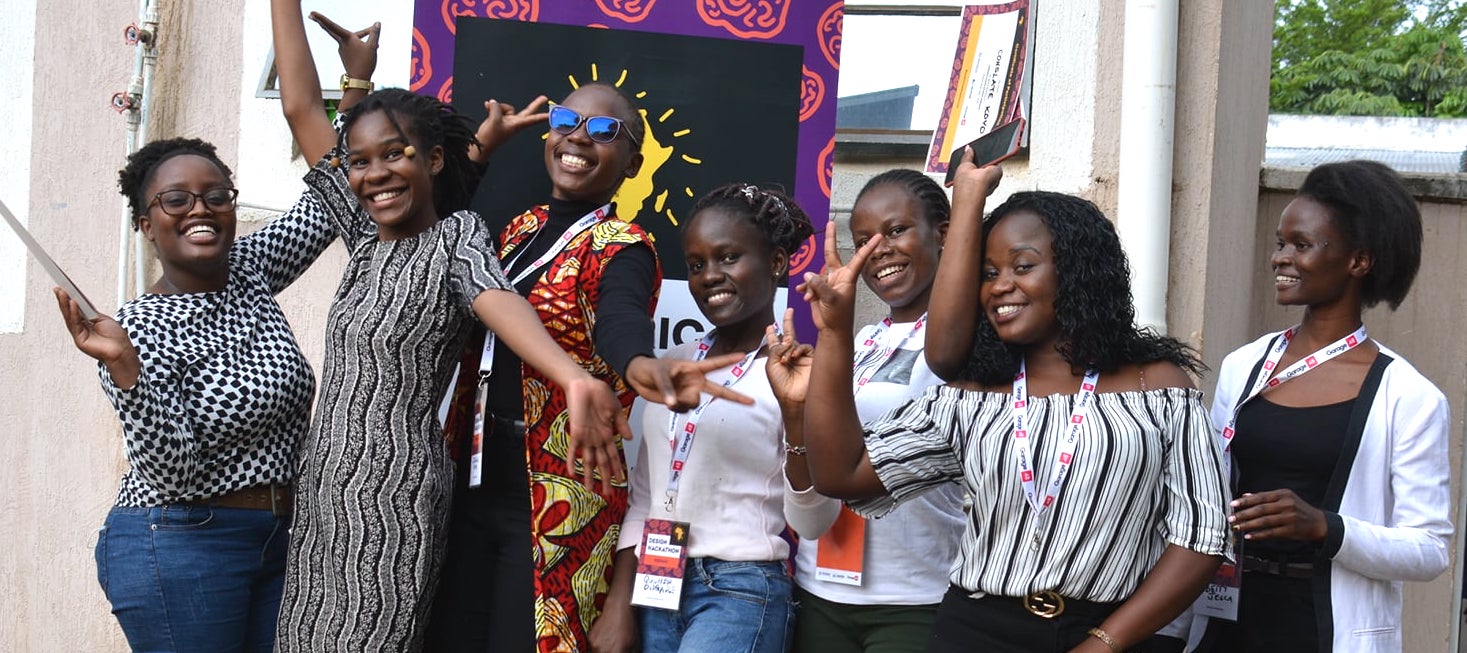
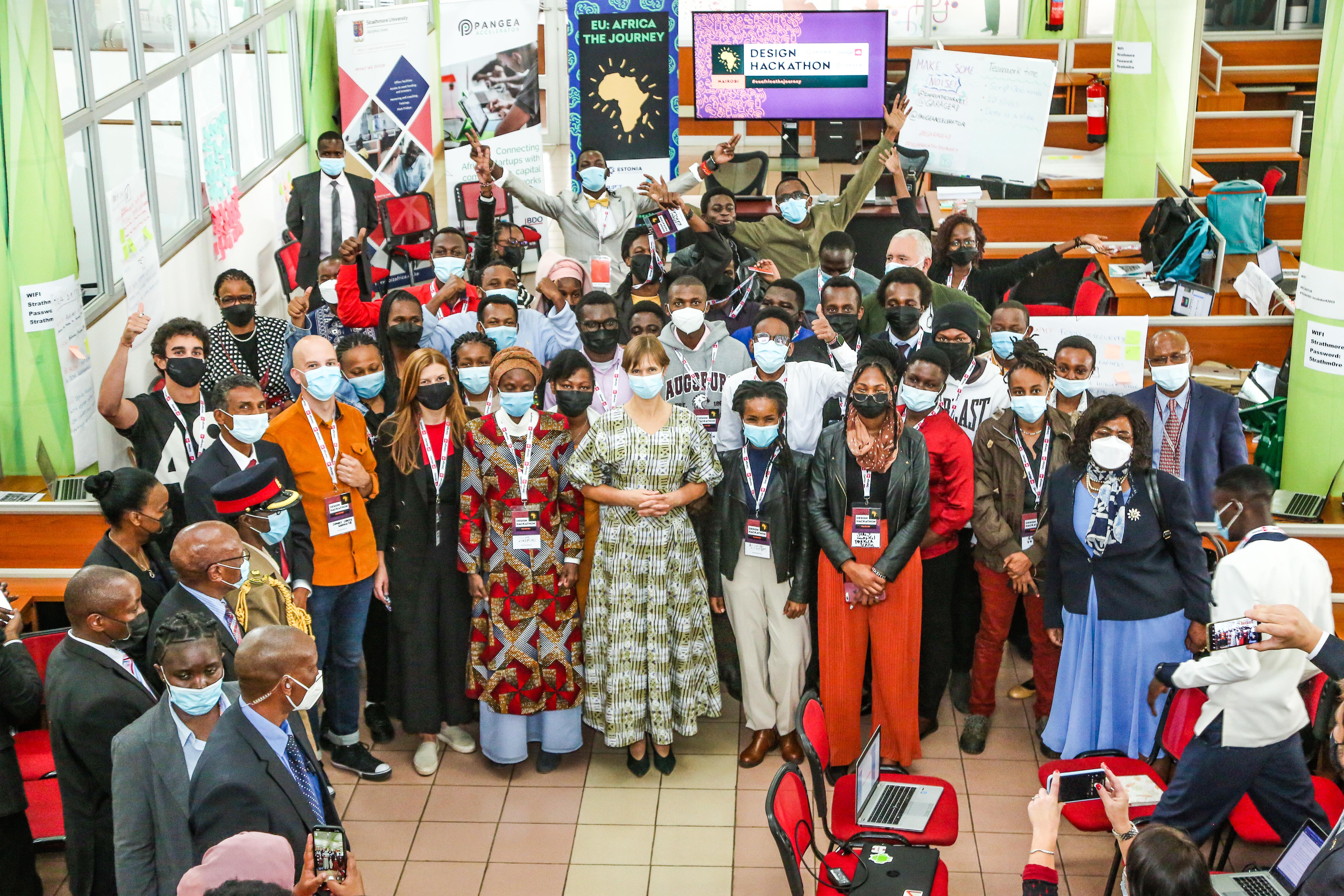
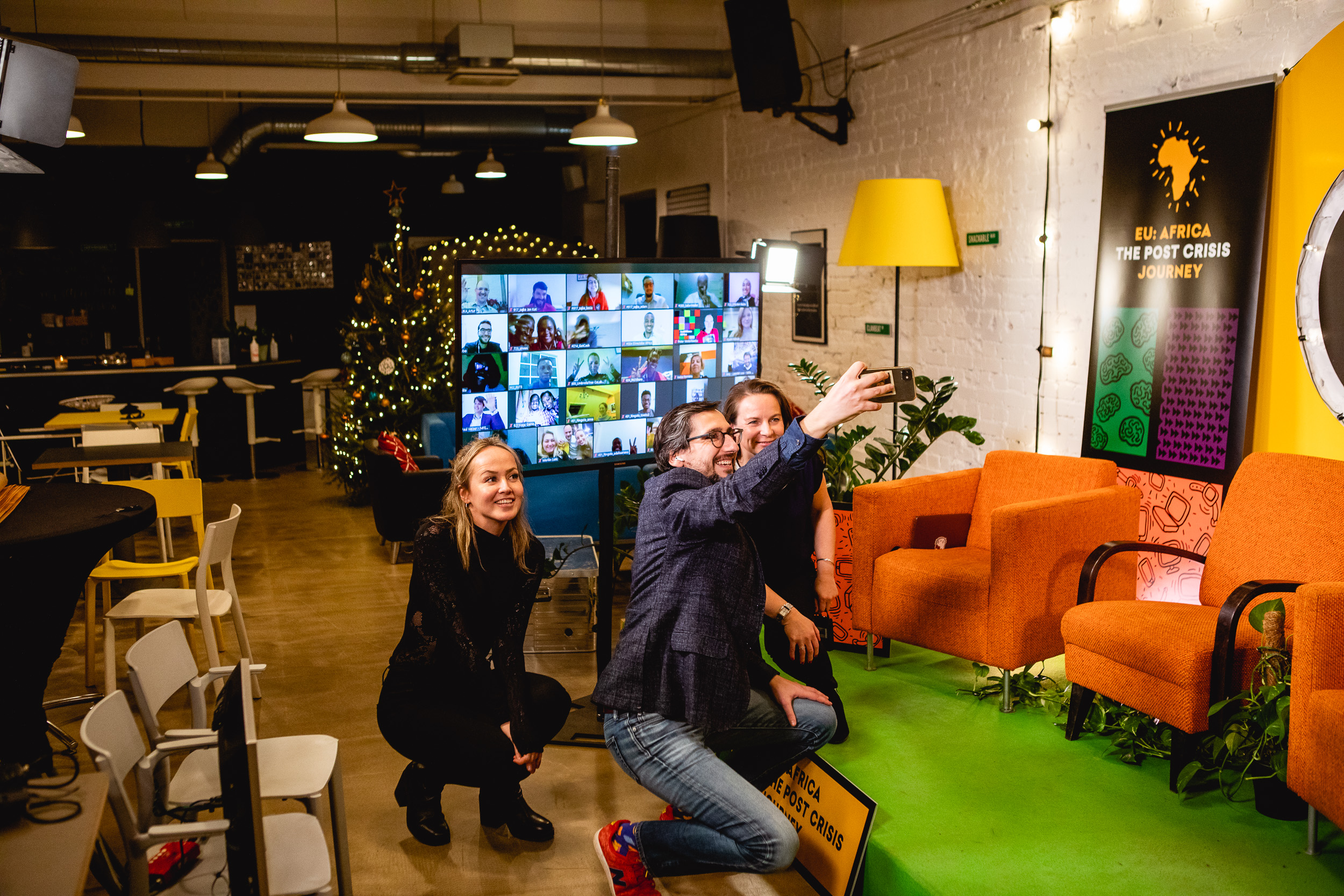
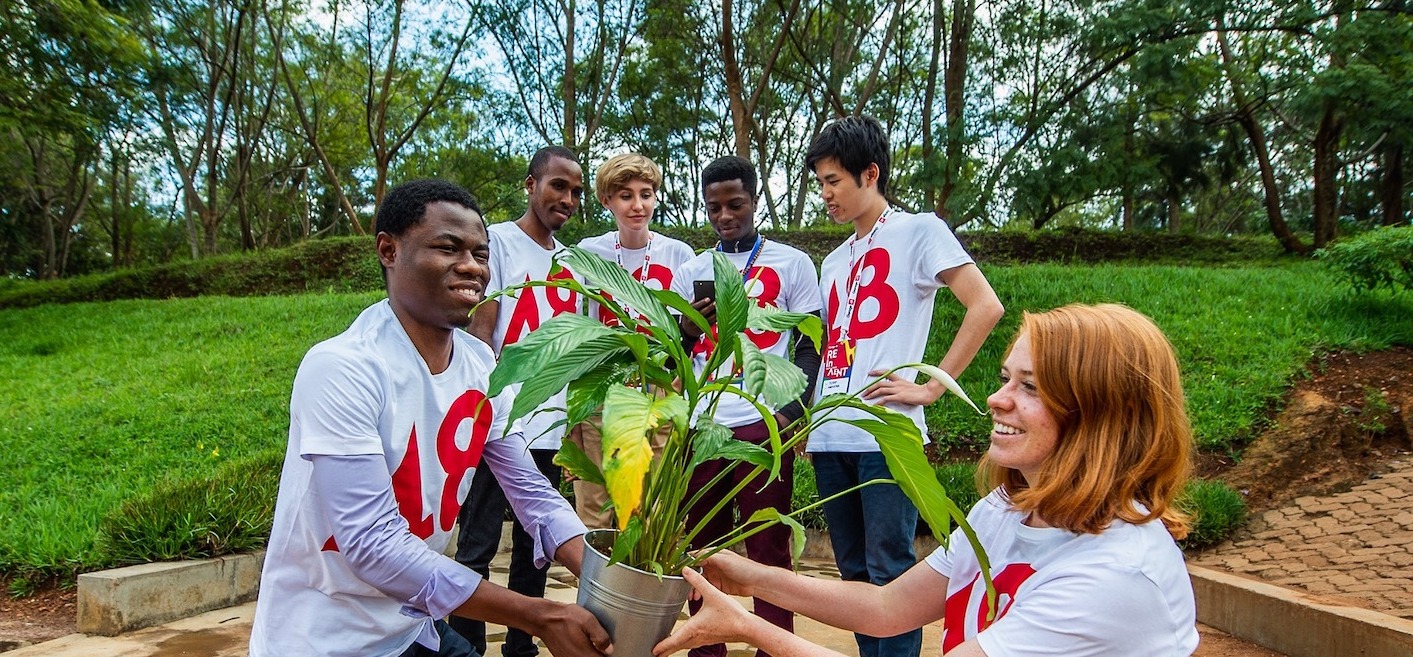

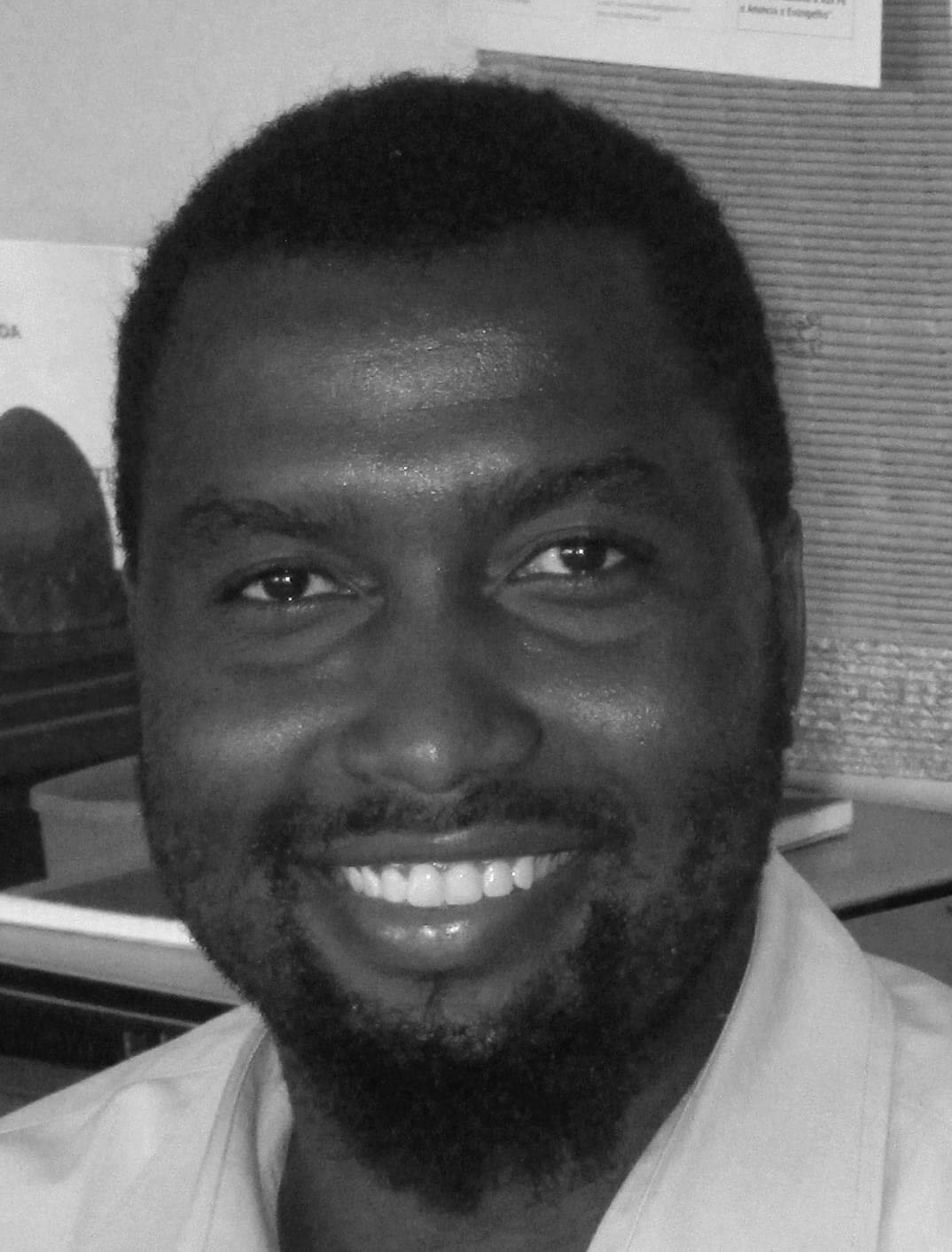
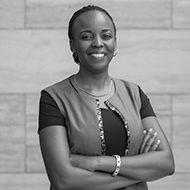
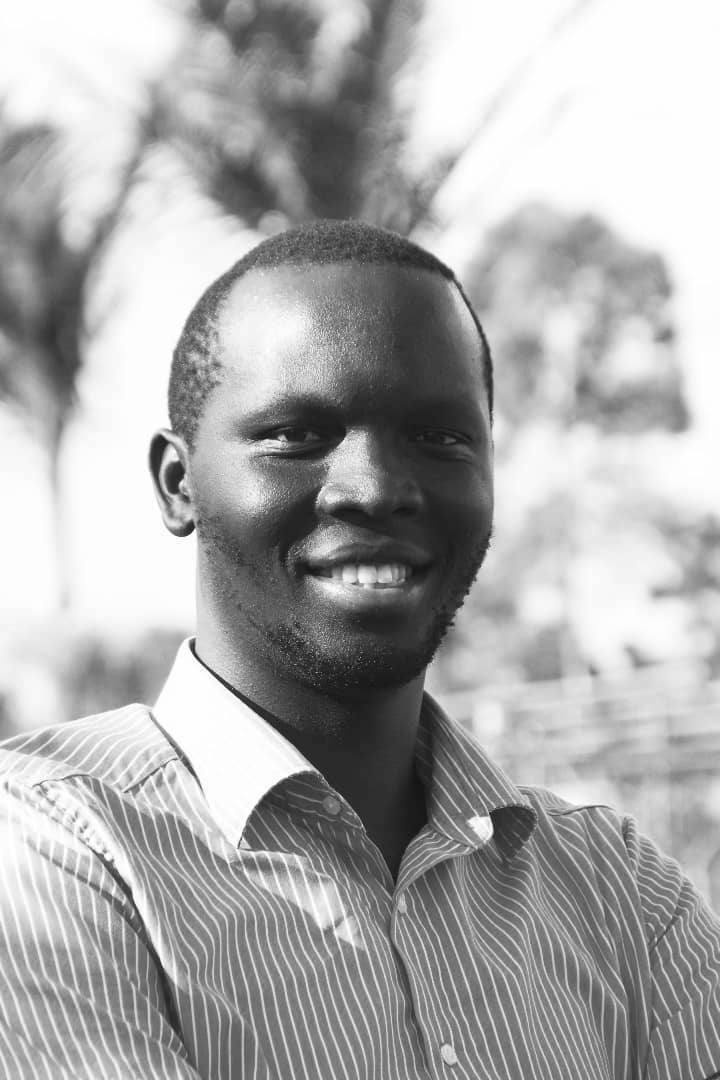

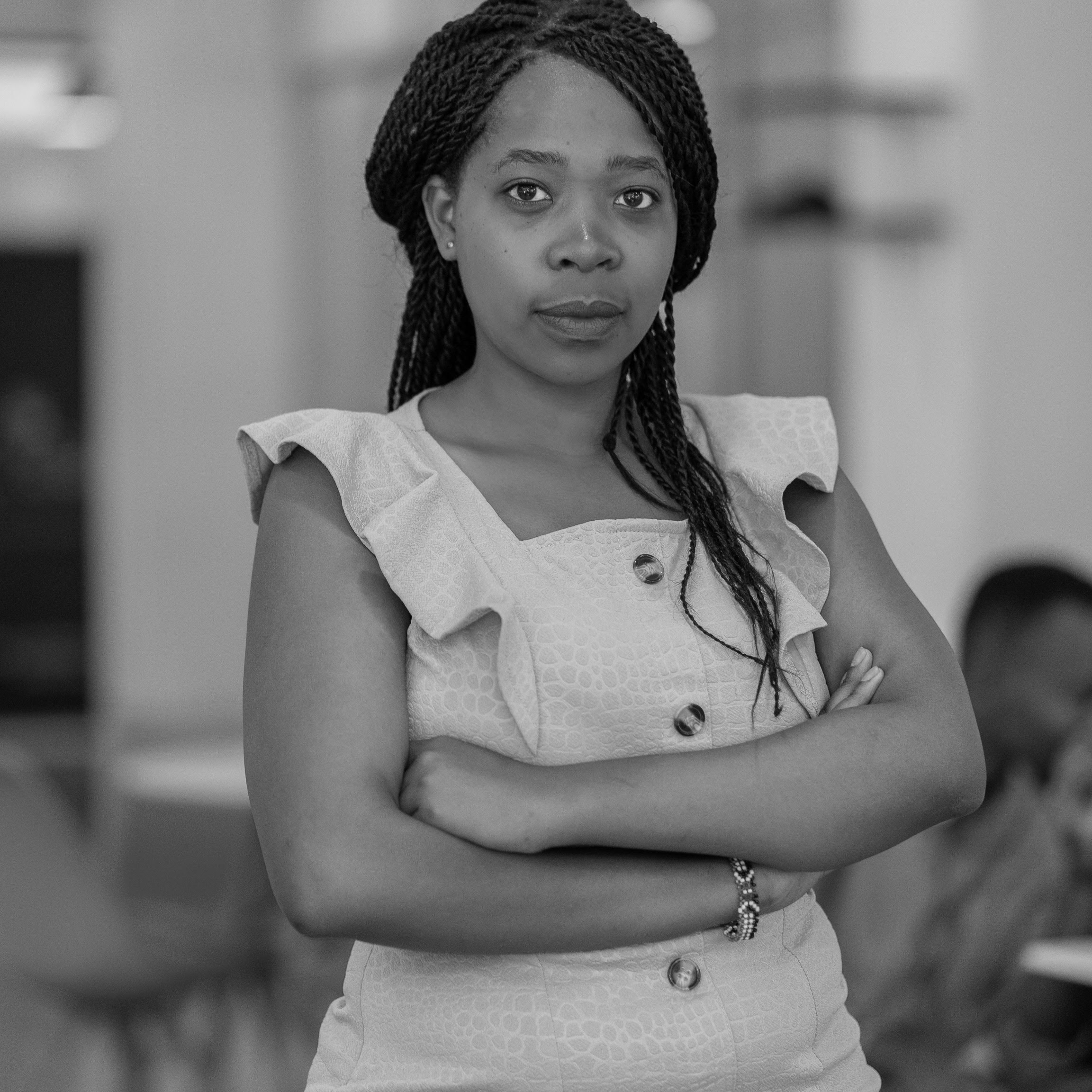
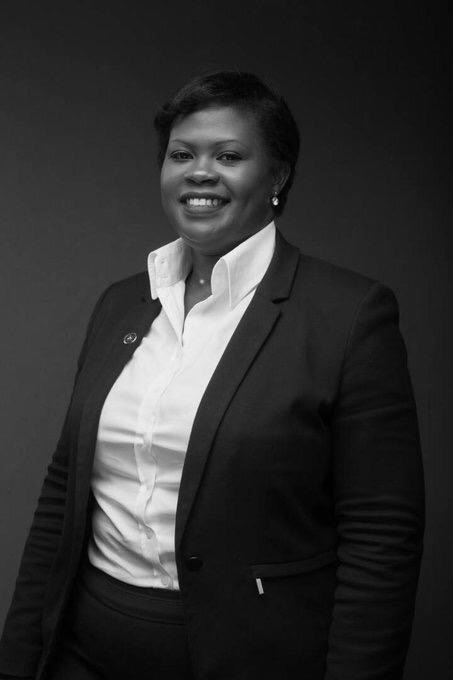
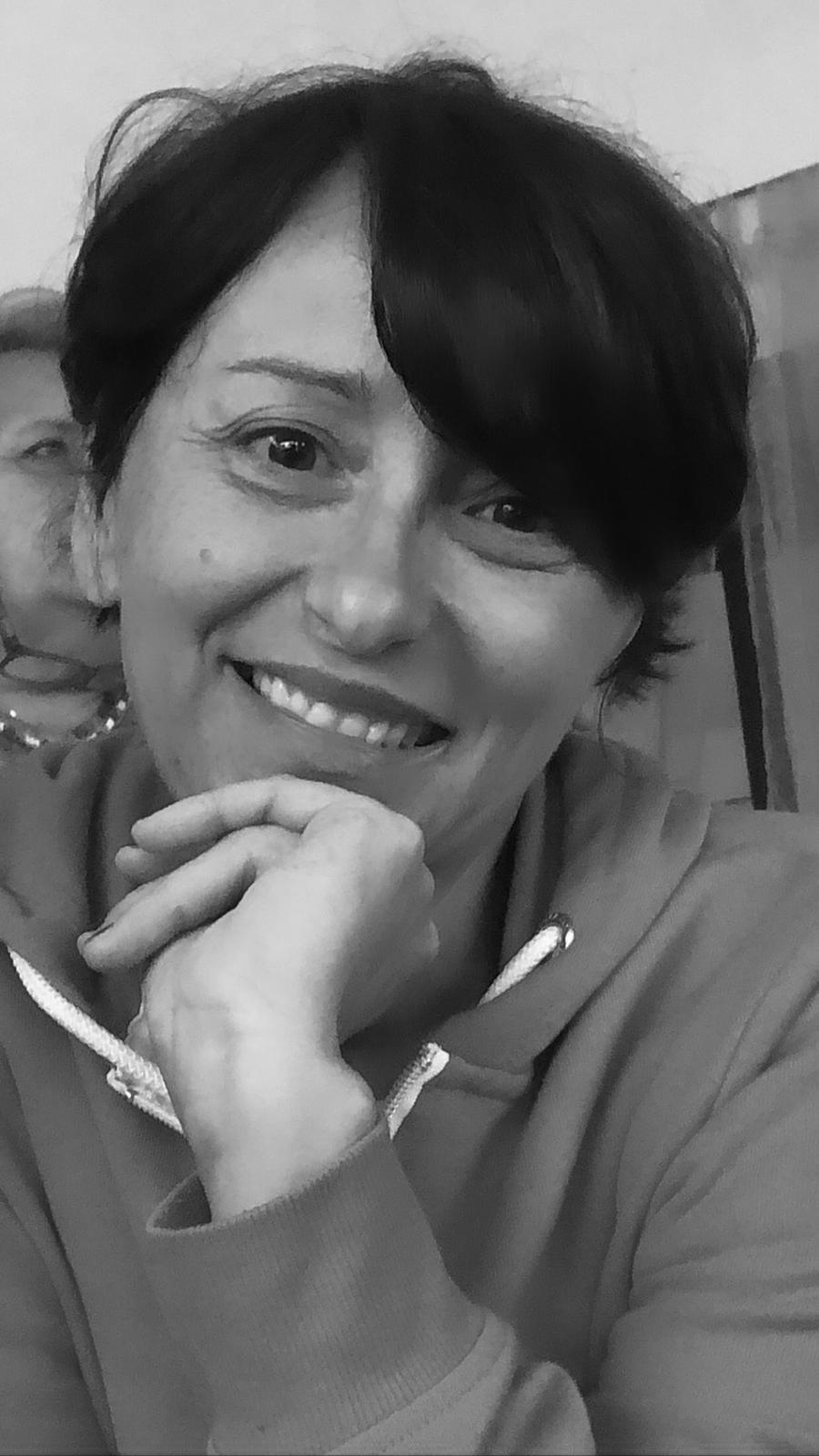
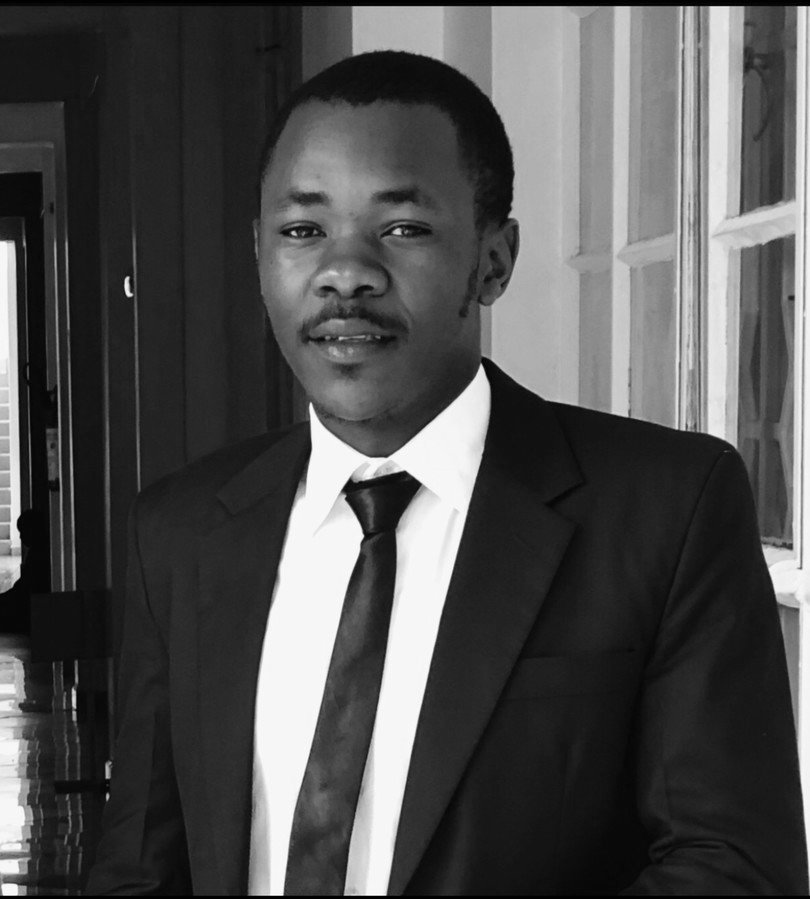



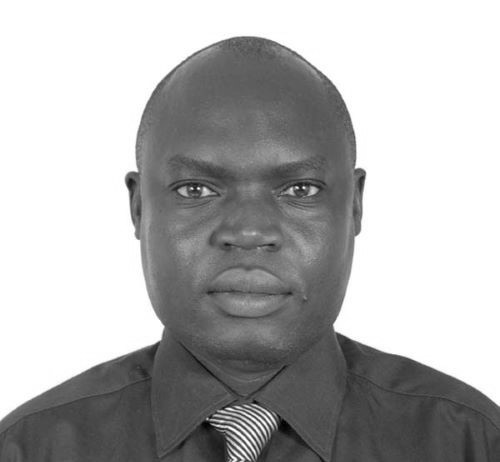
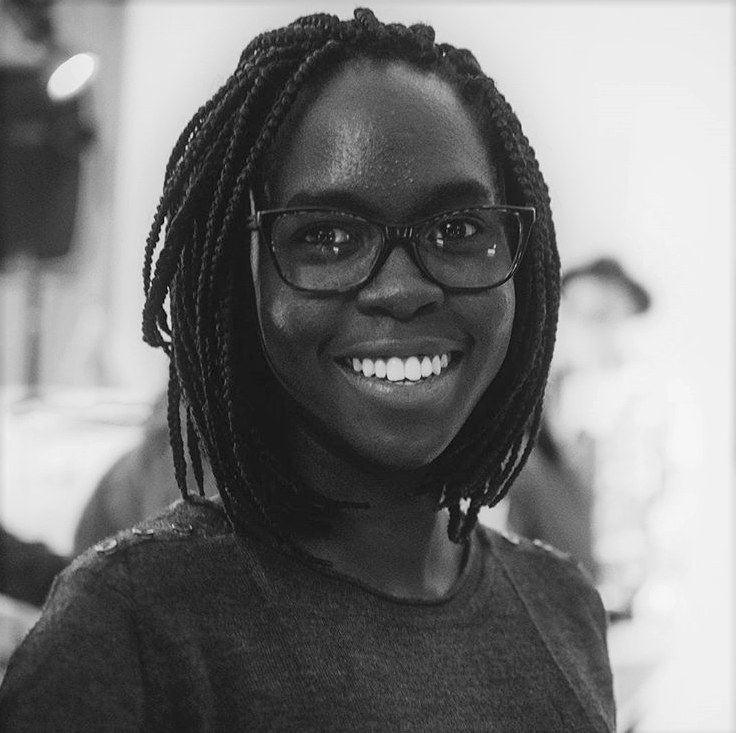

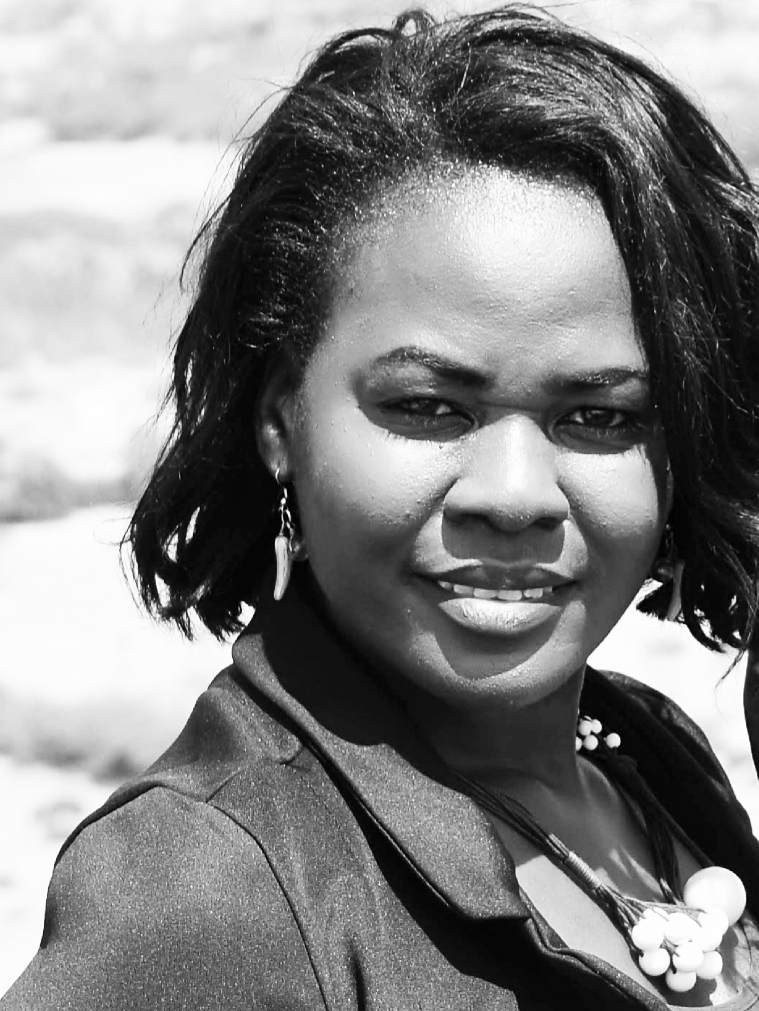
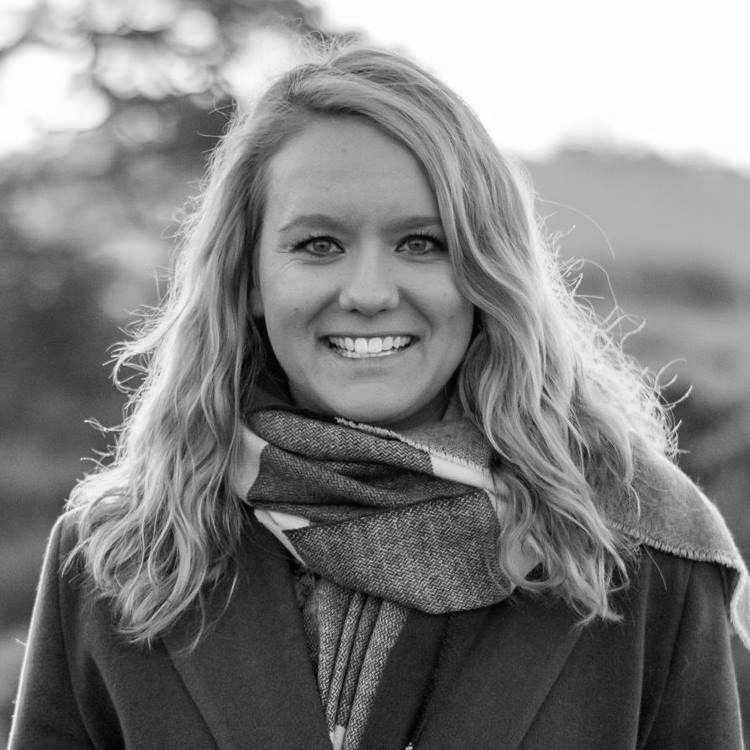
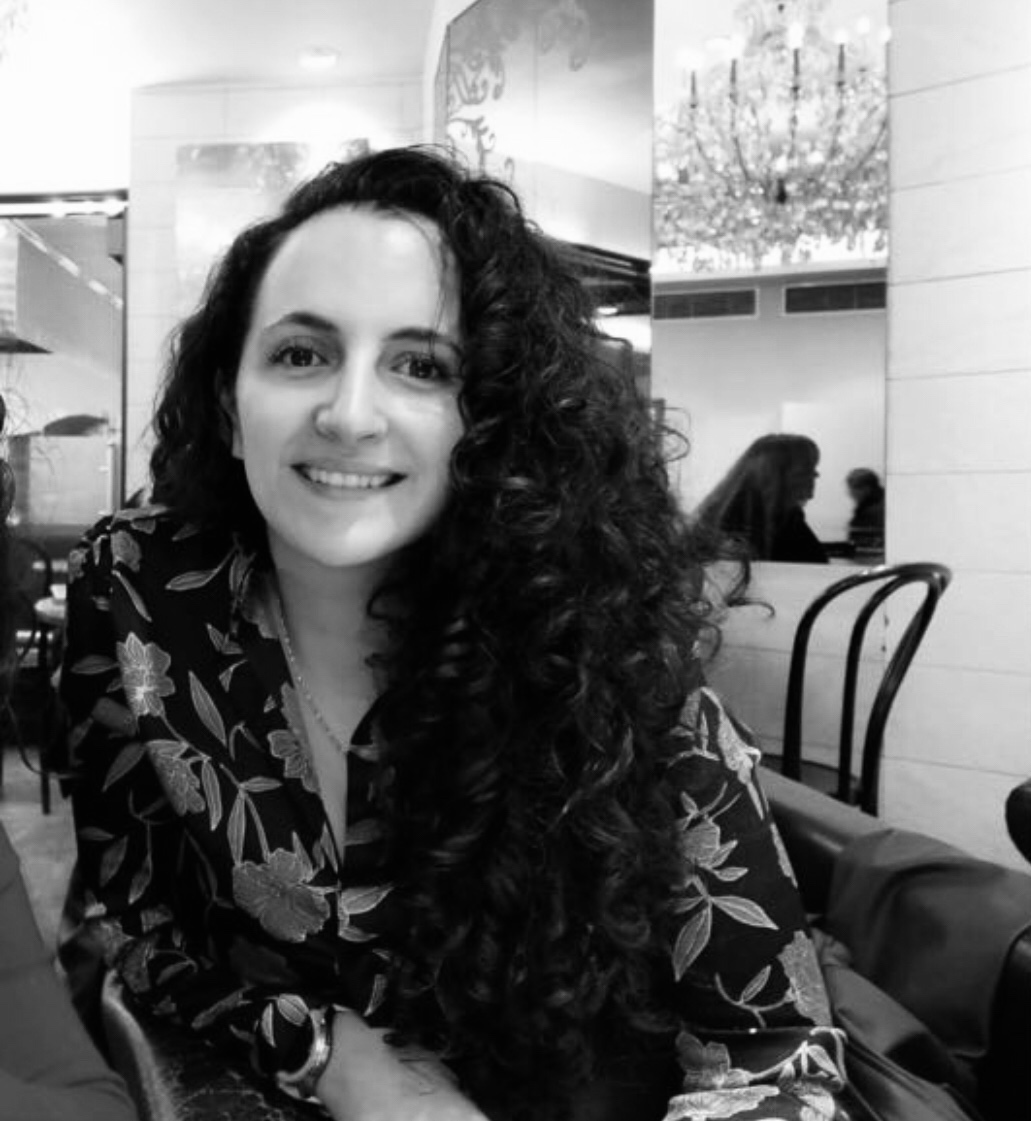




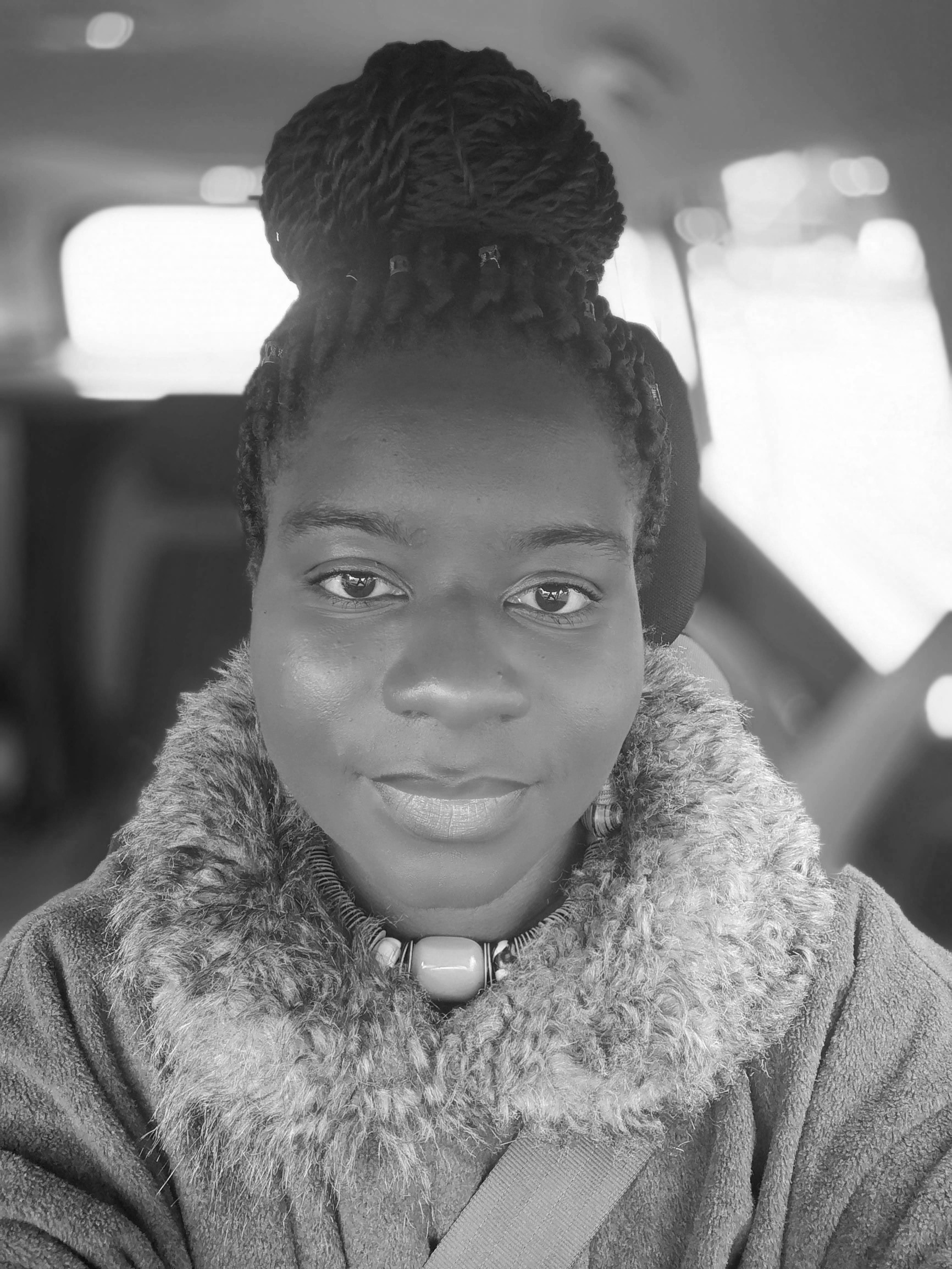

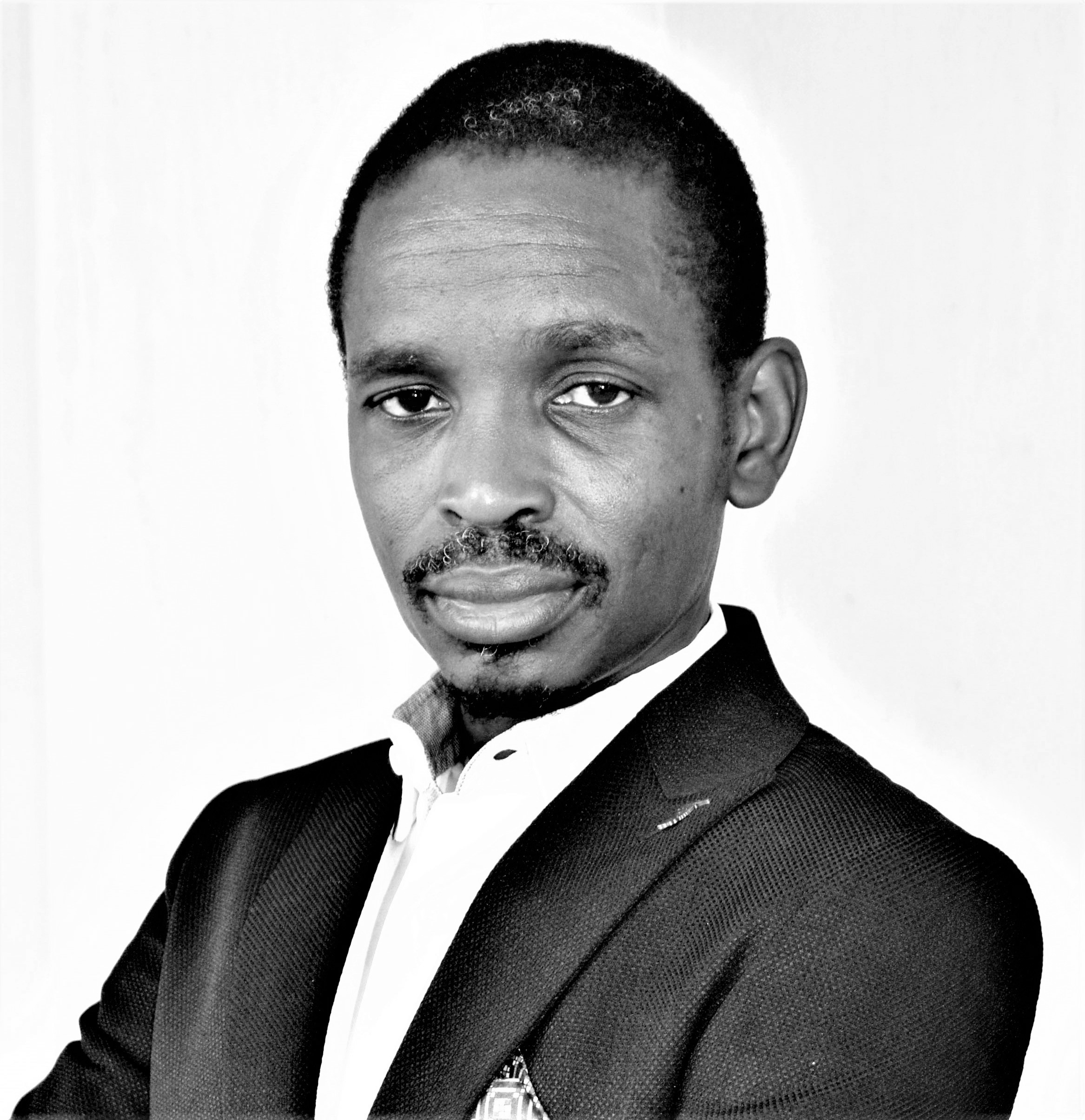


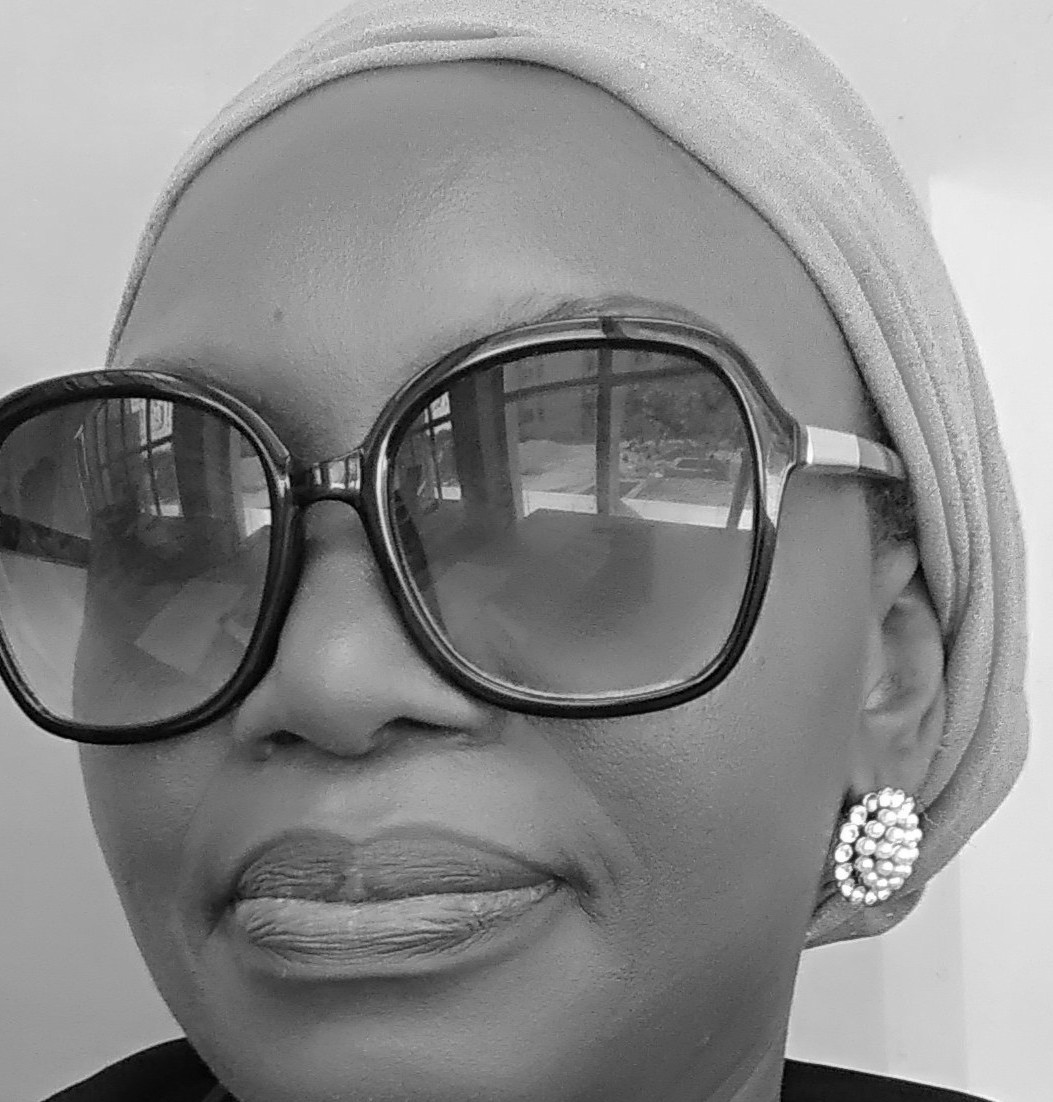
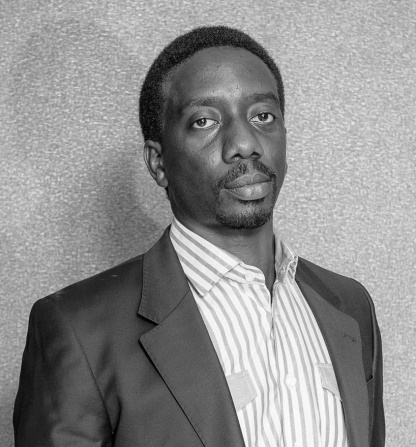
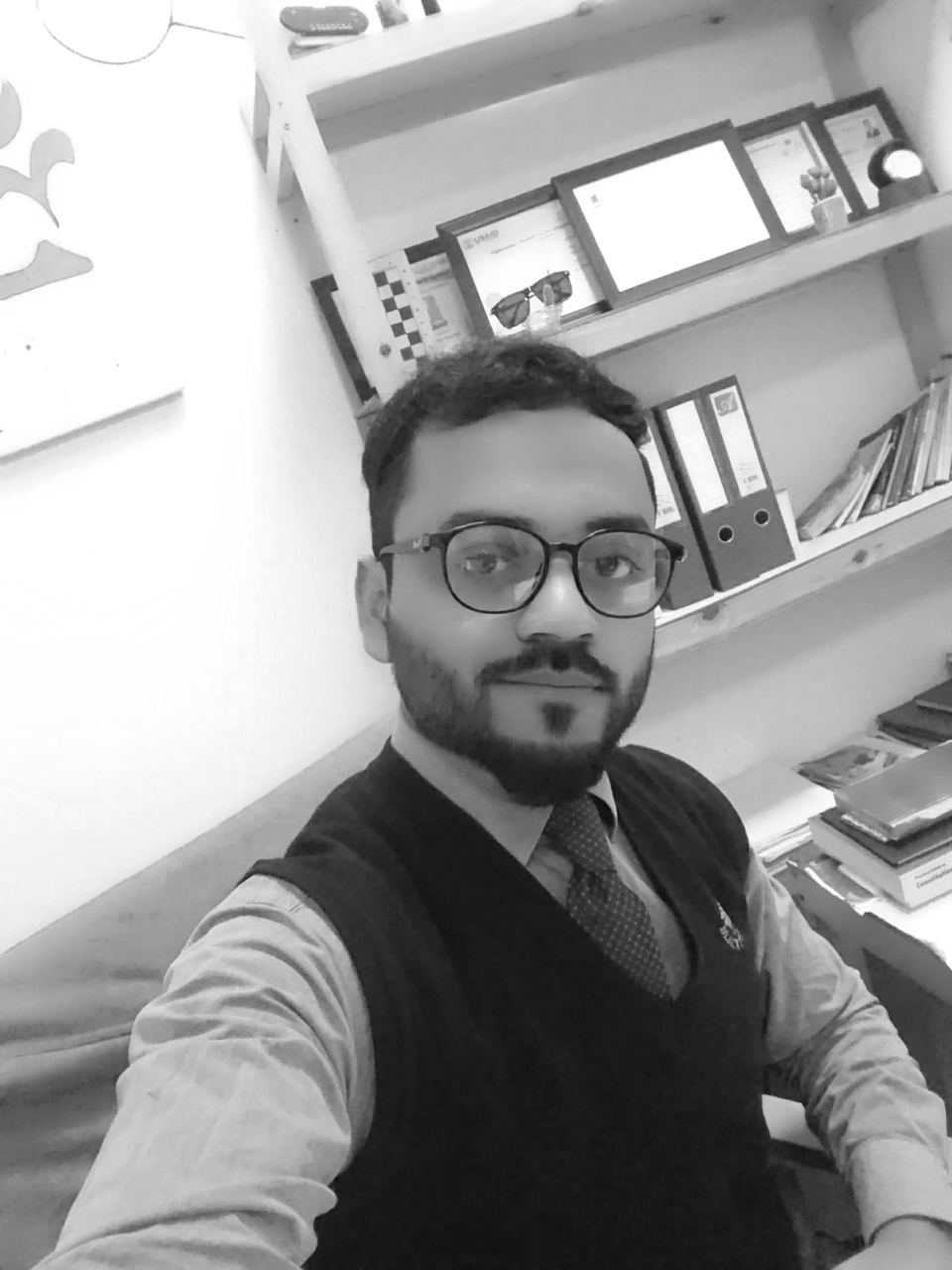


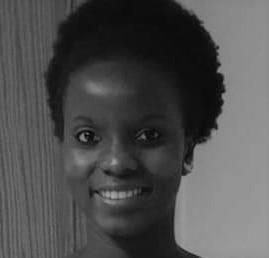
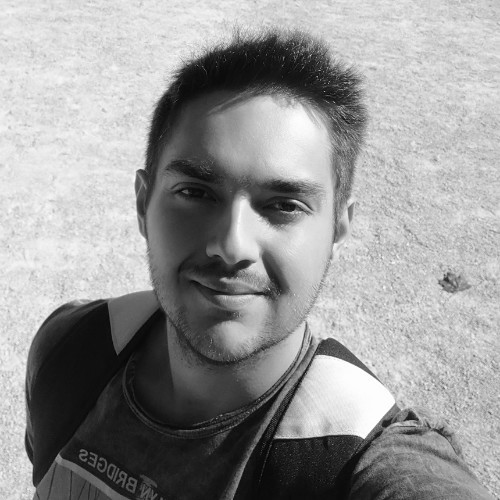

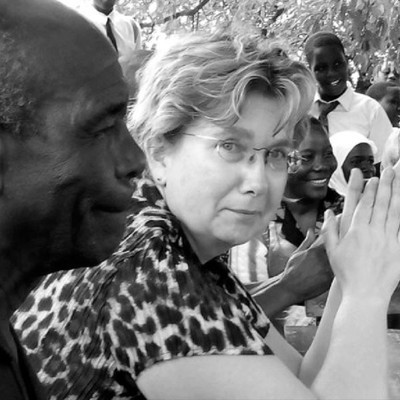

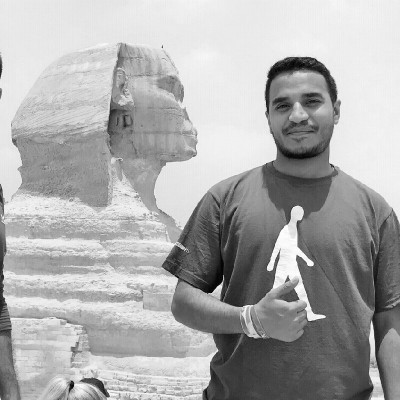


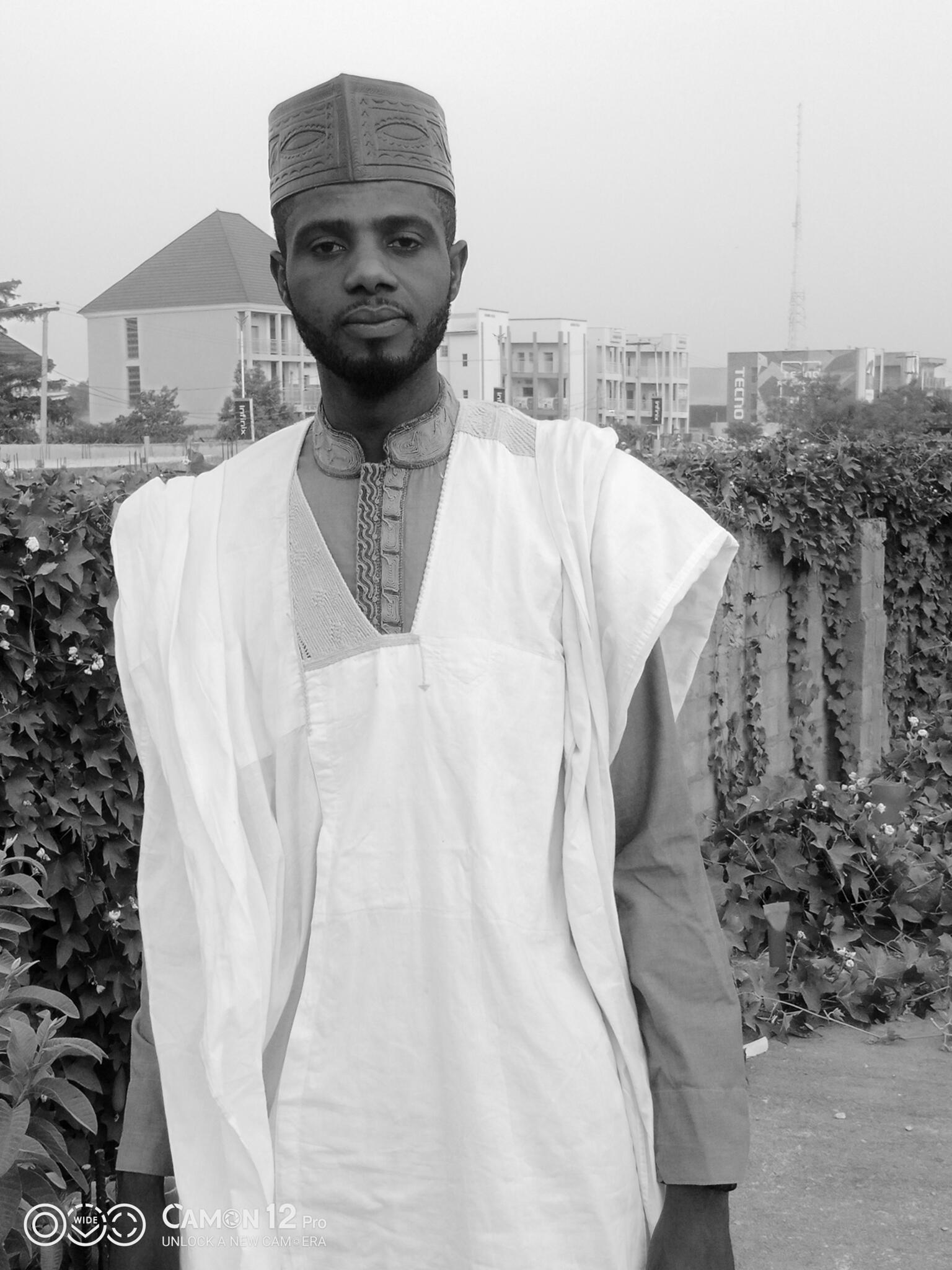

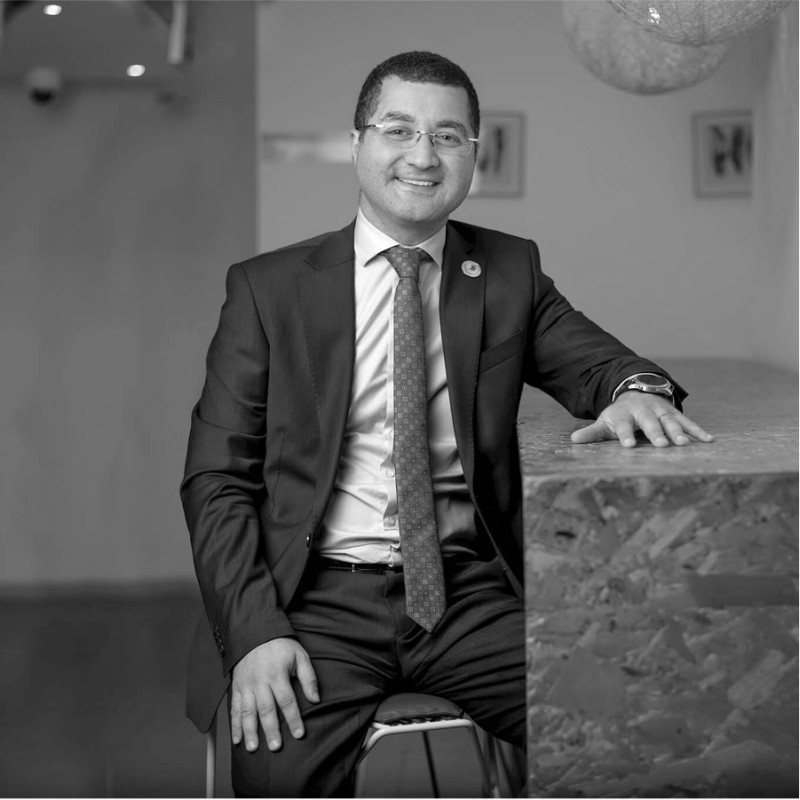

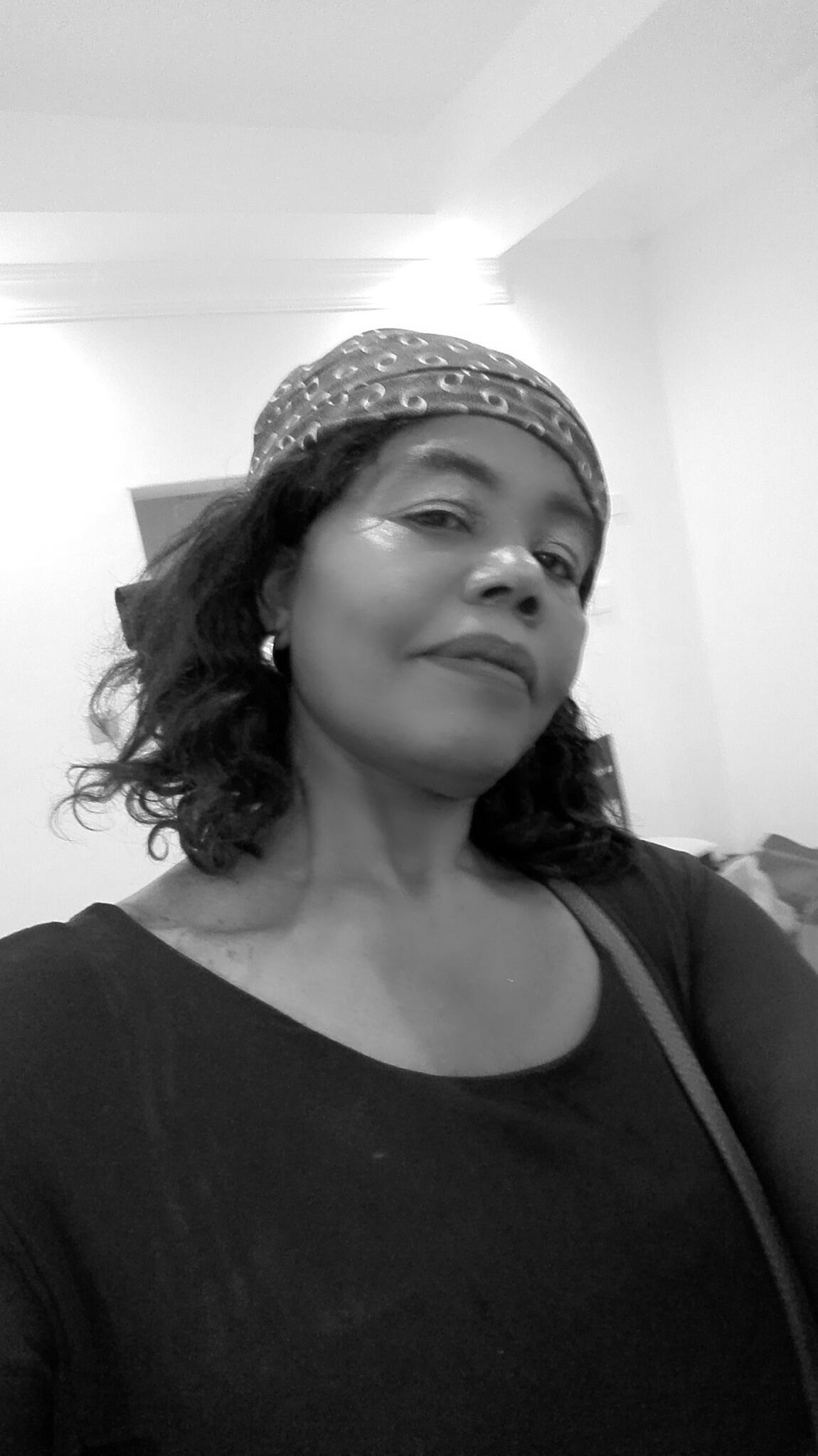
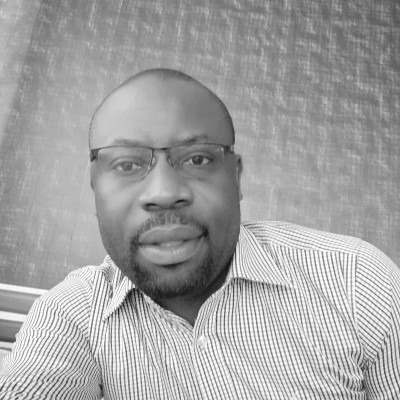
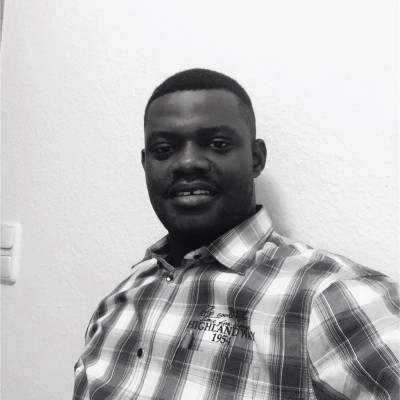
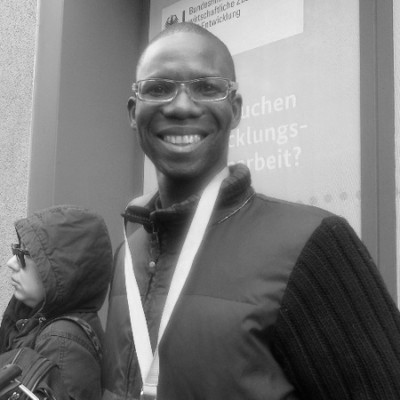


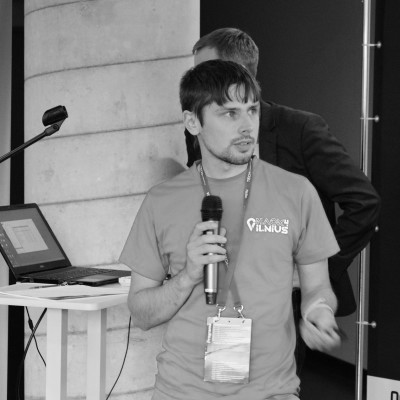


-1.png)
